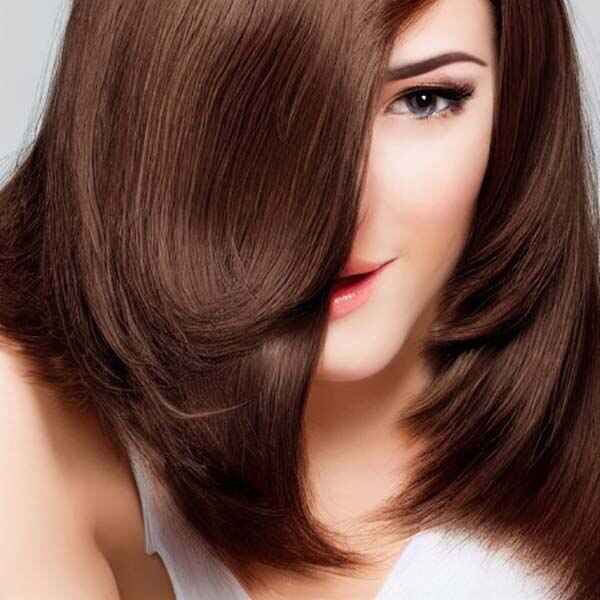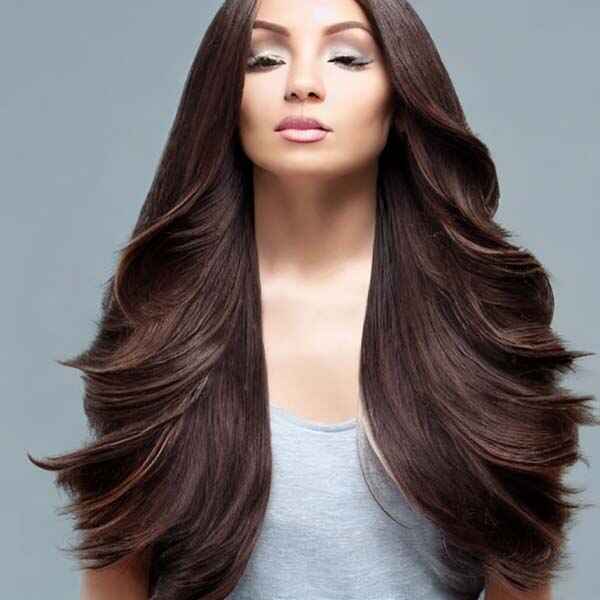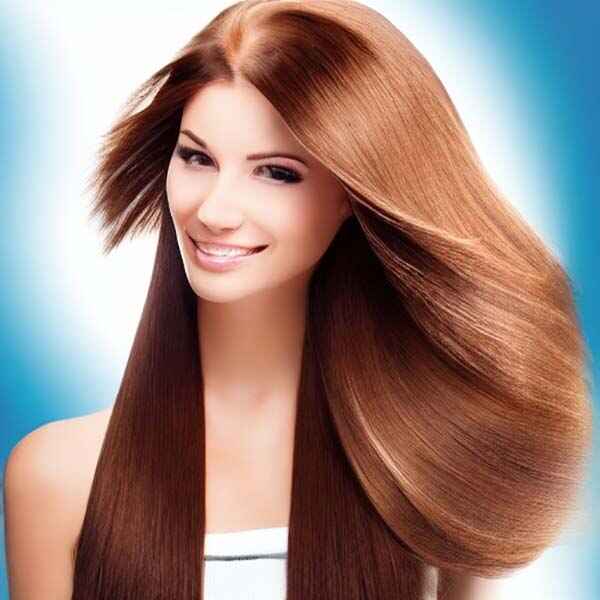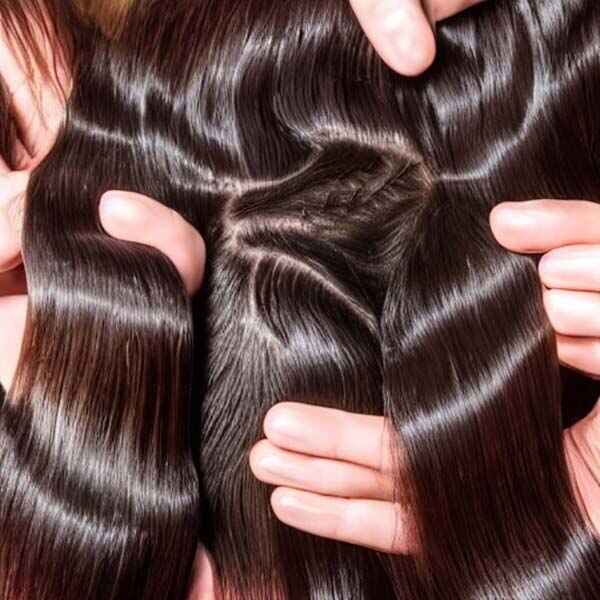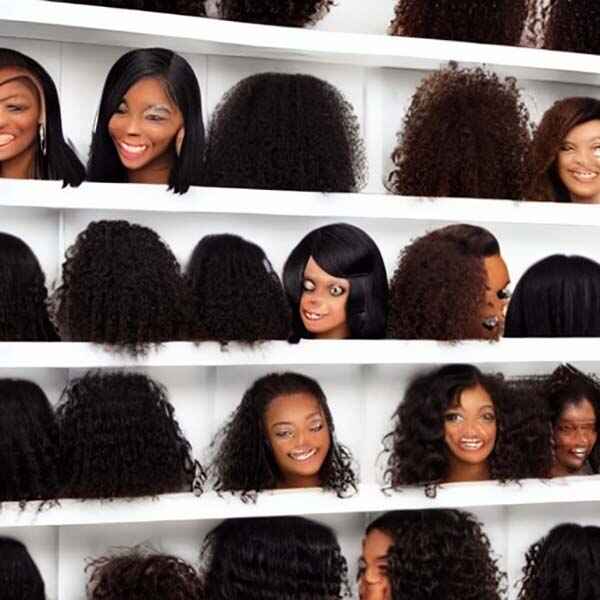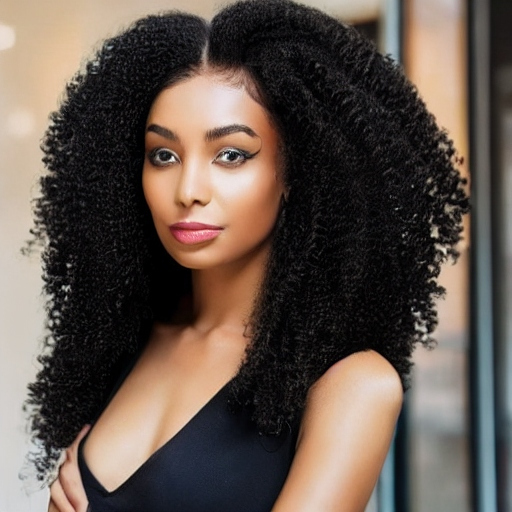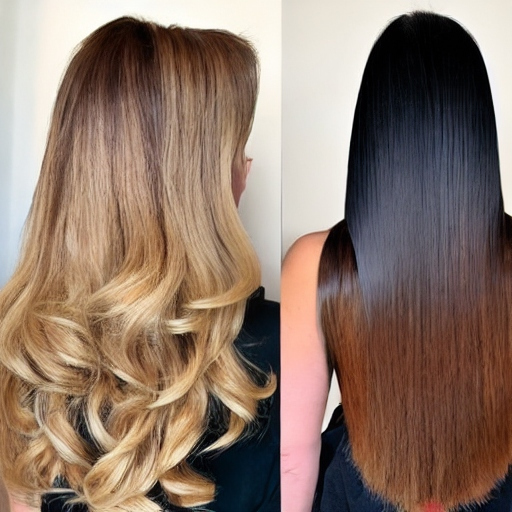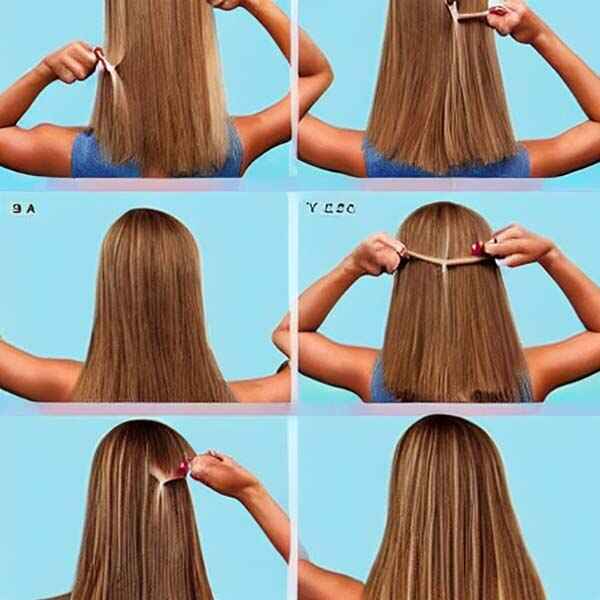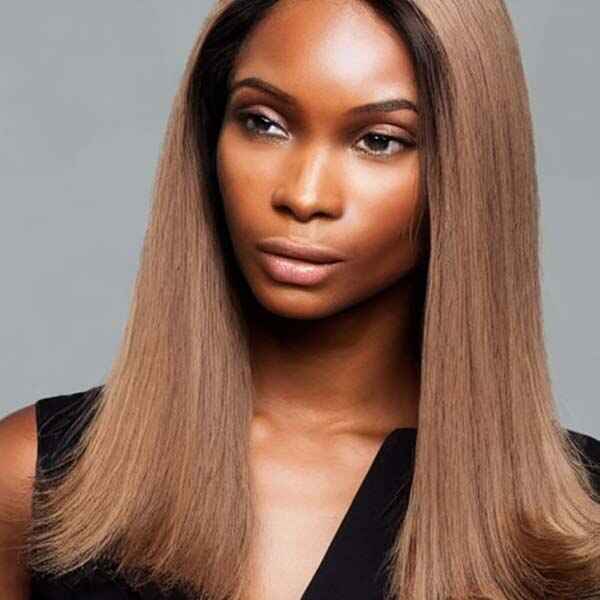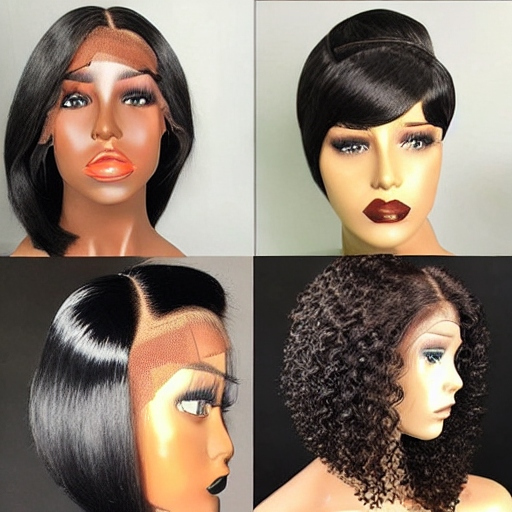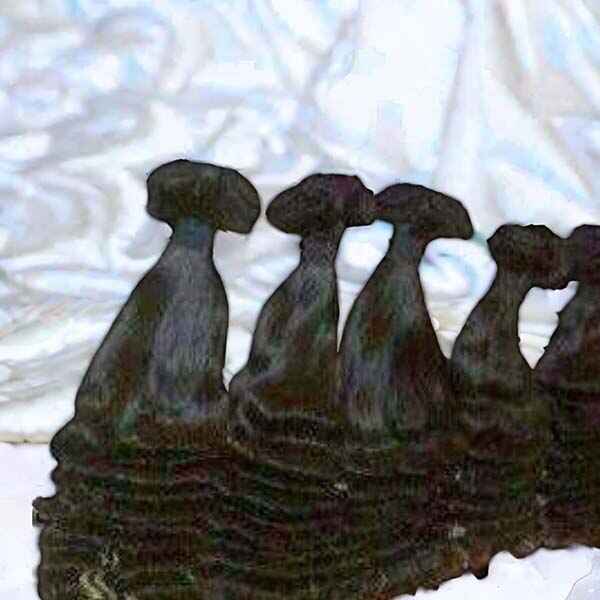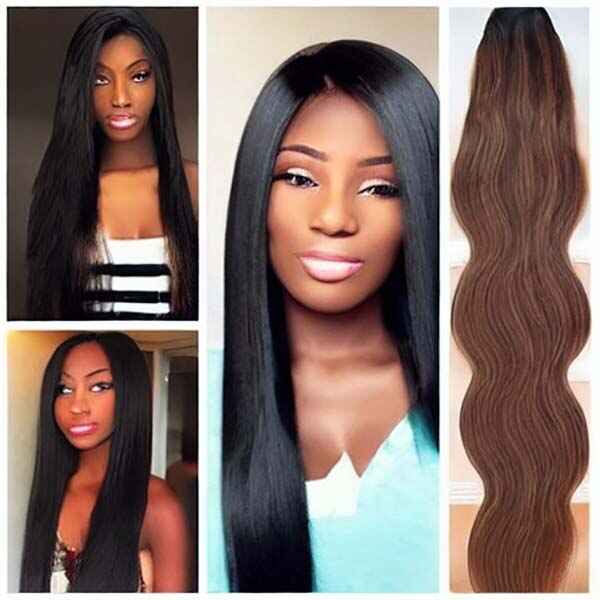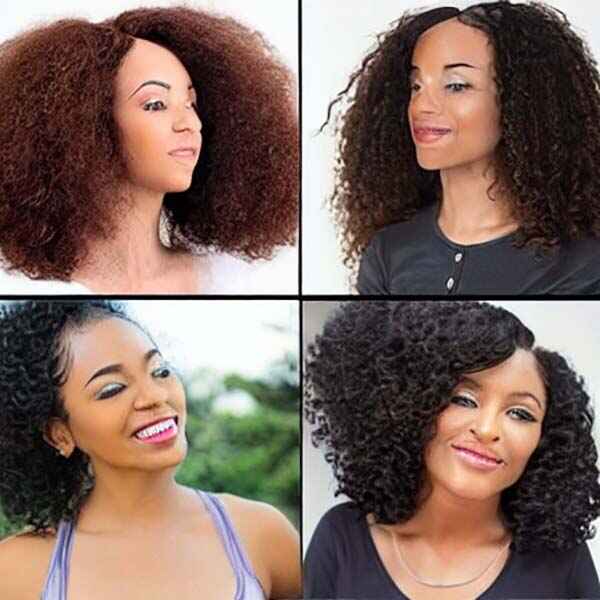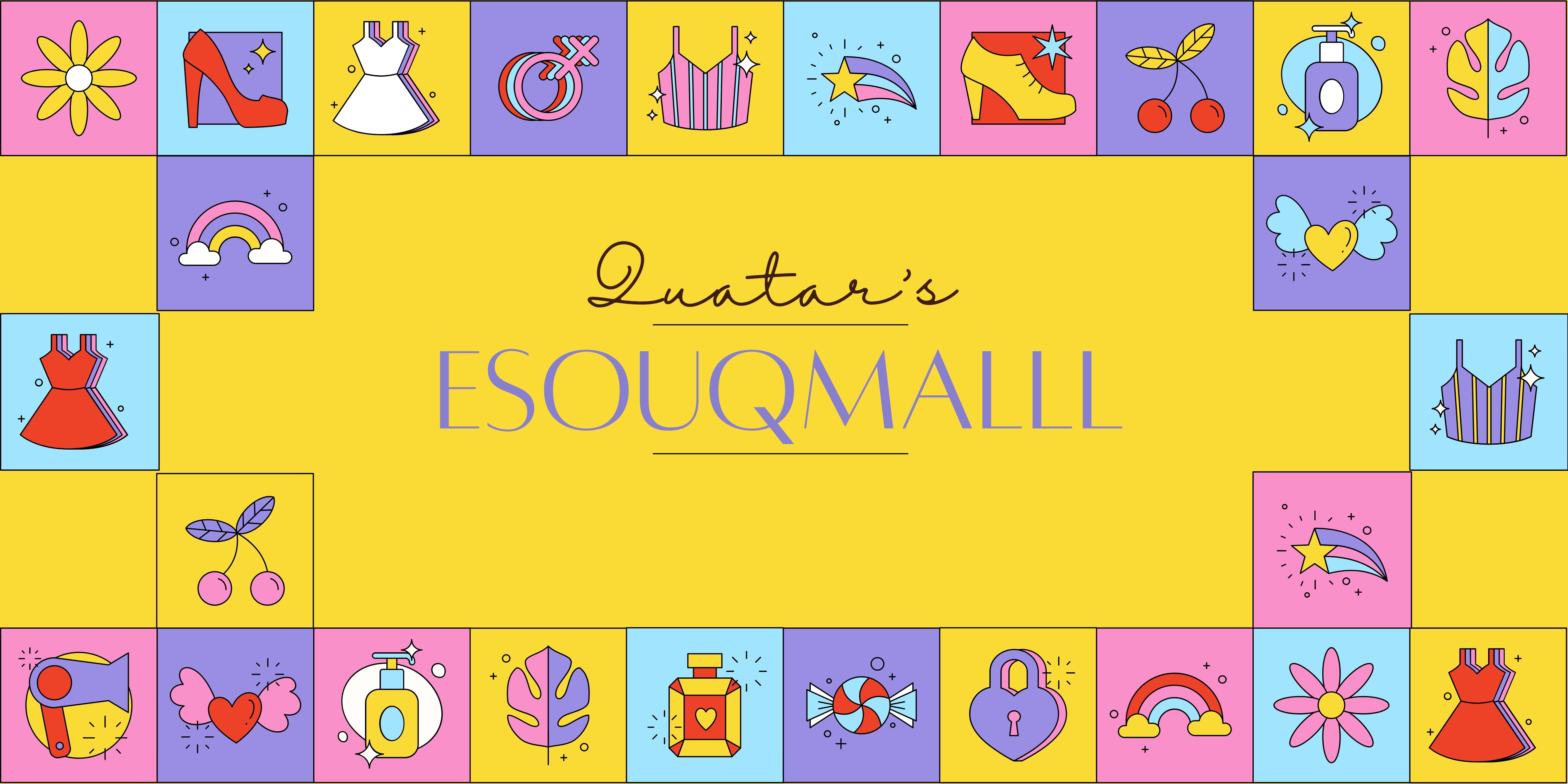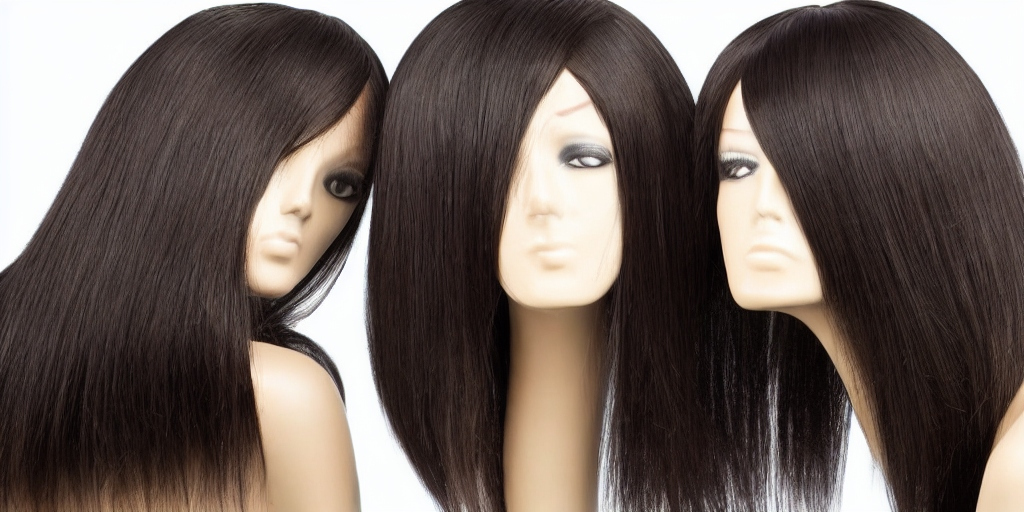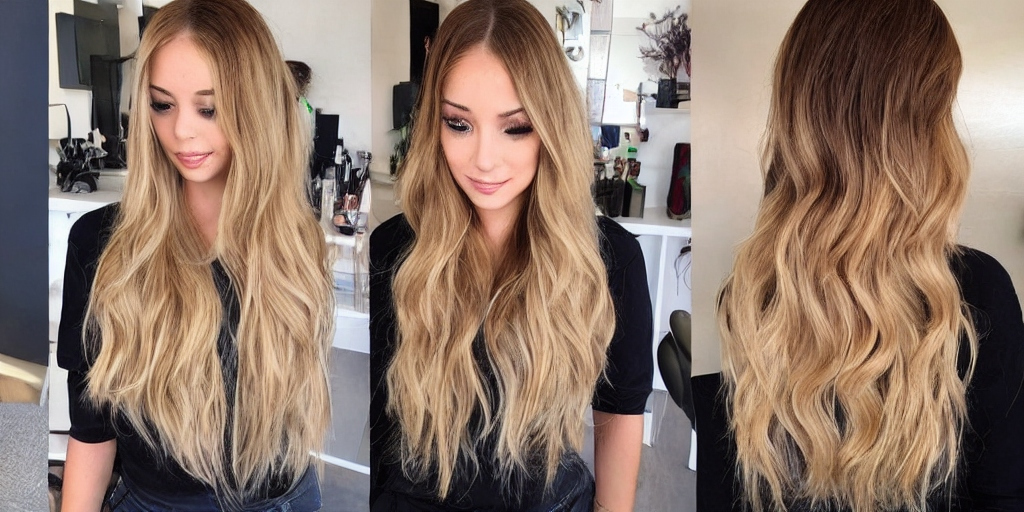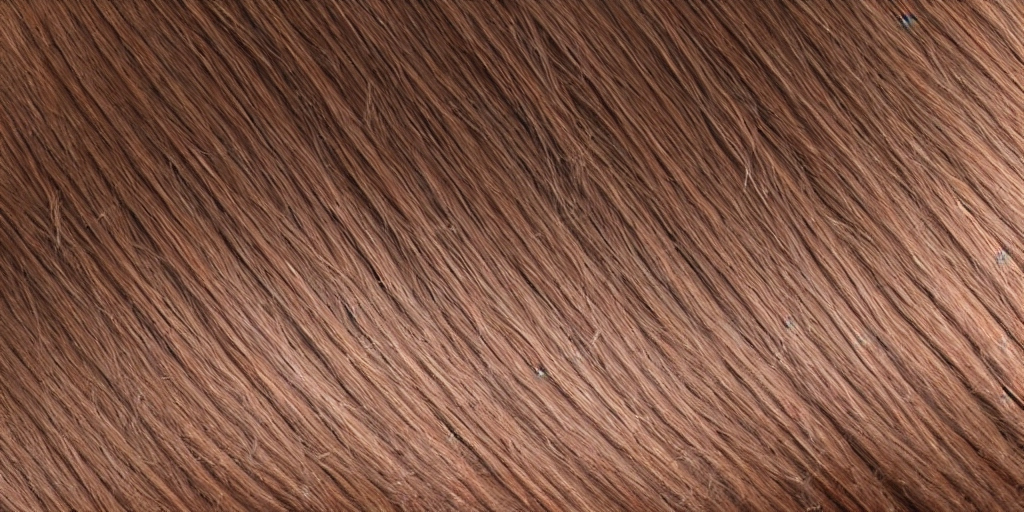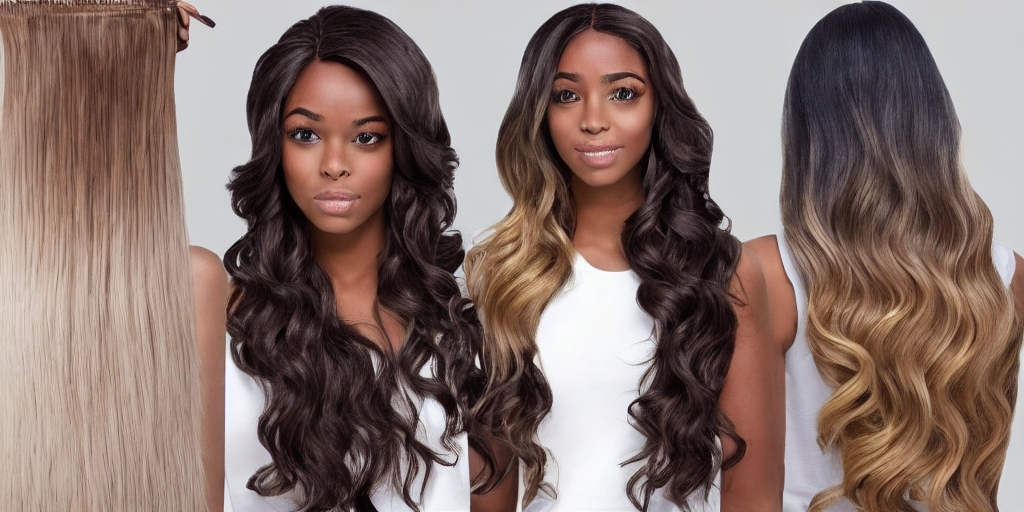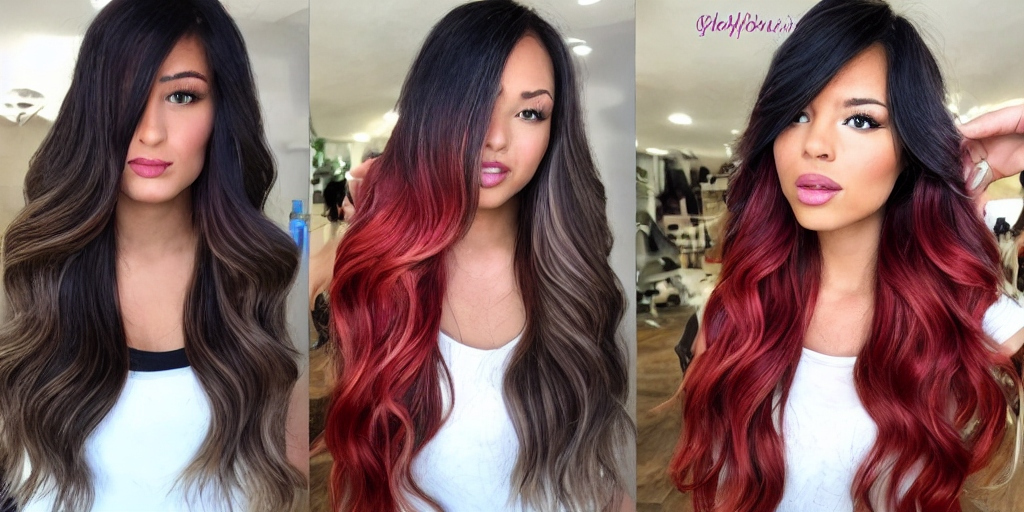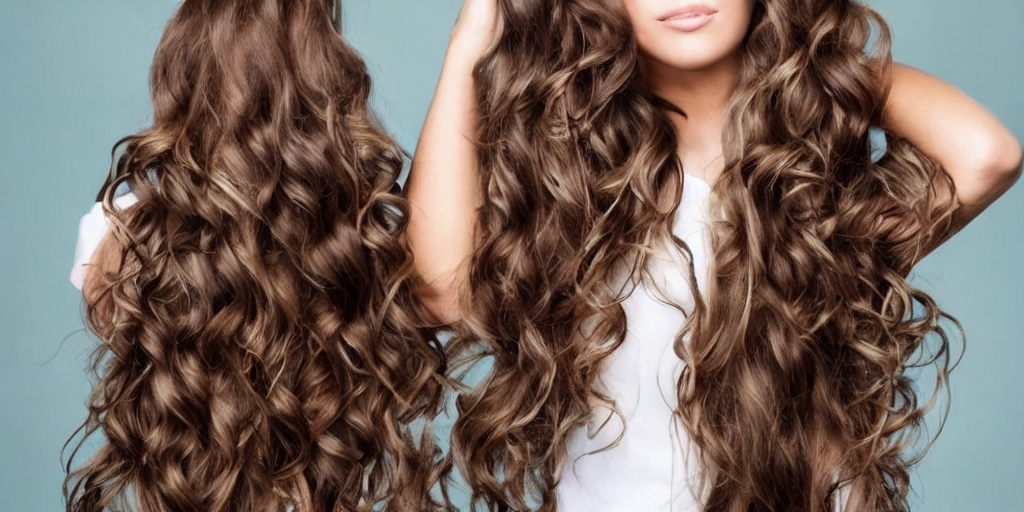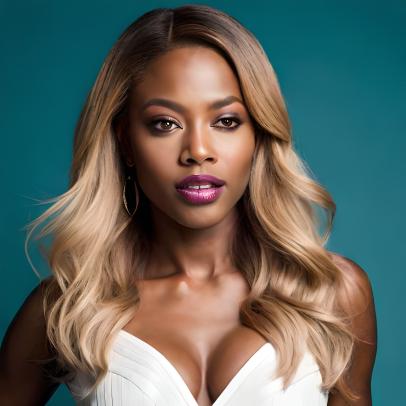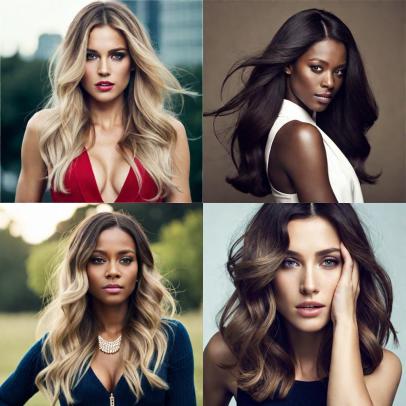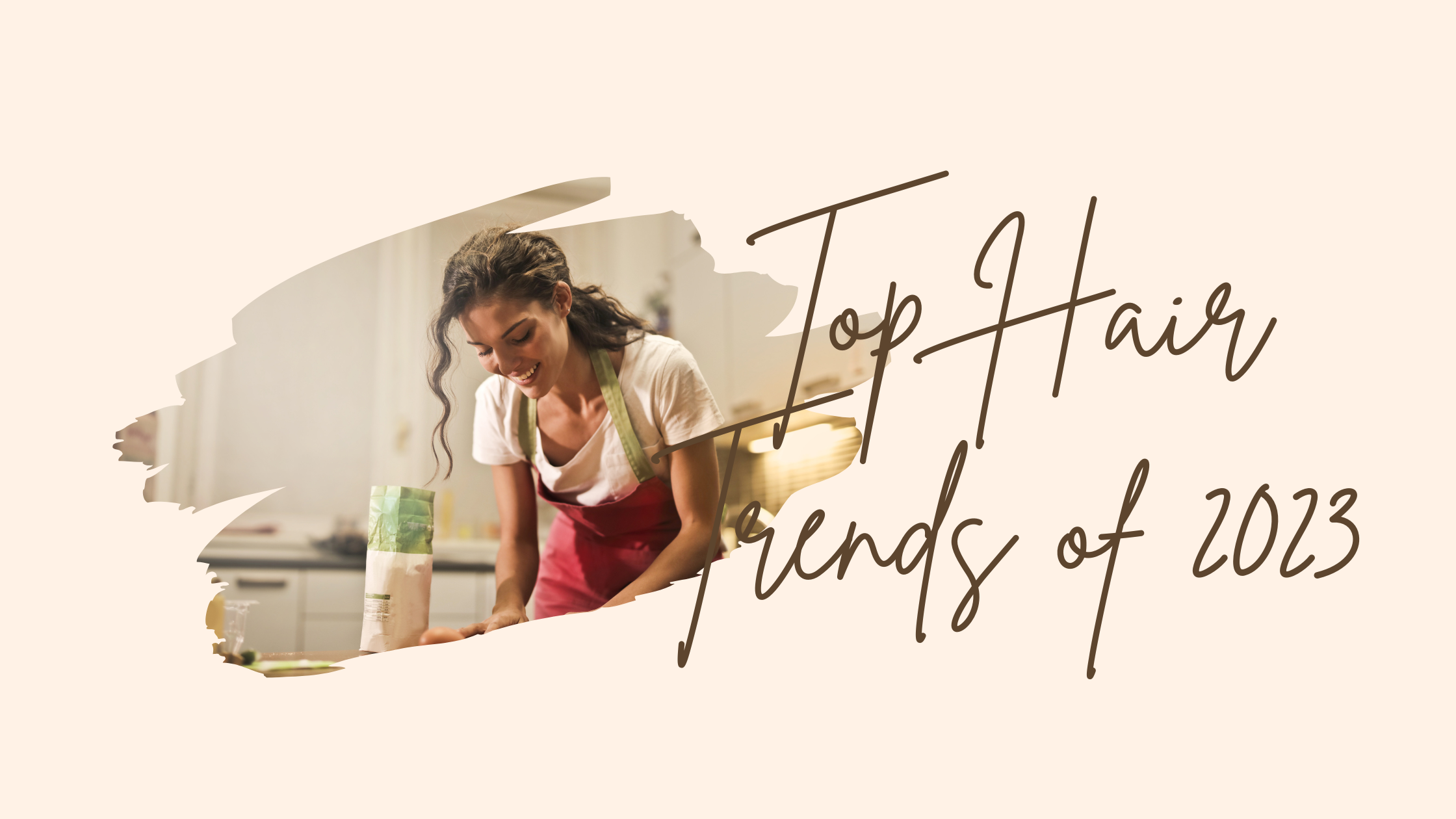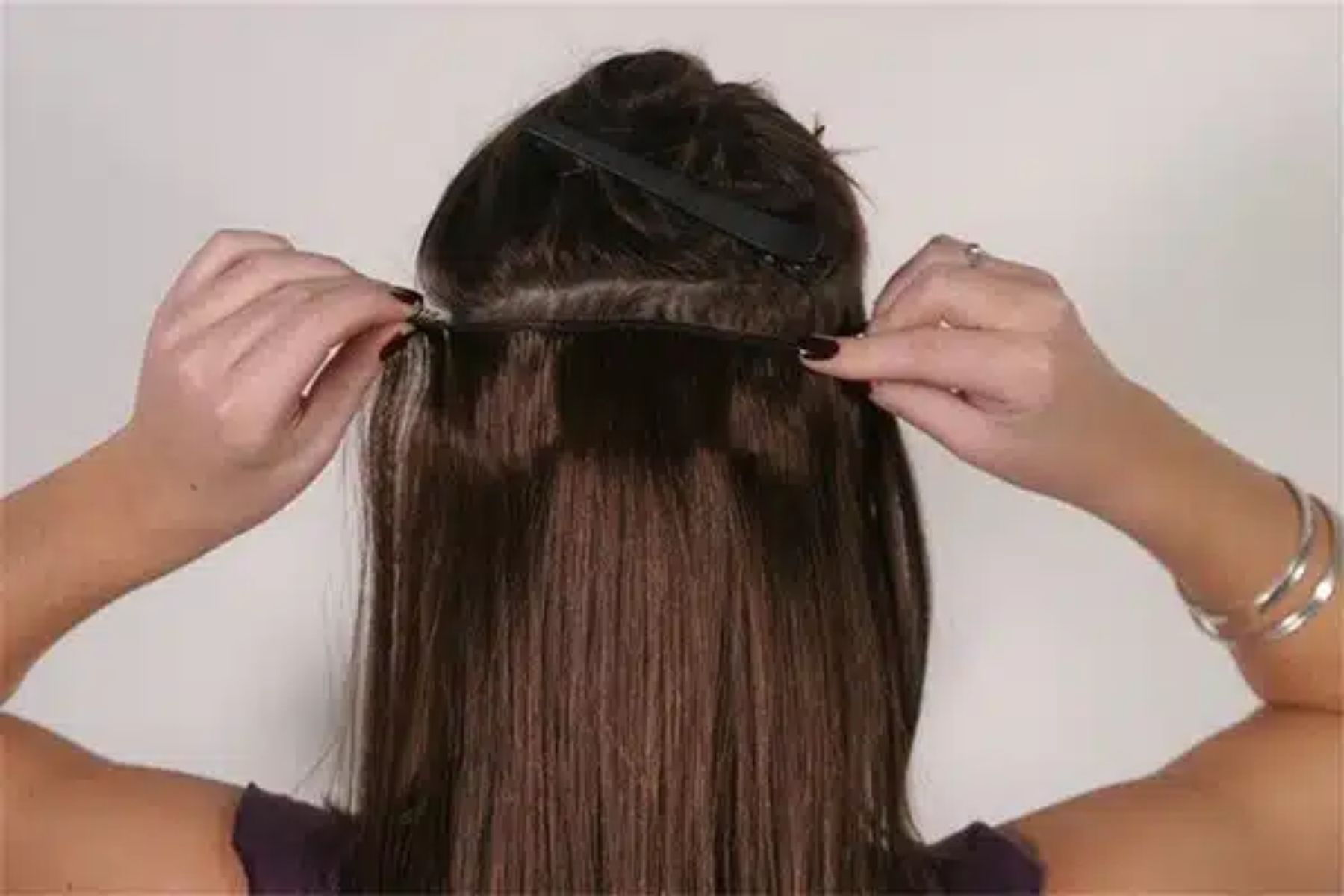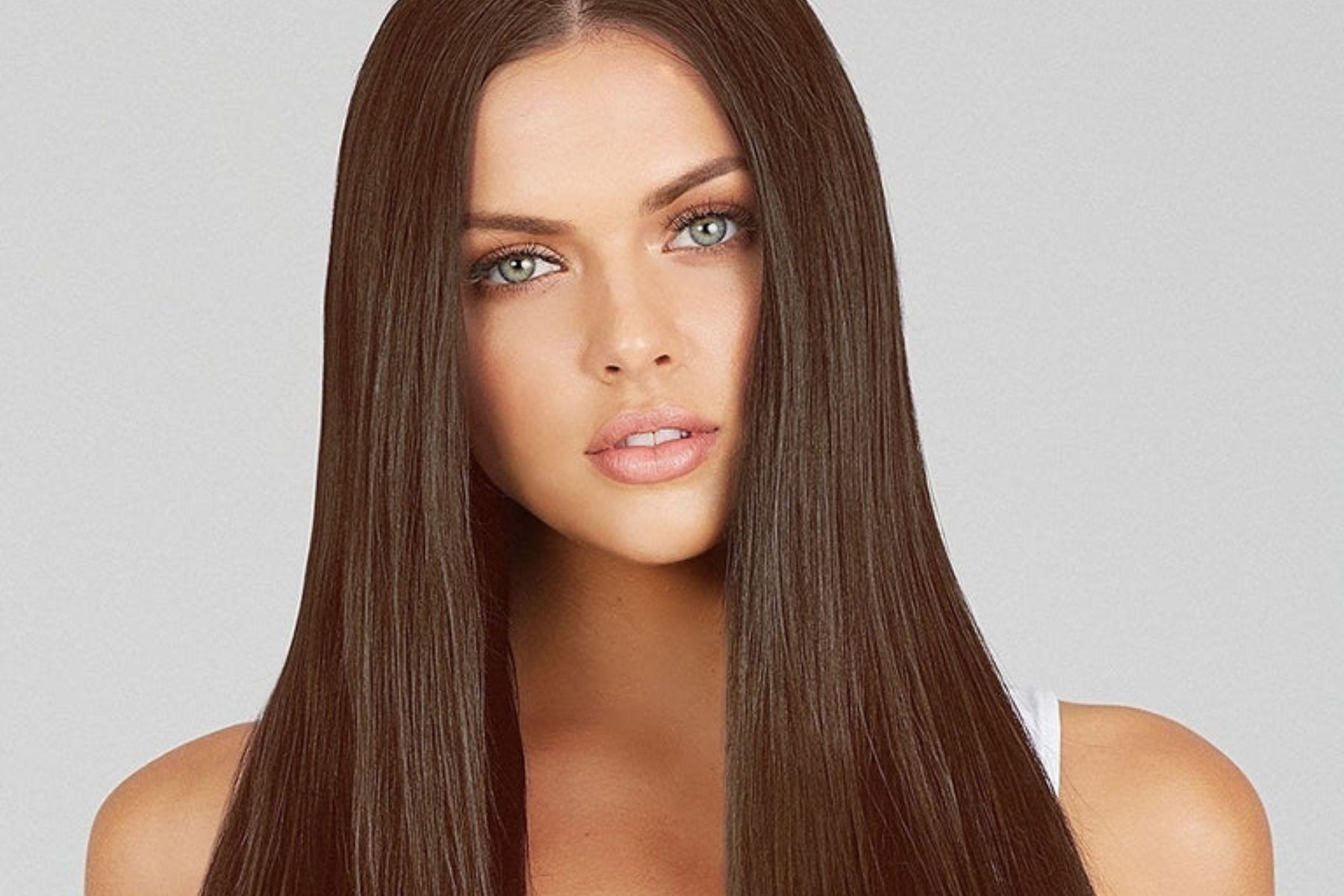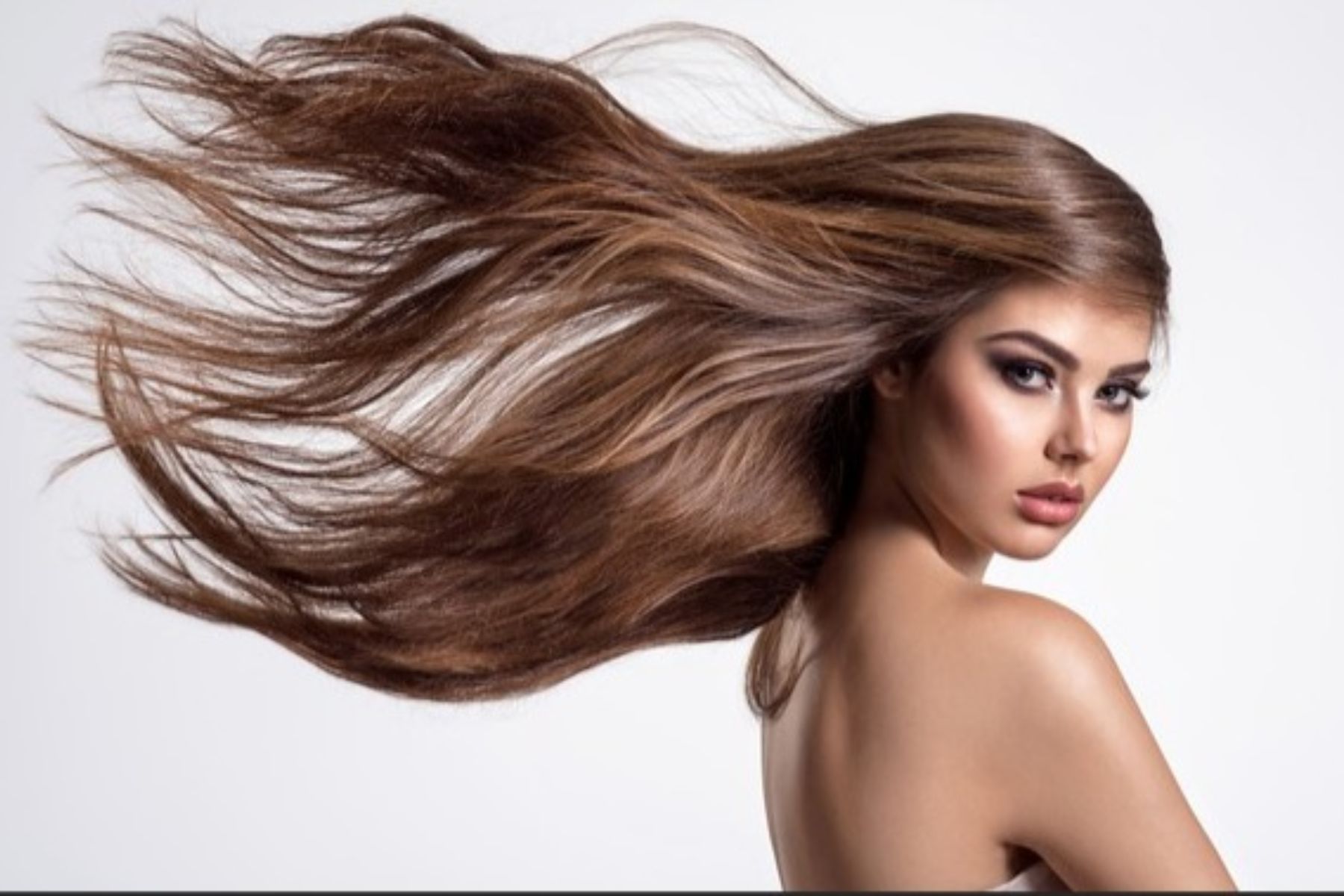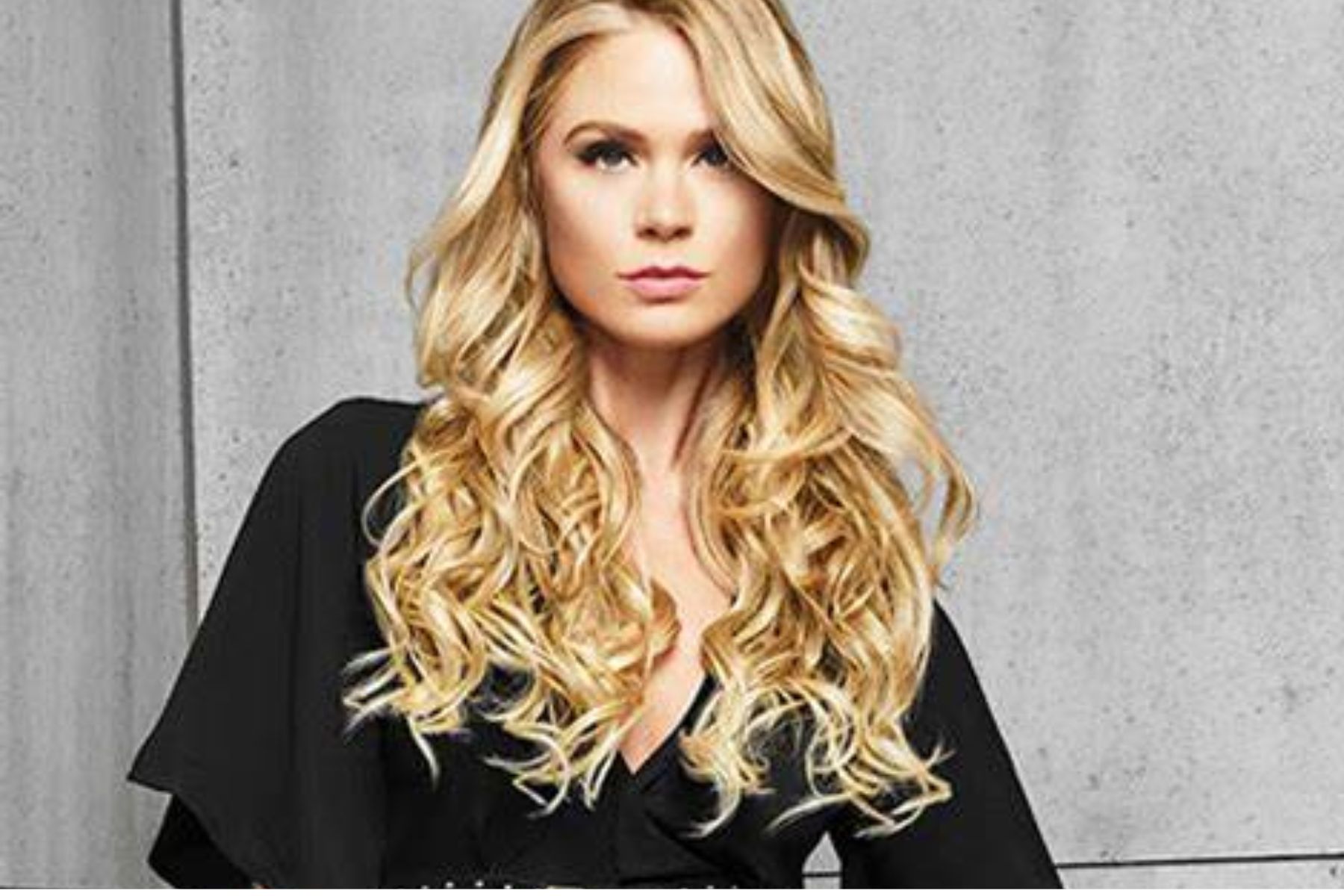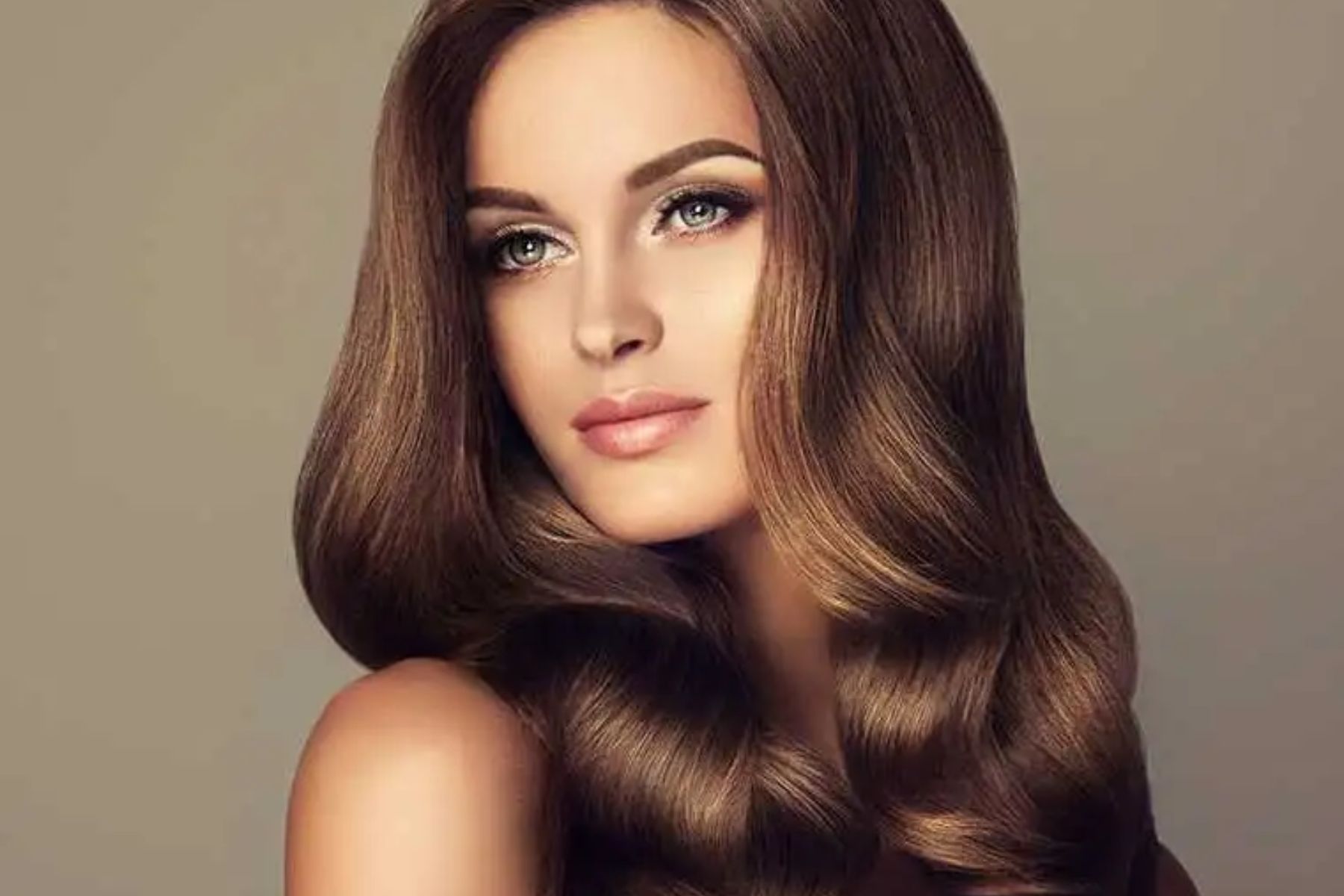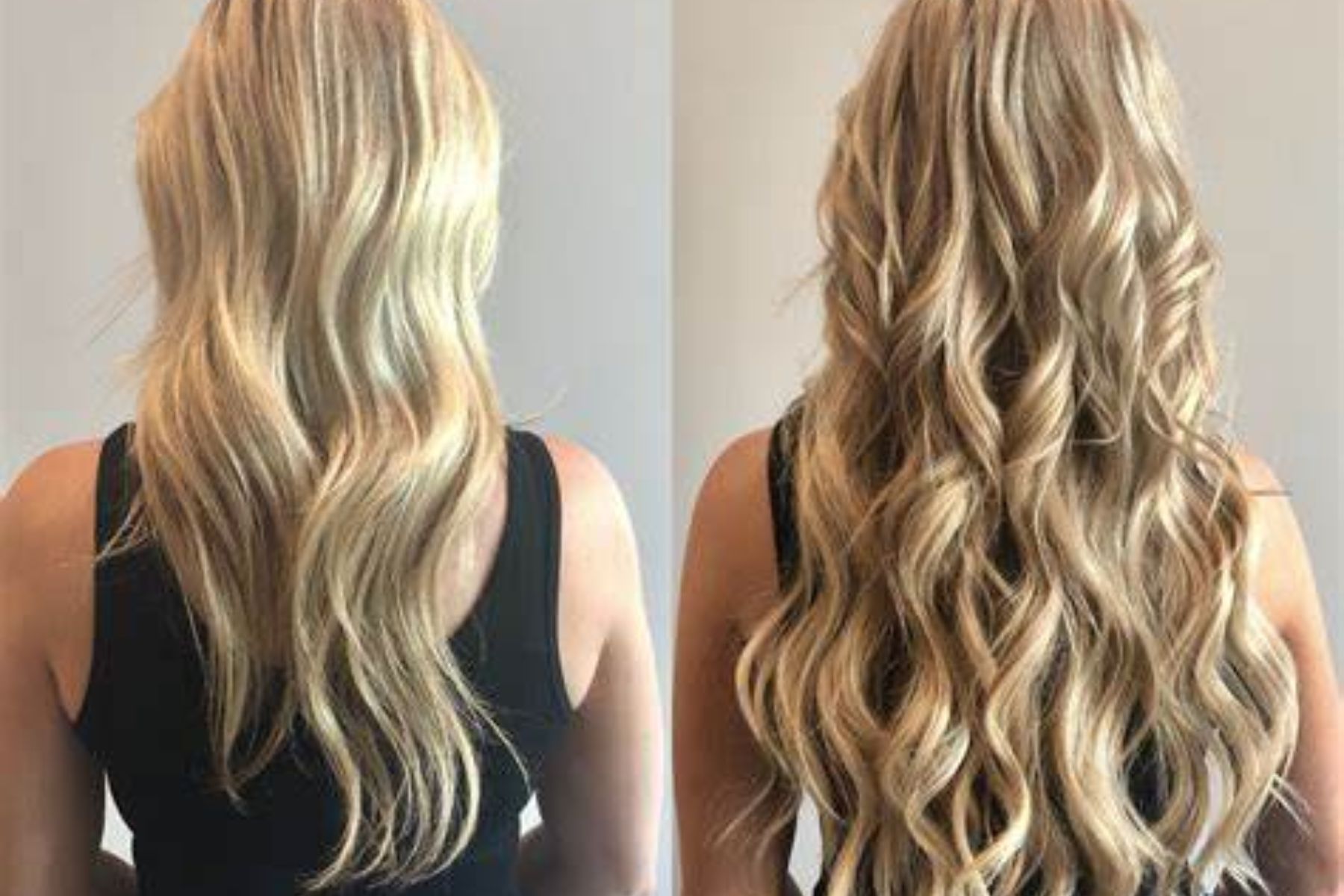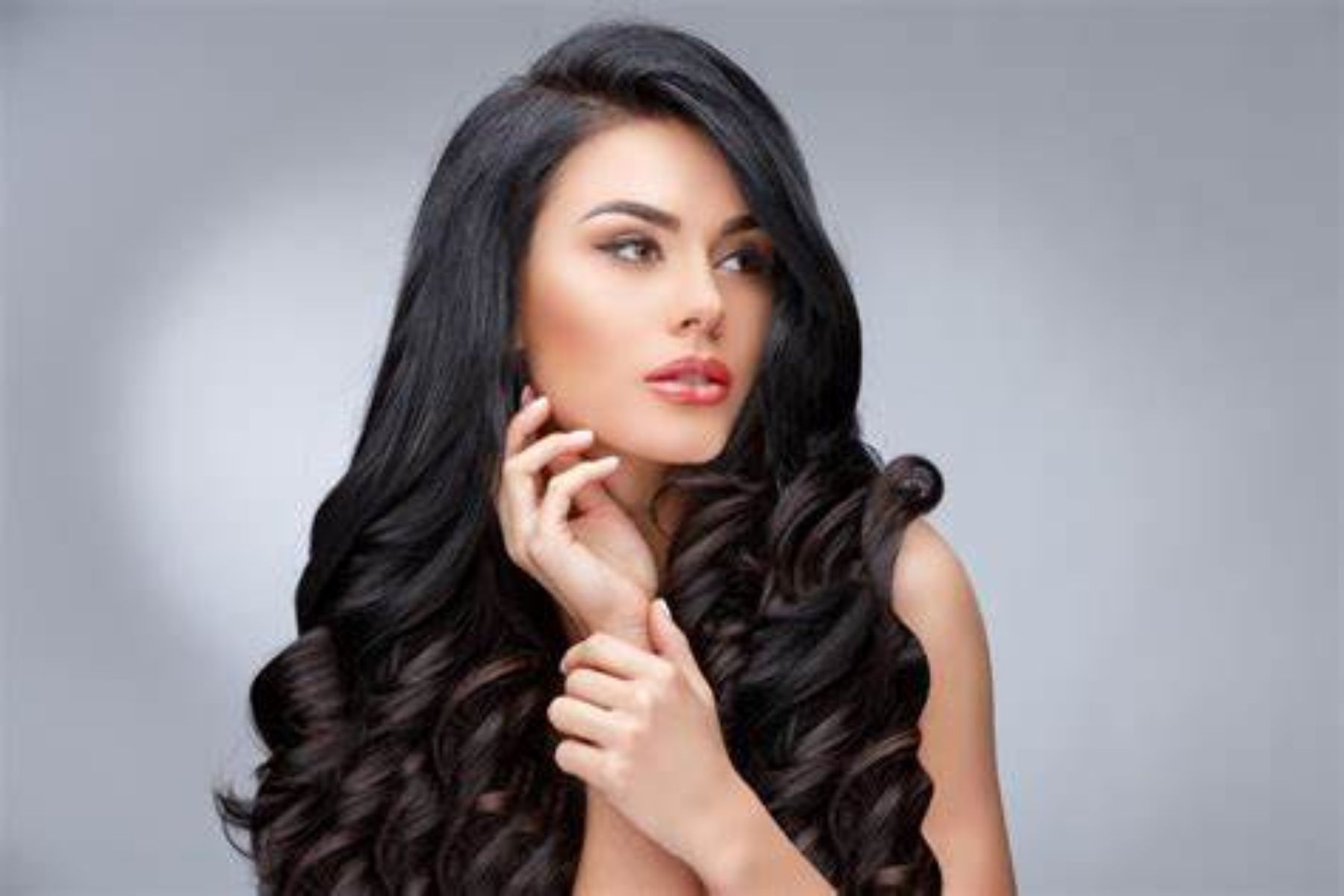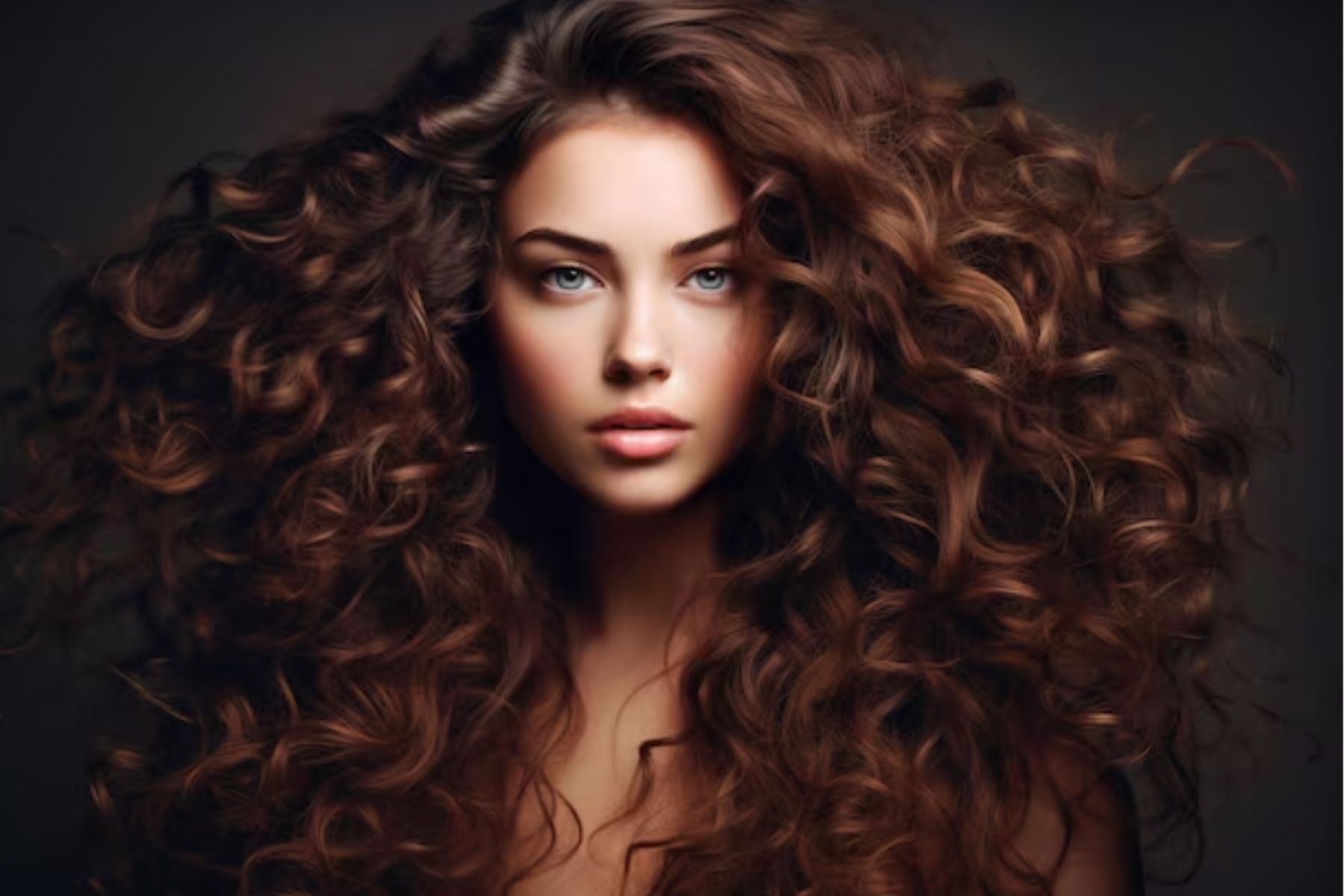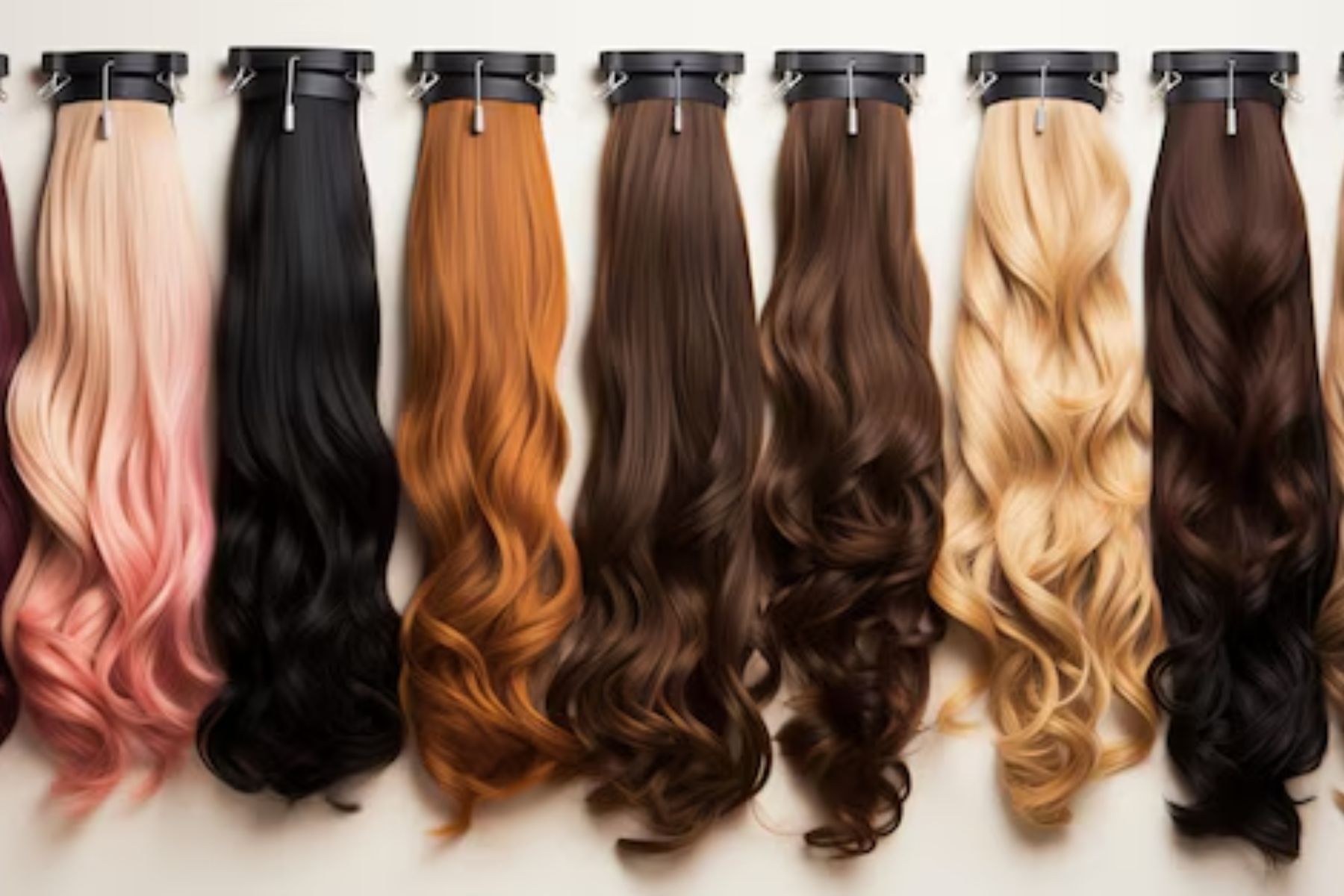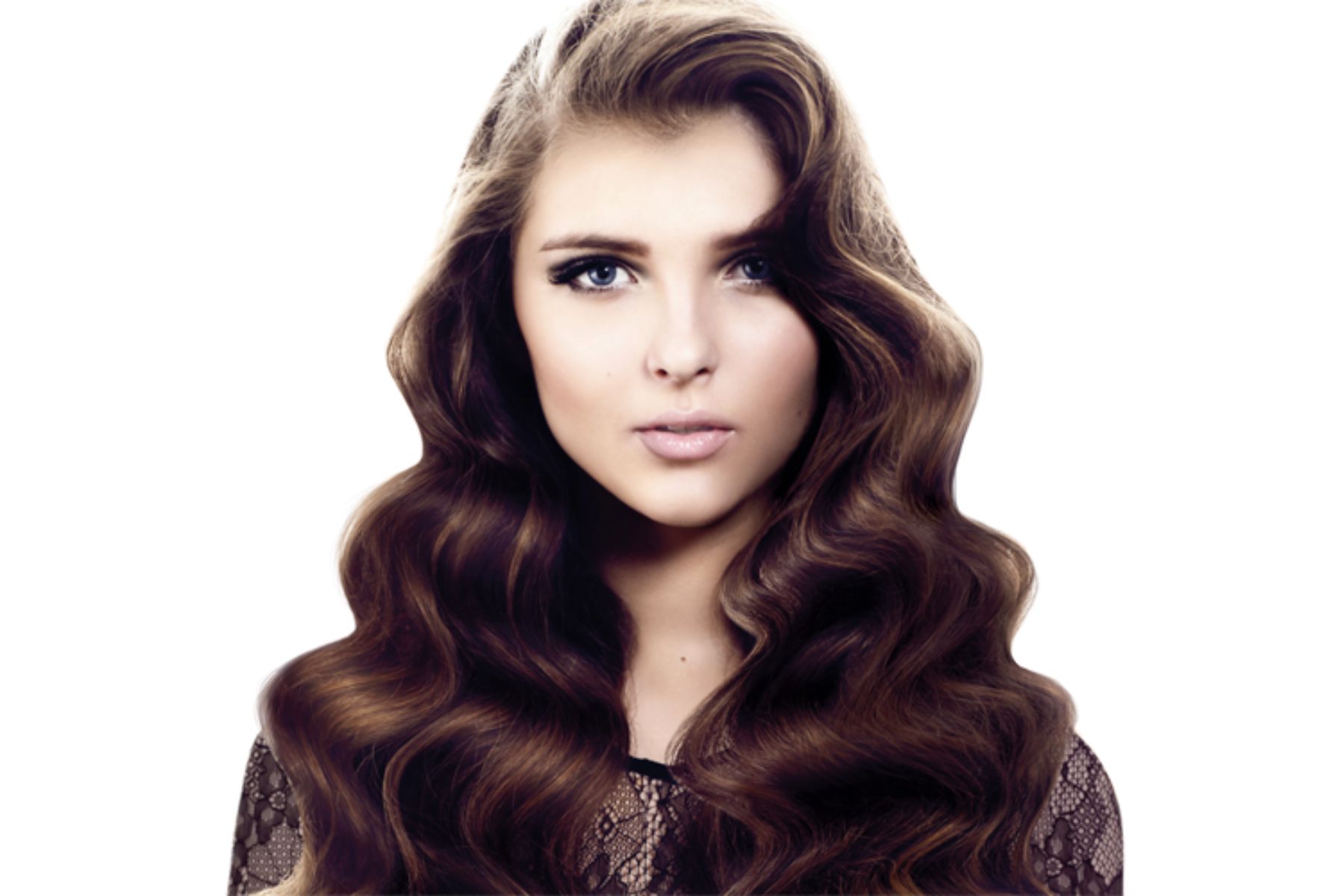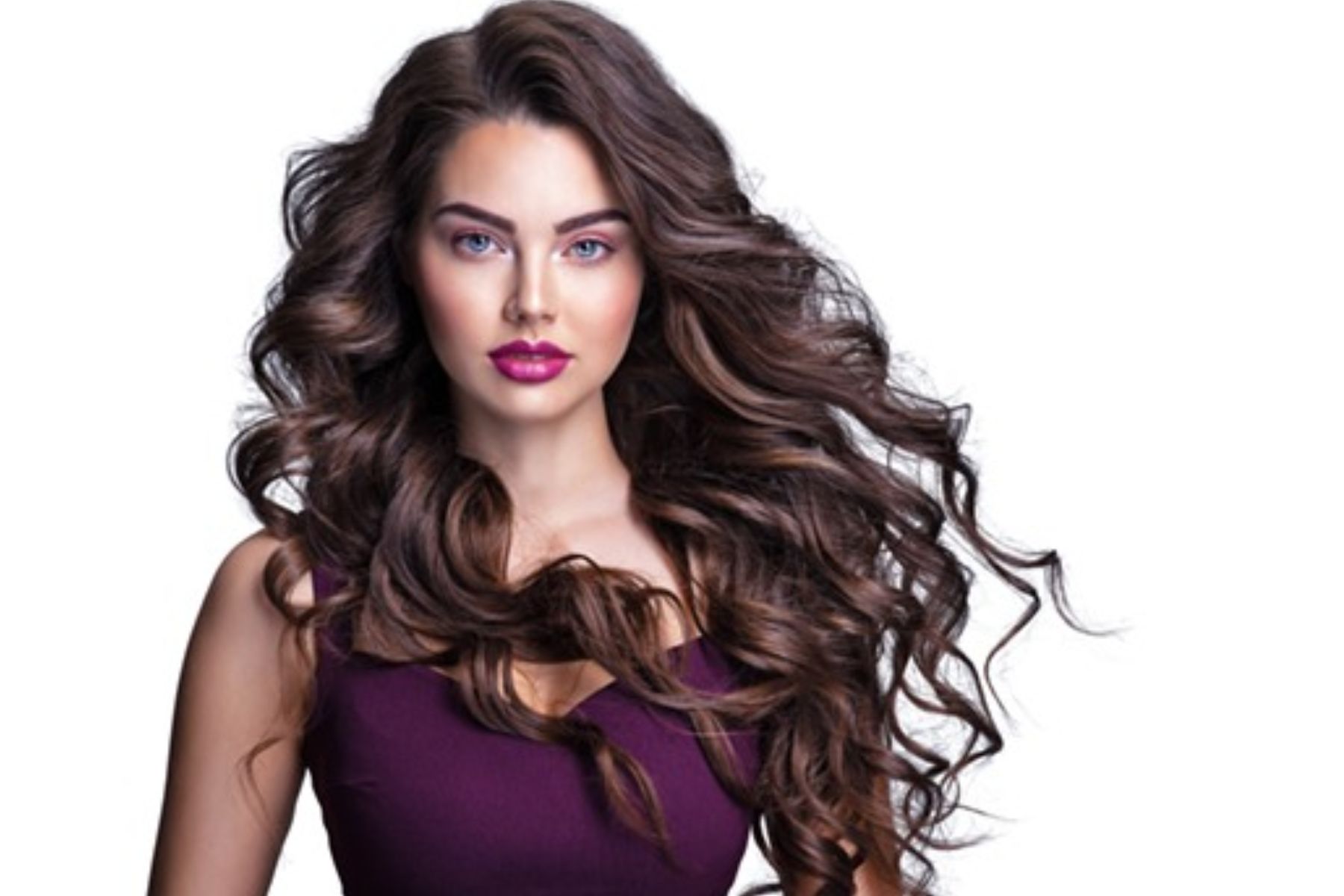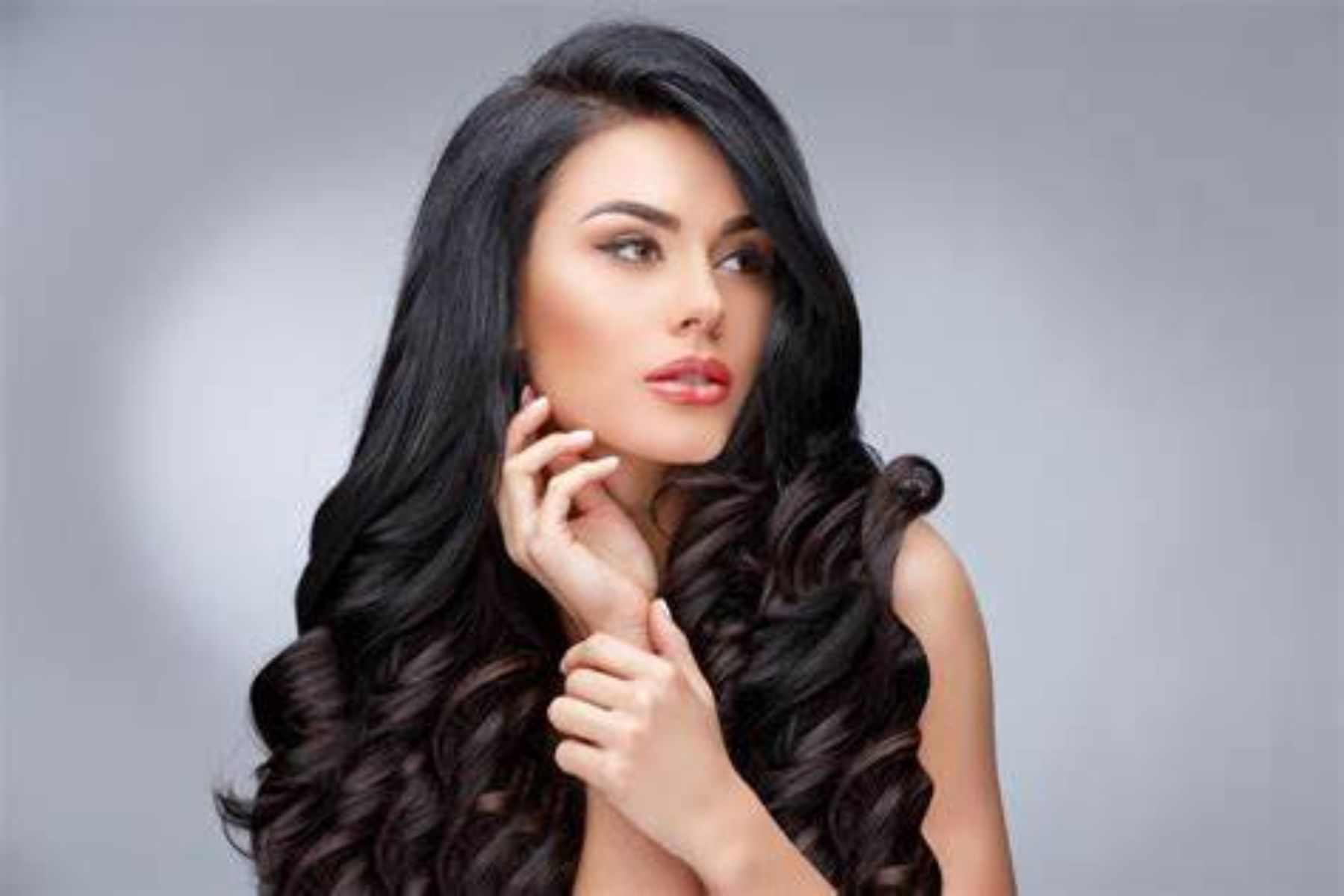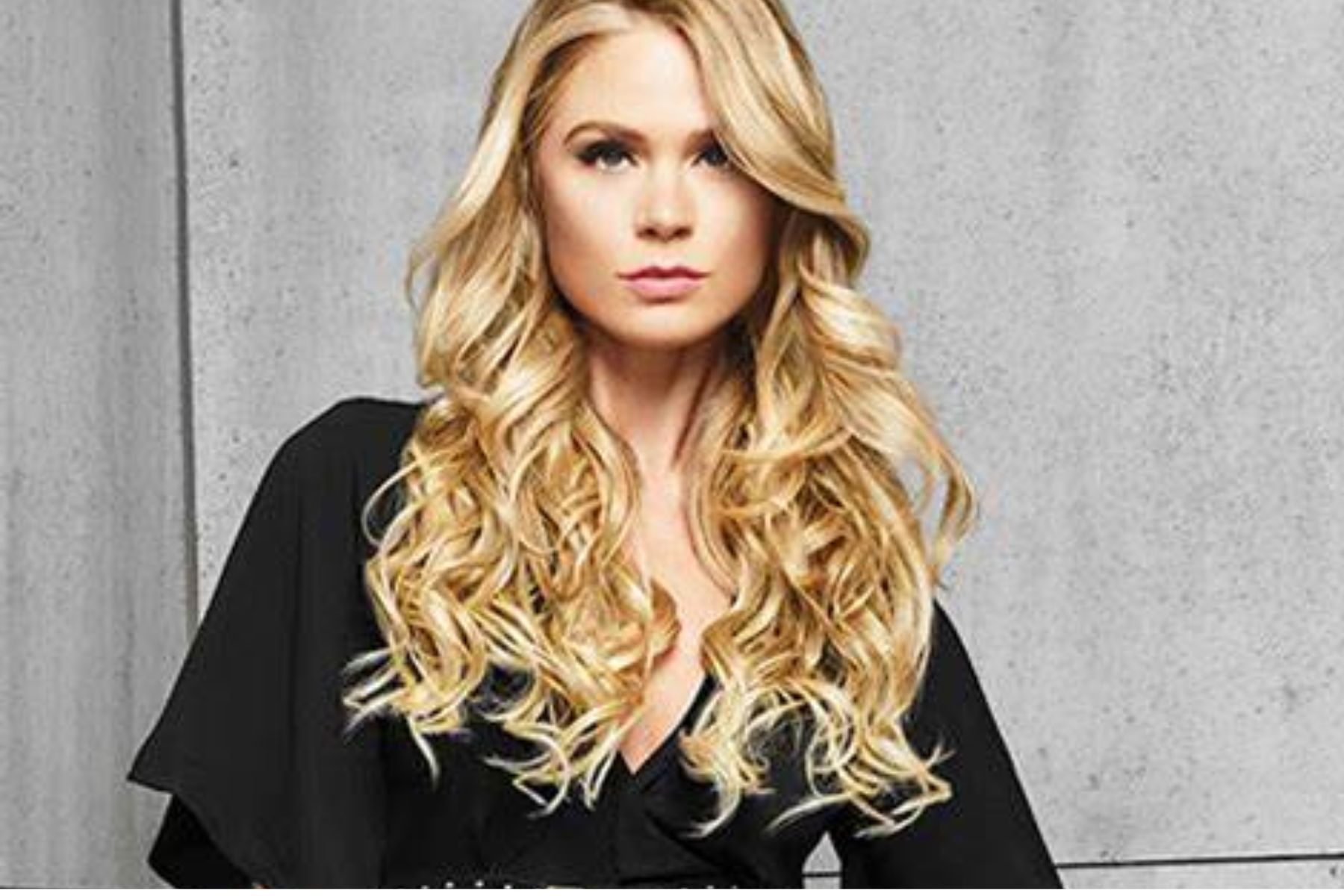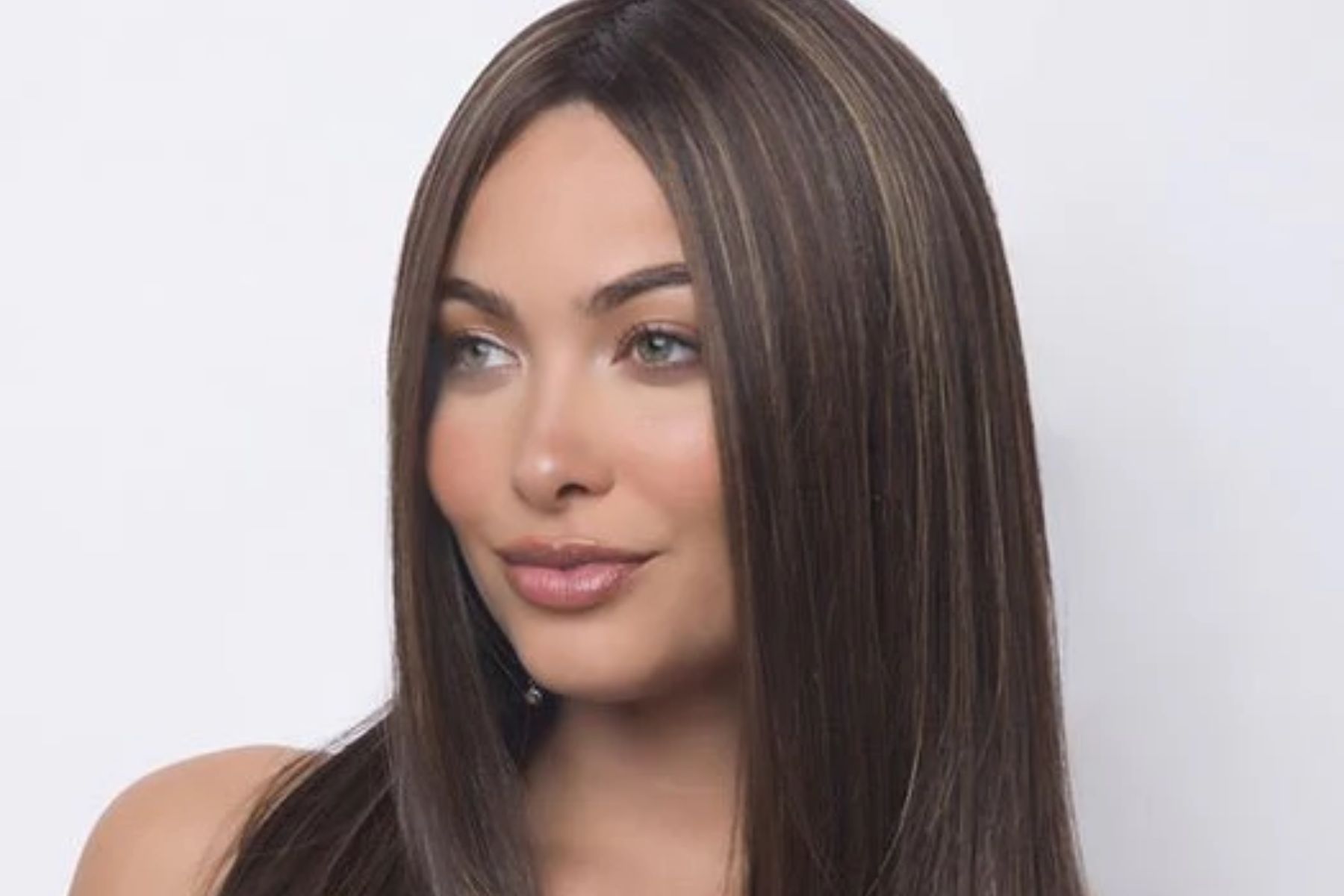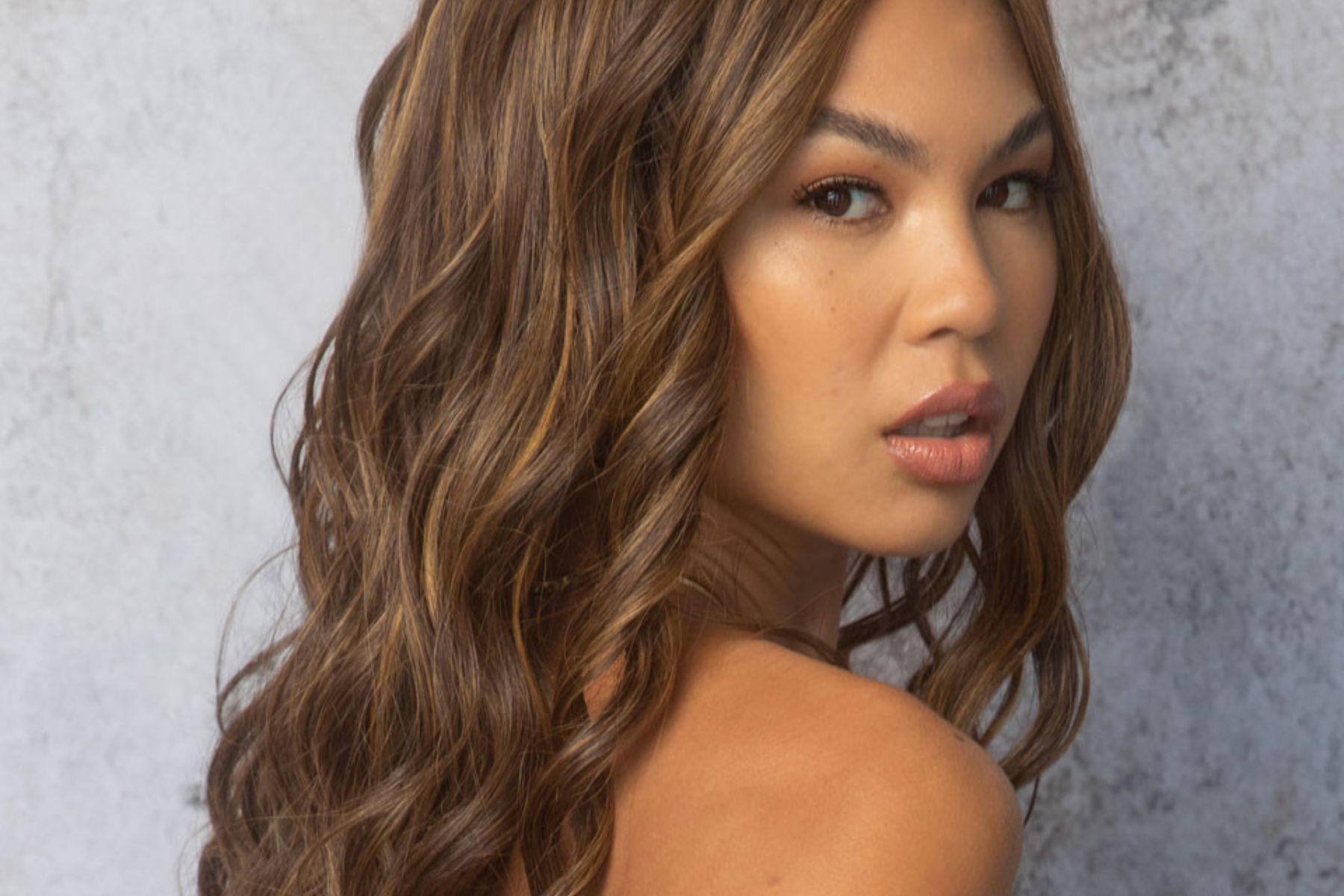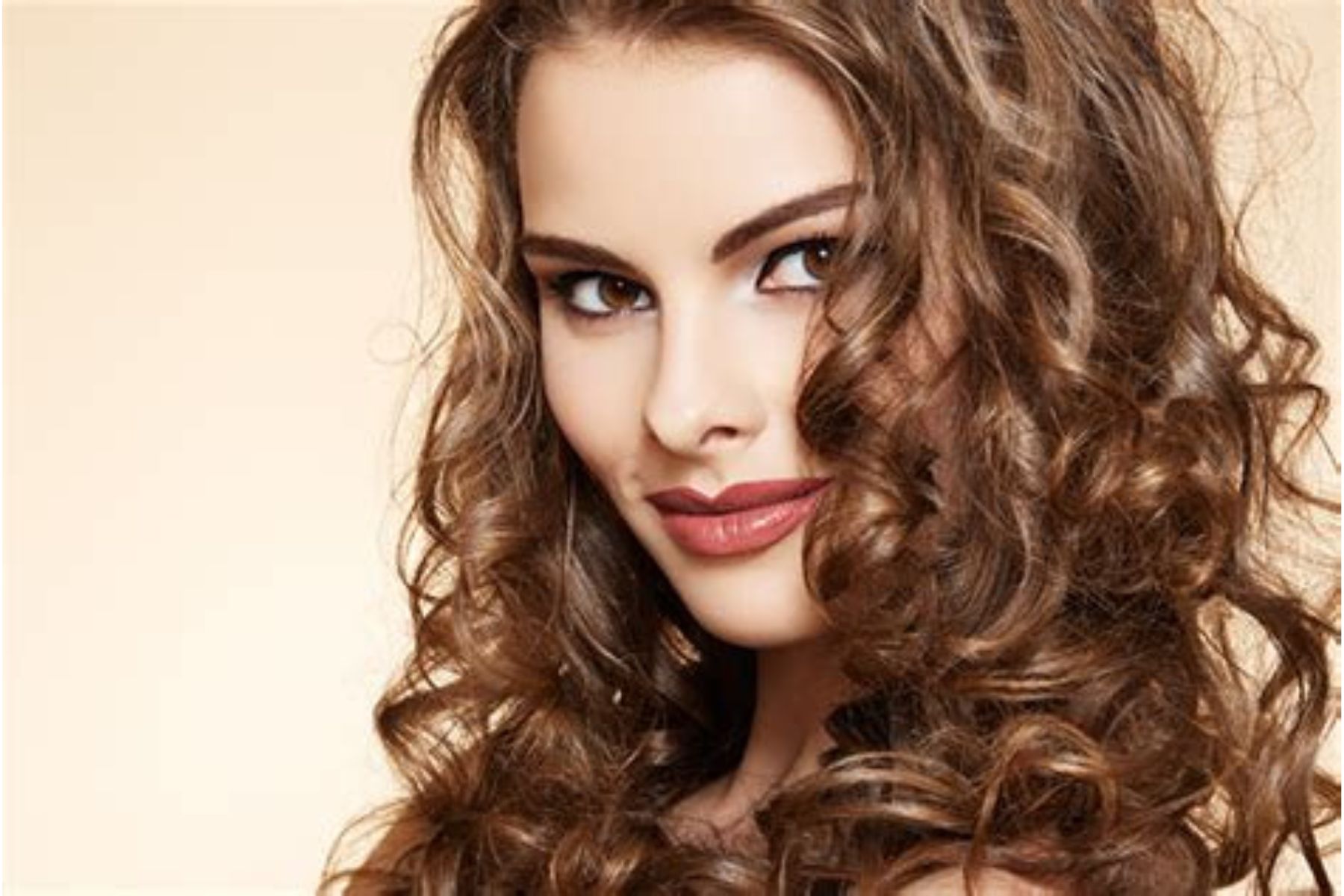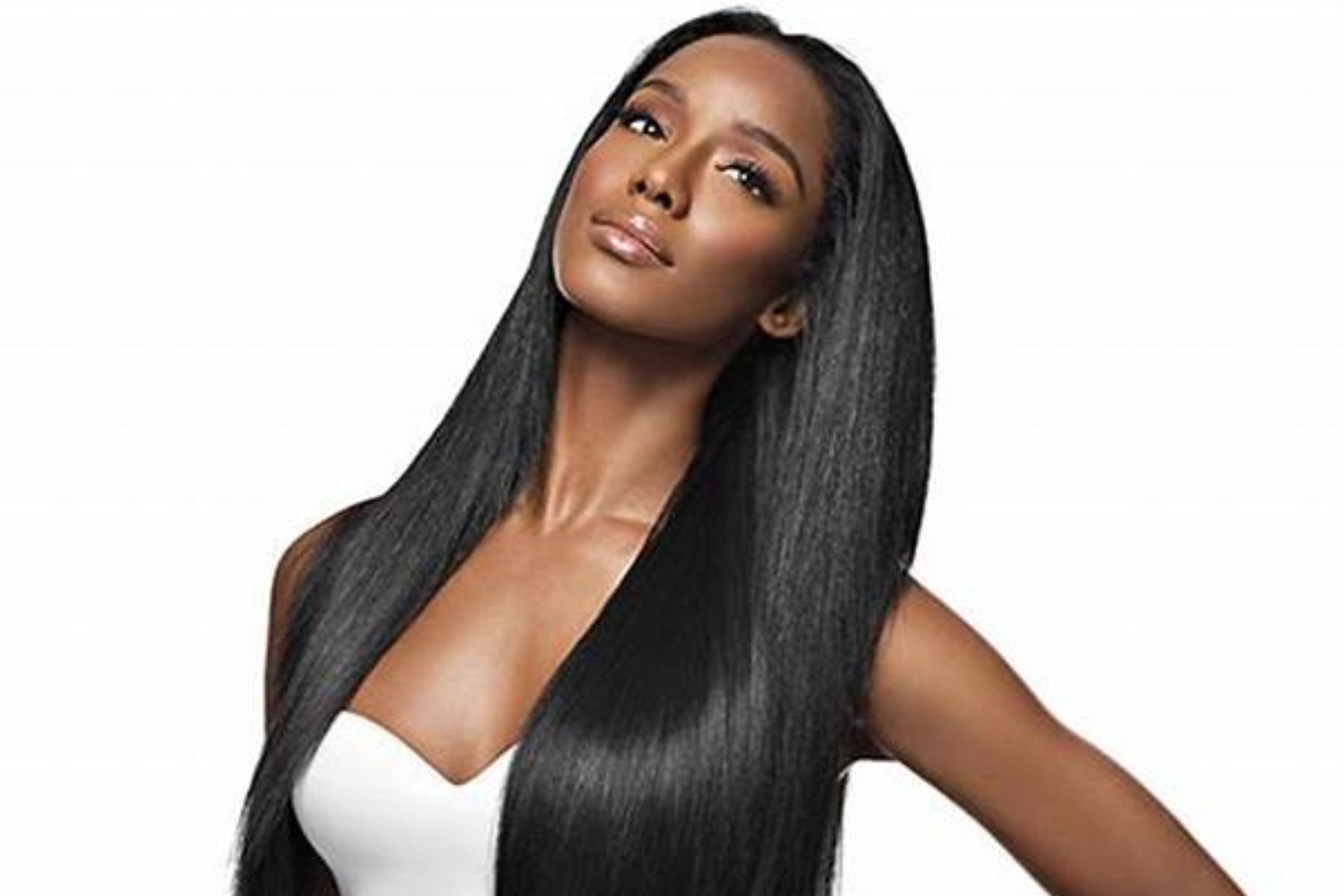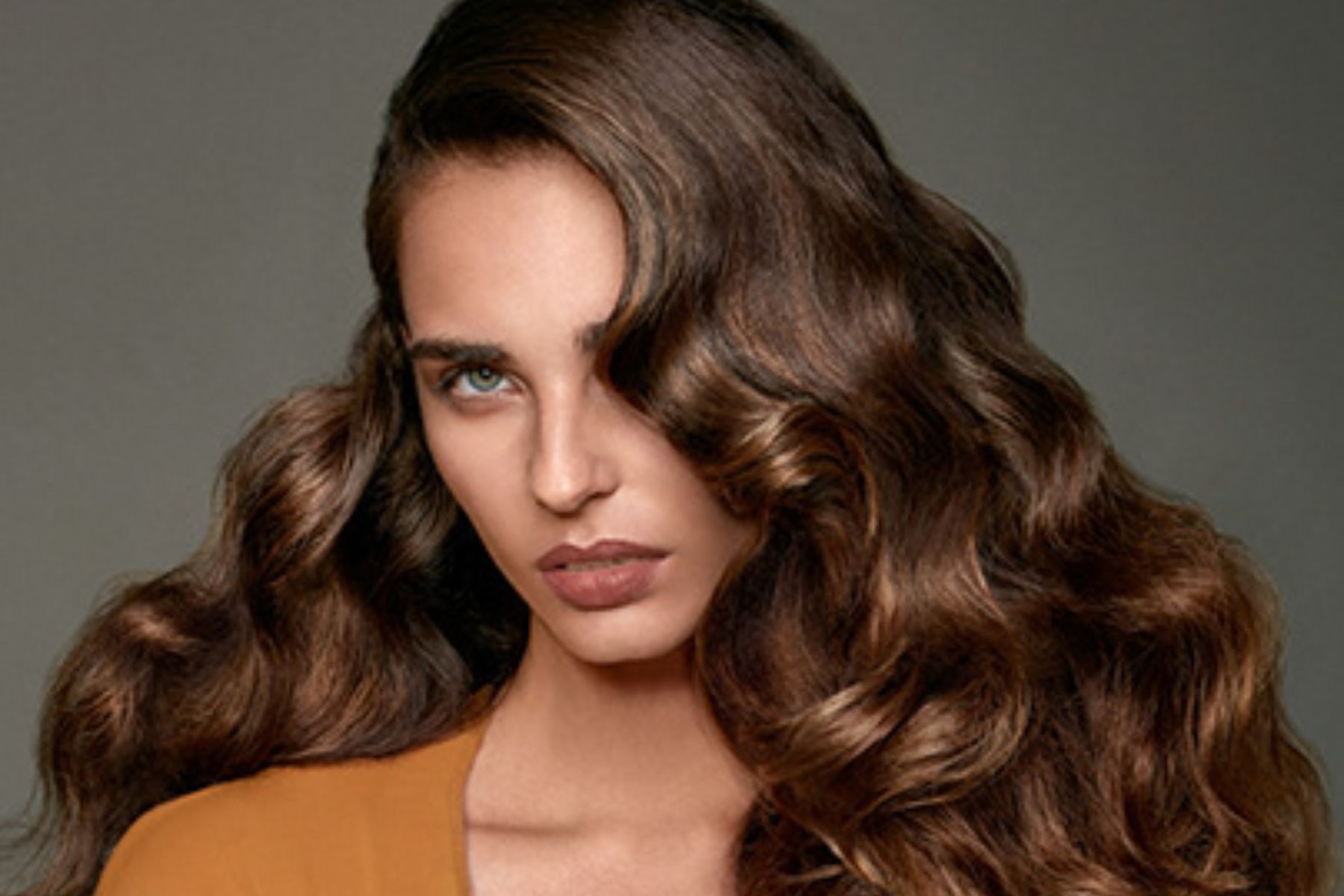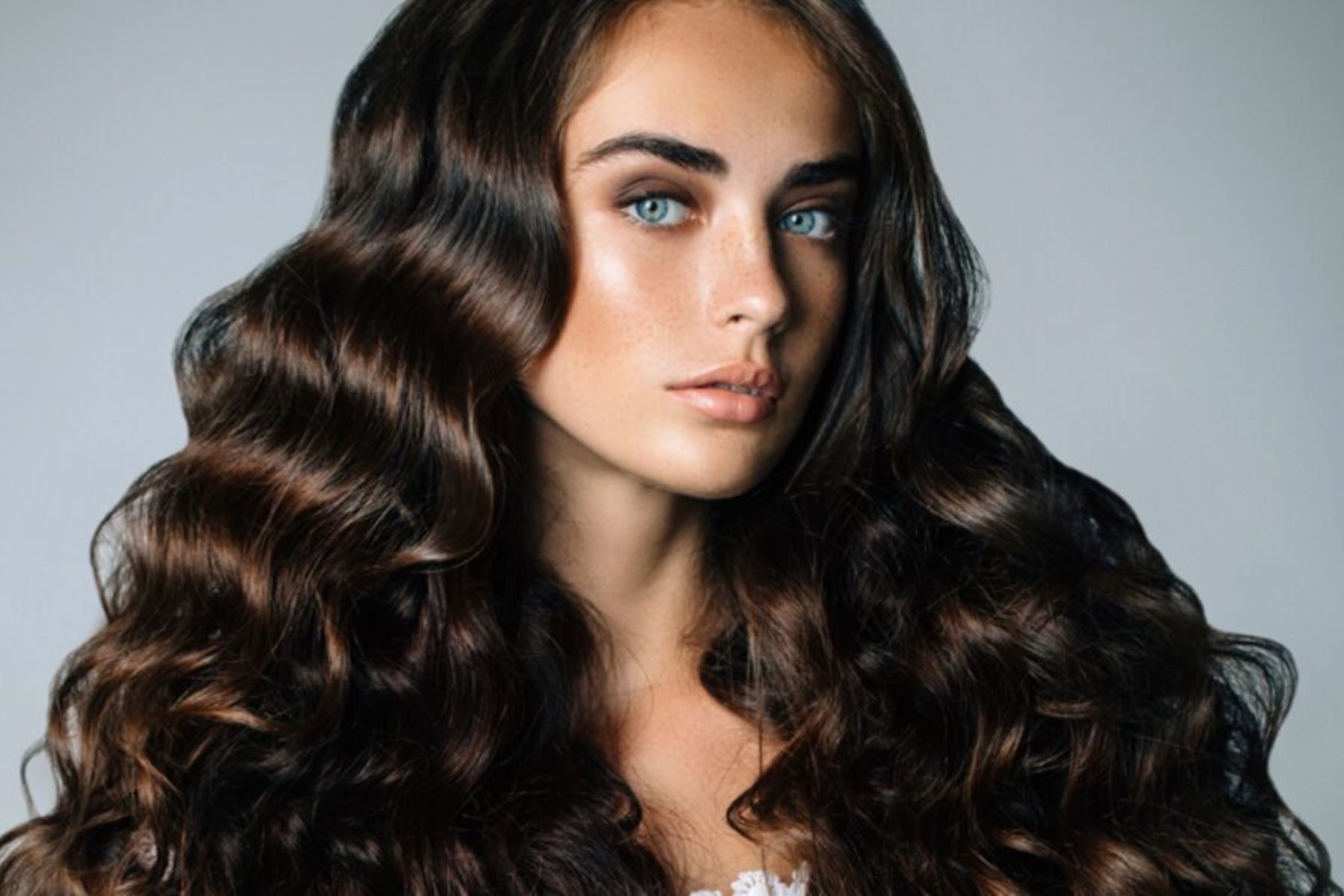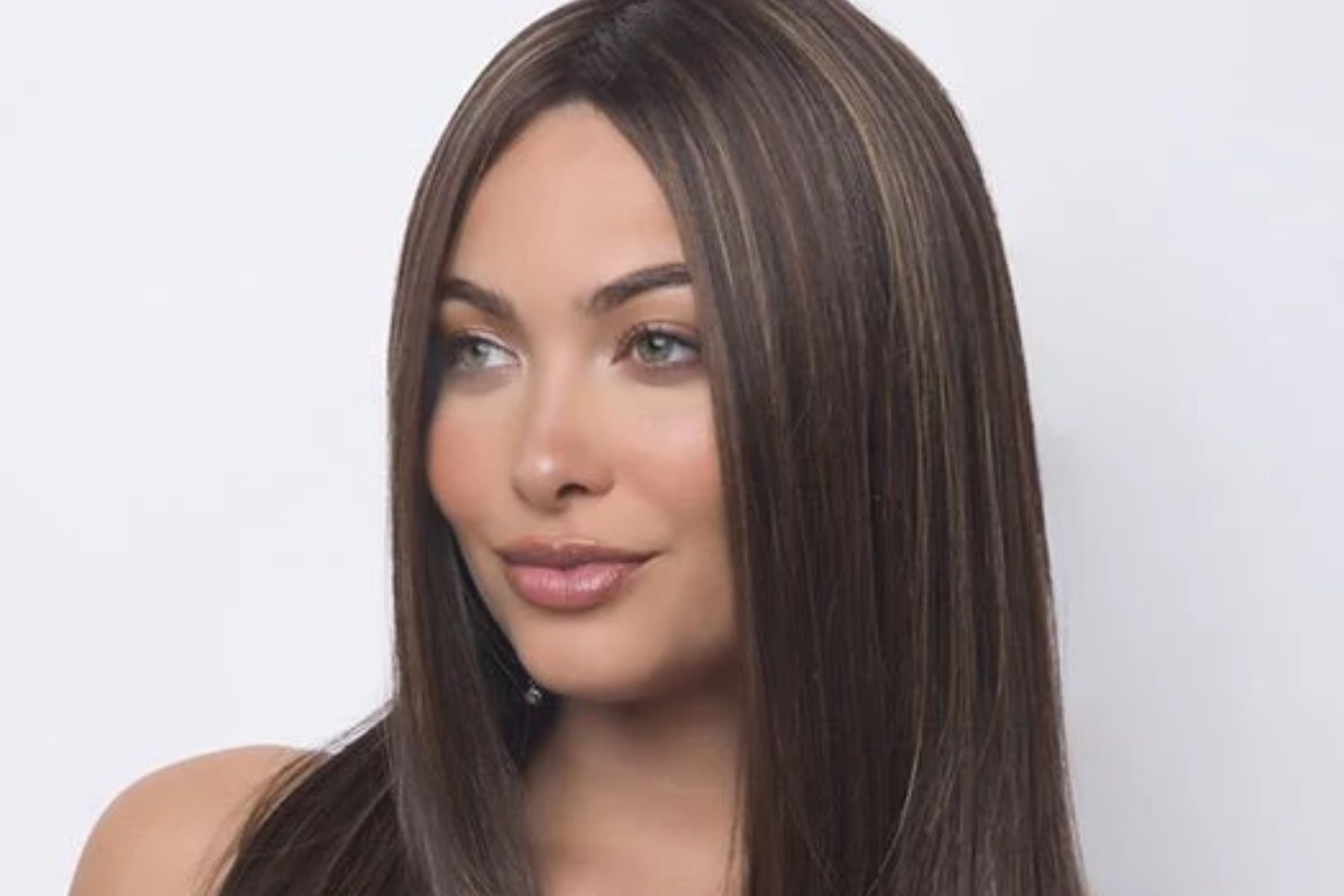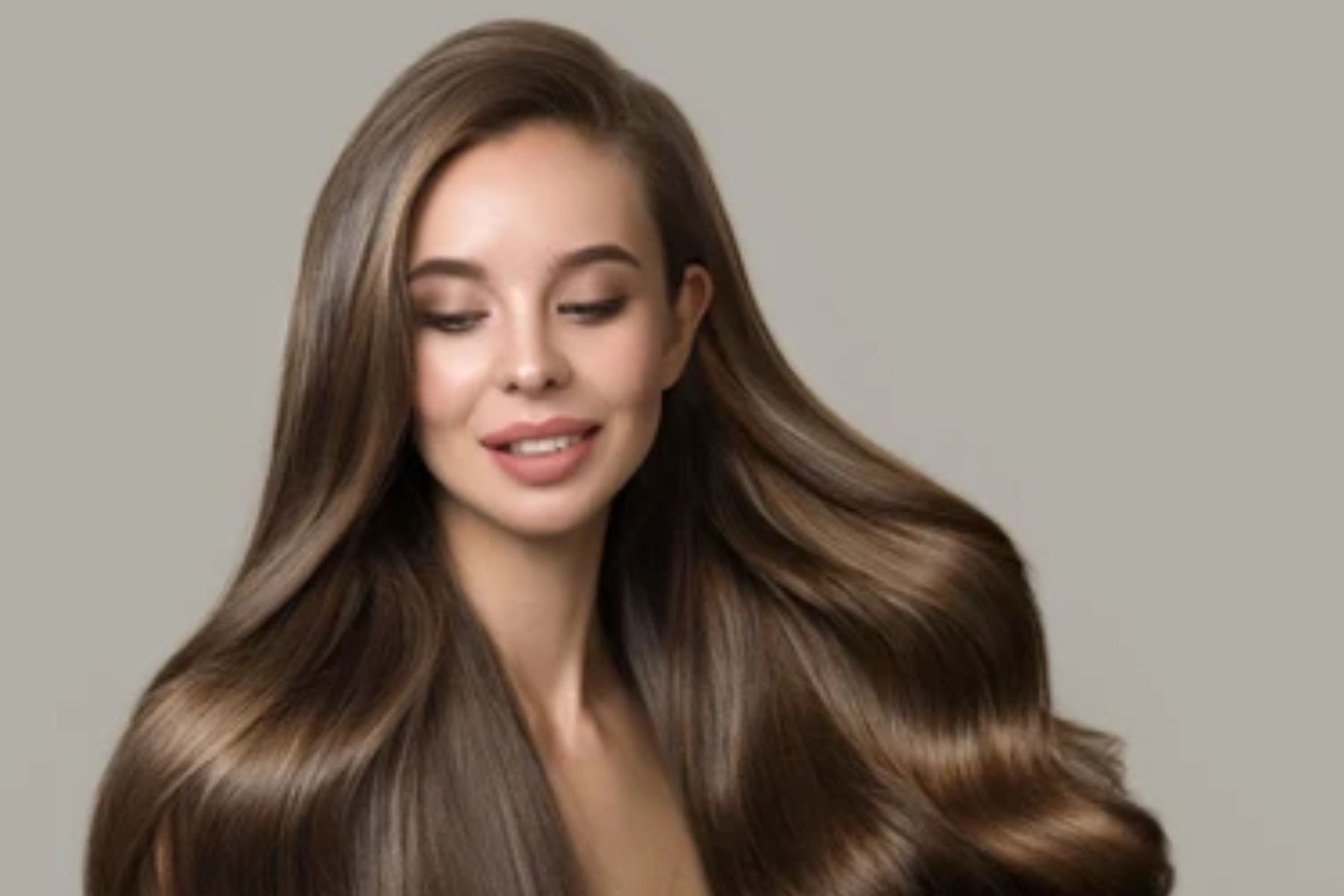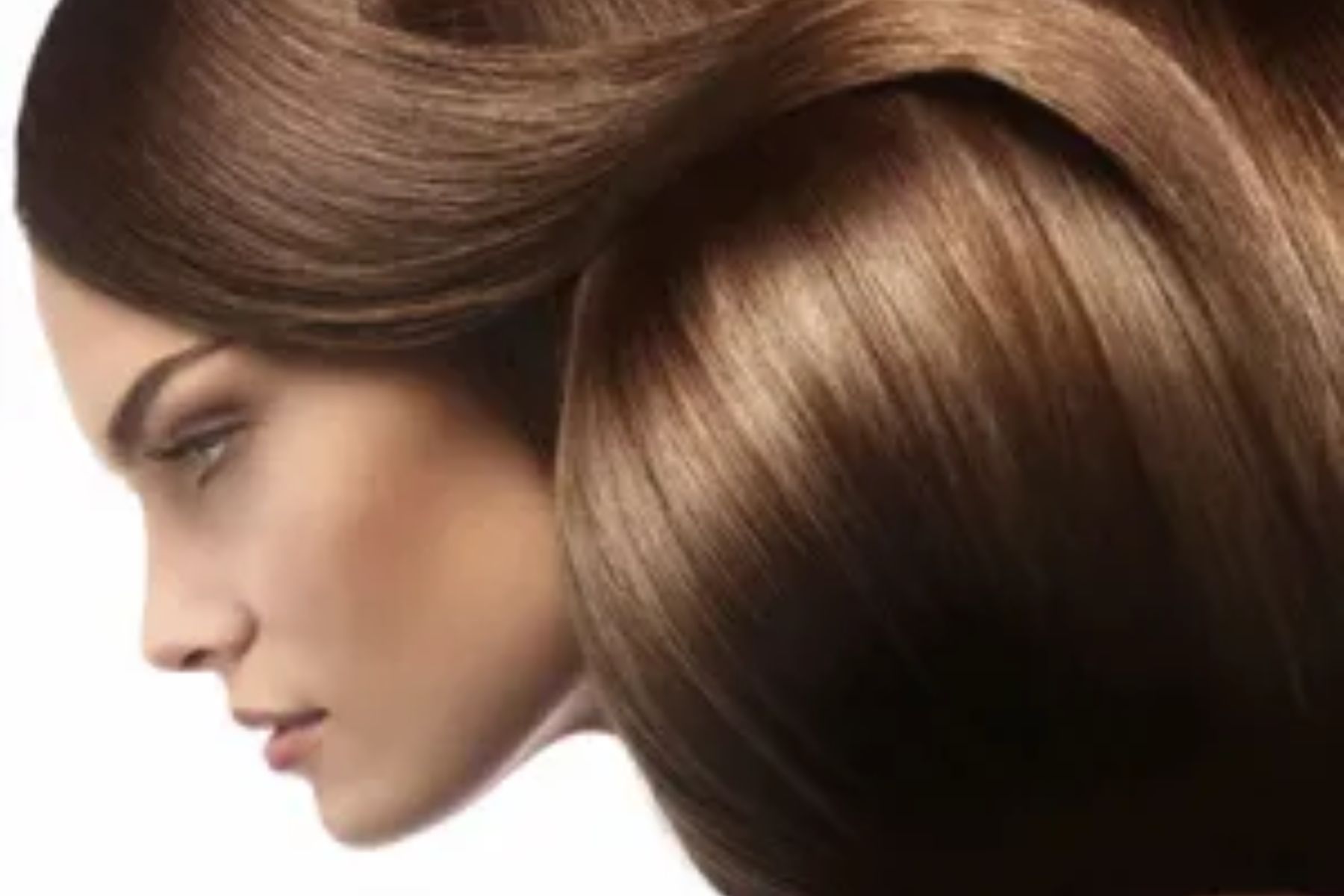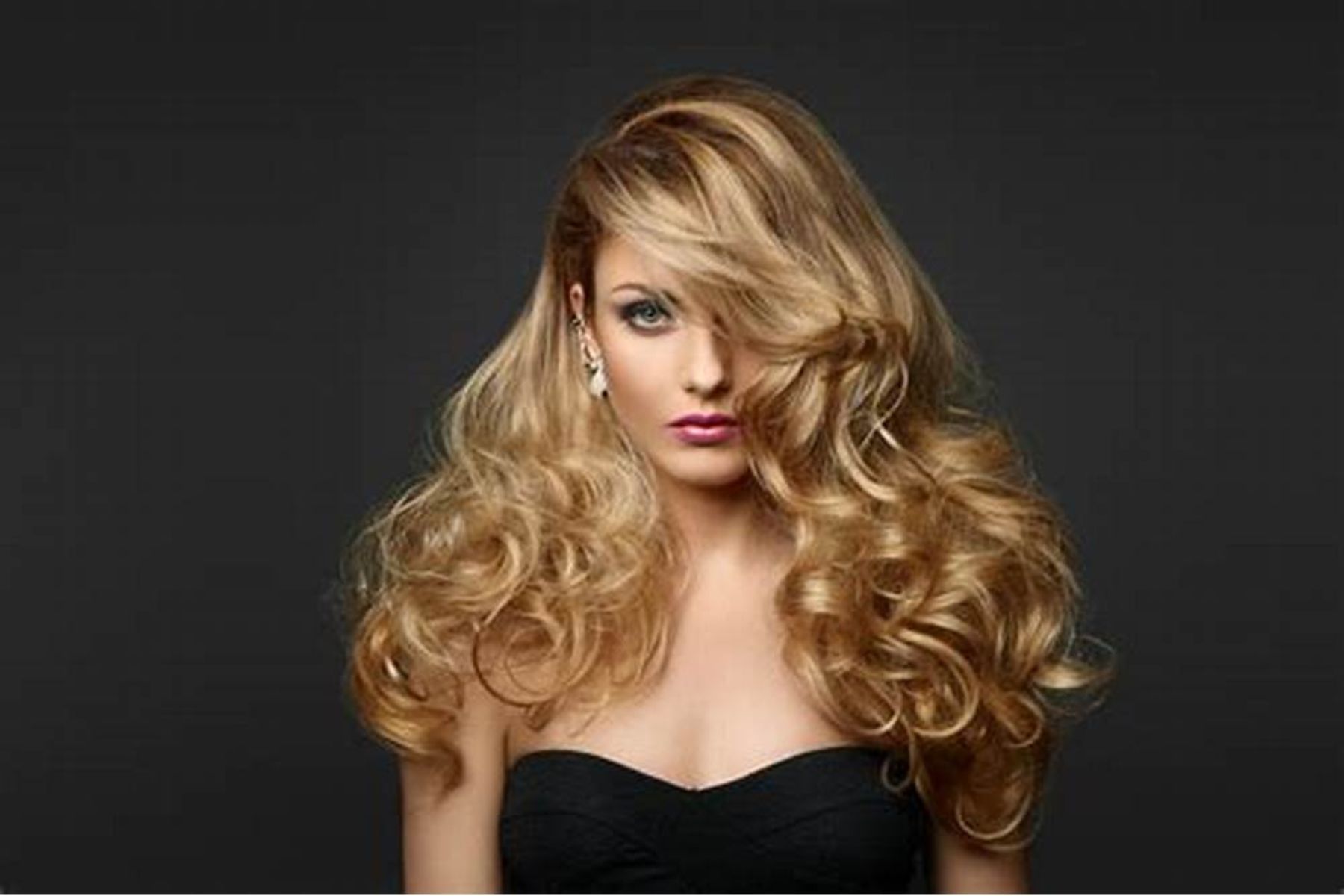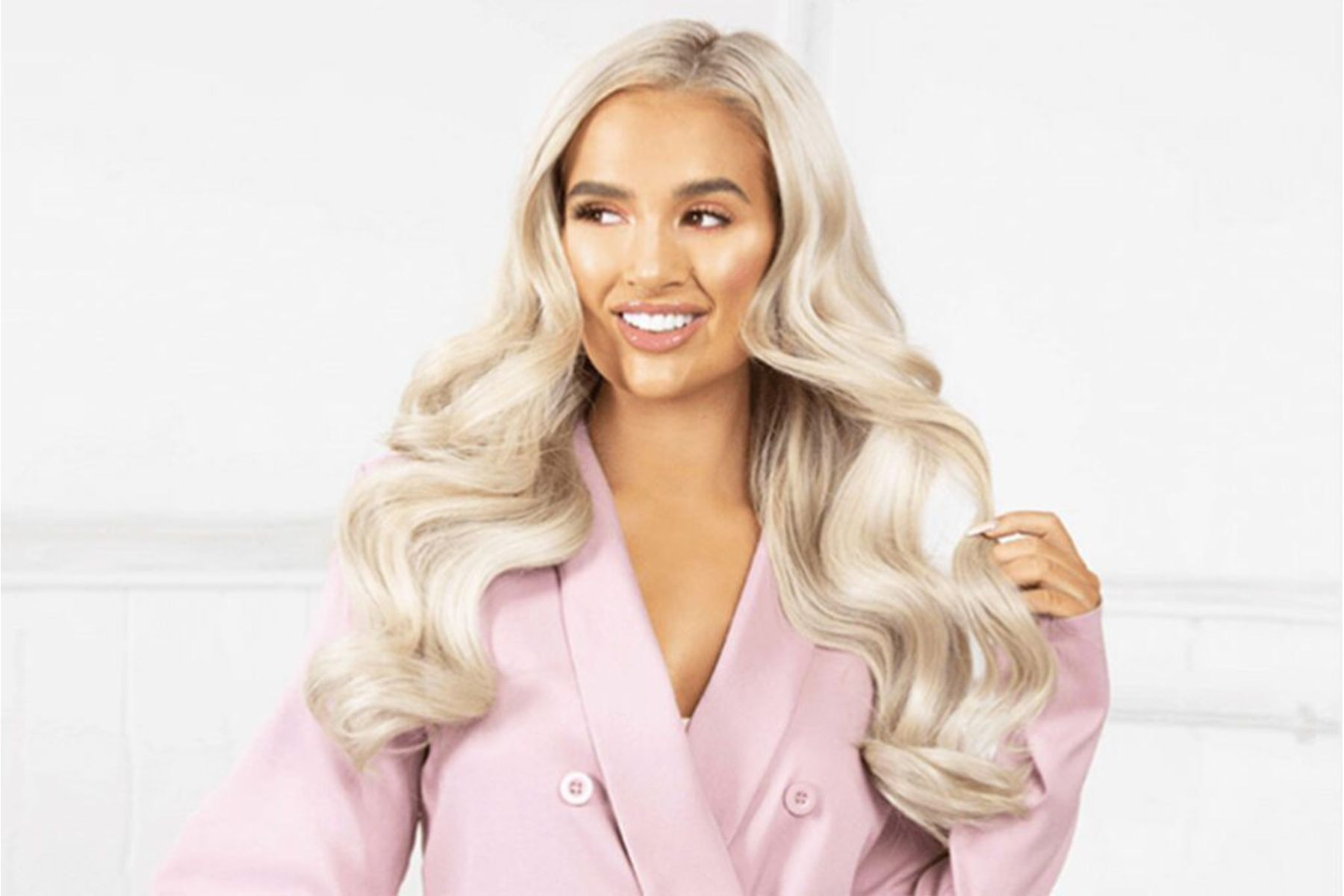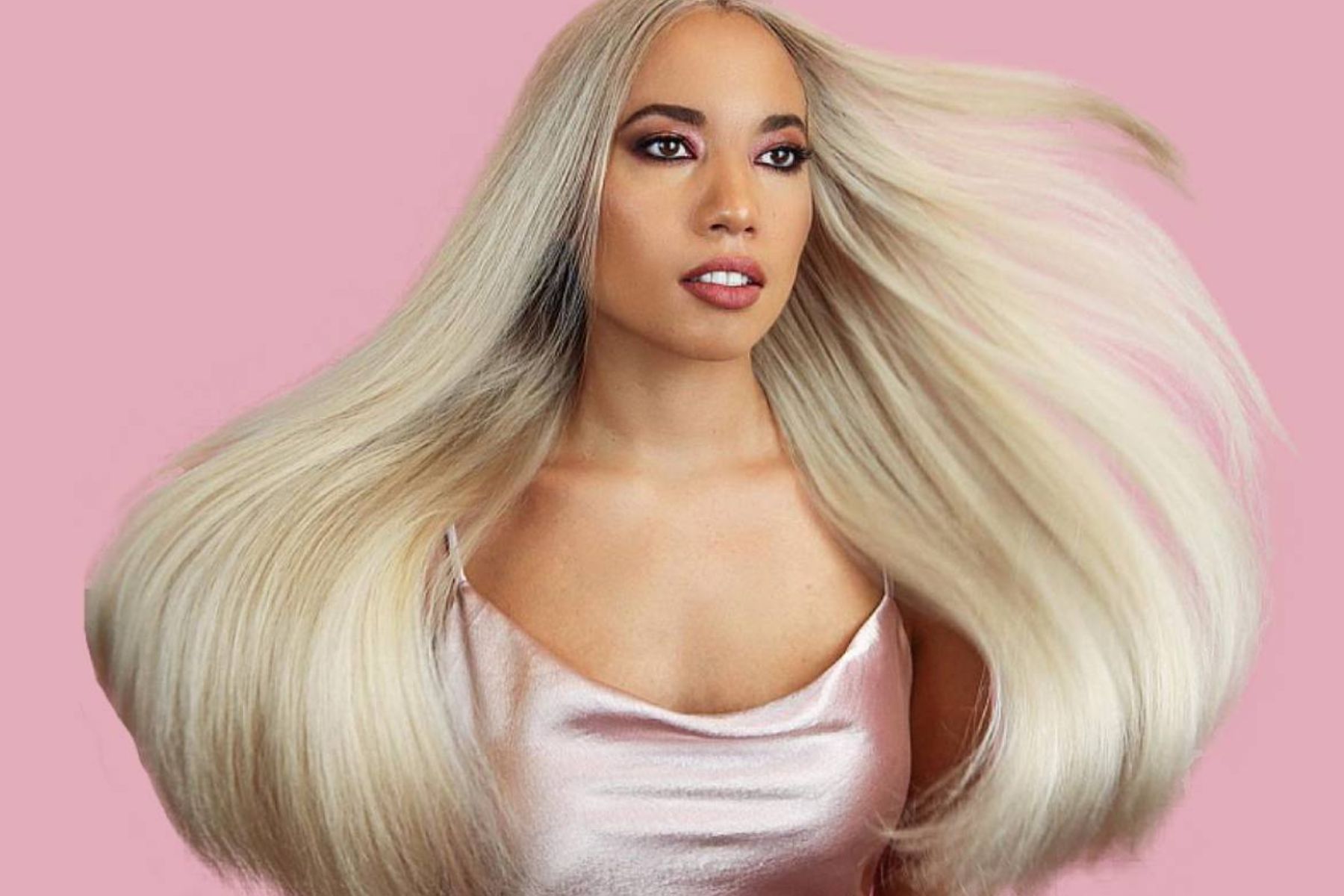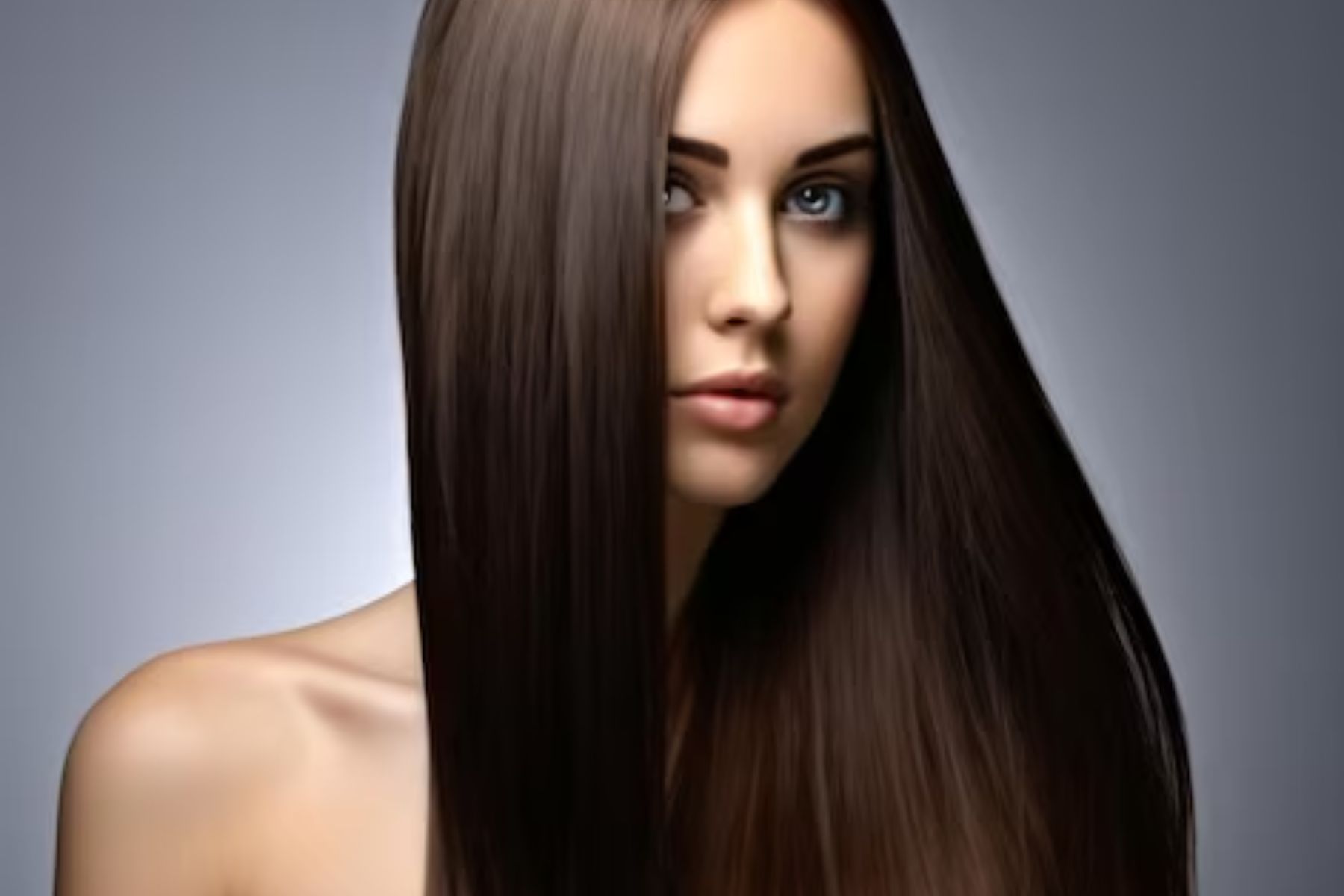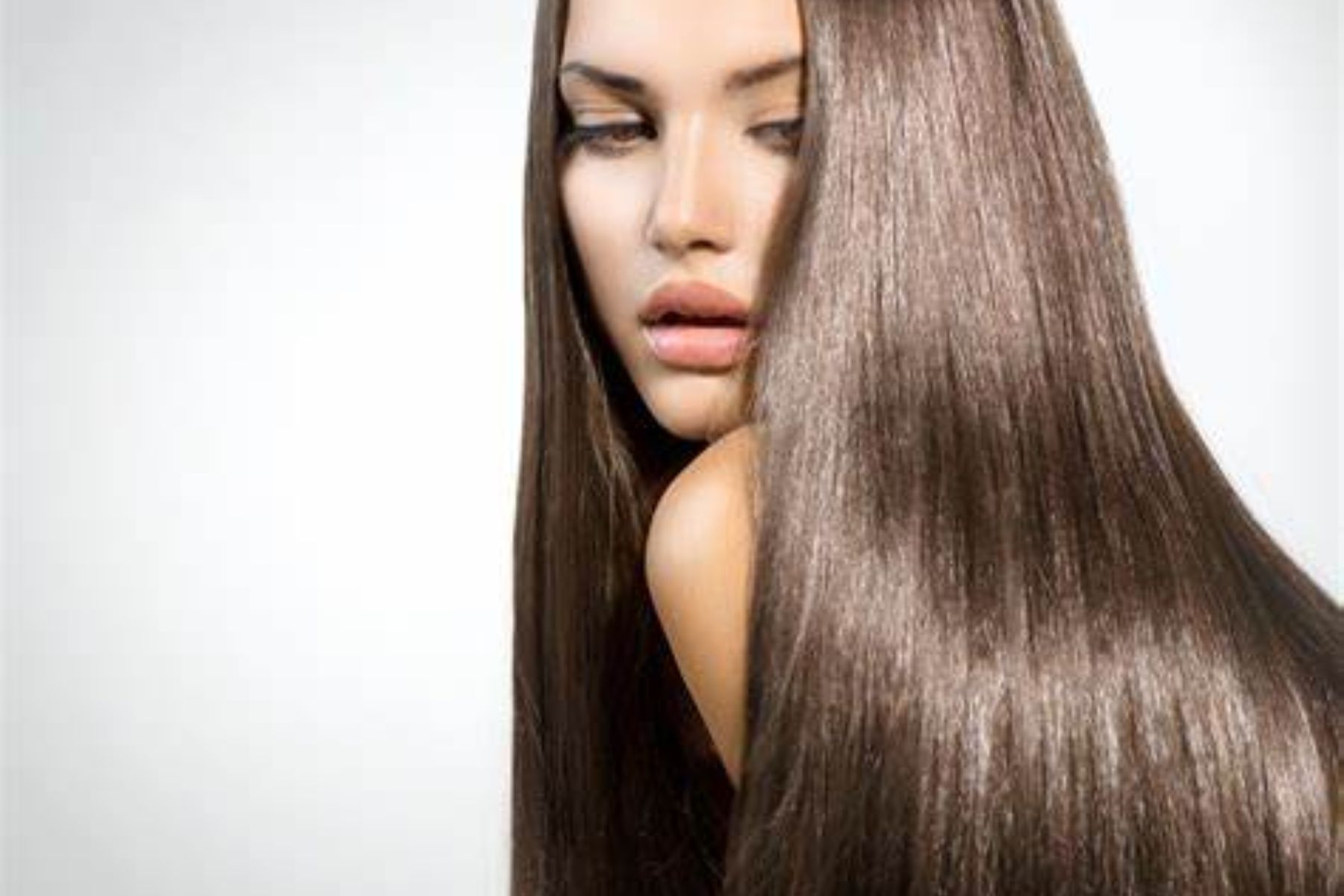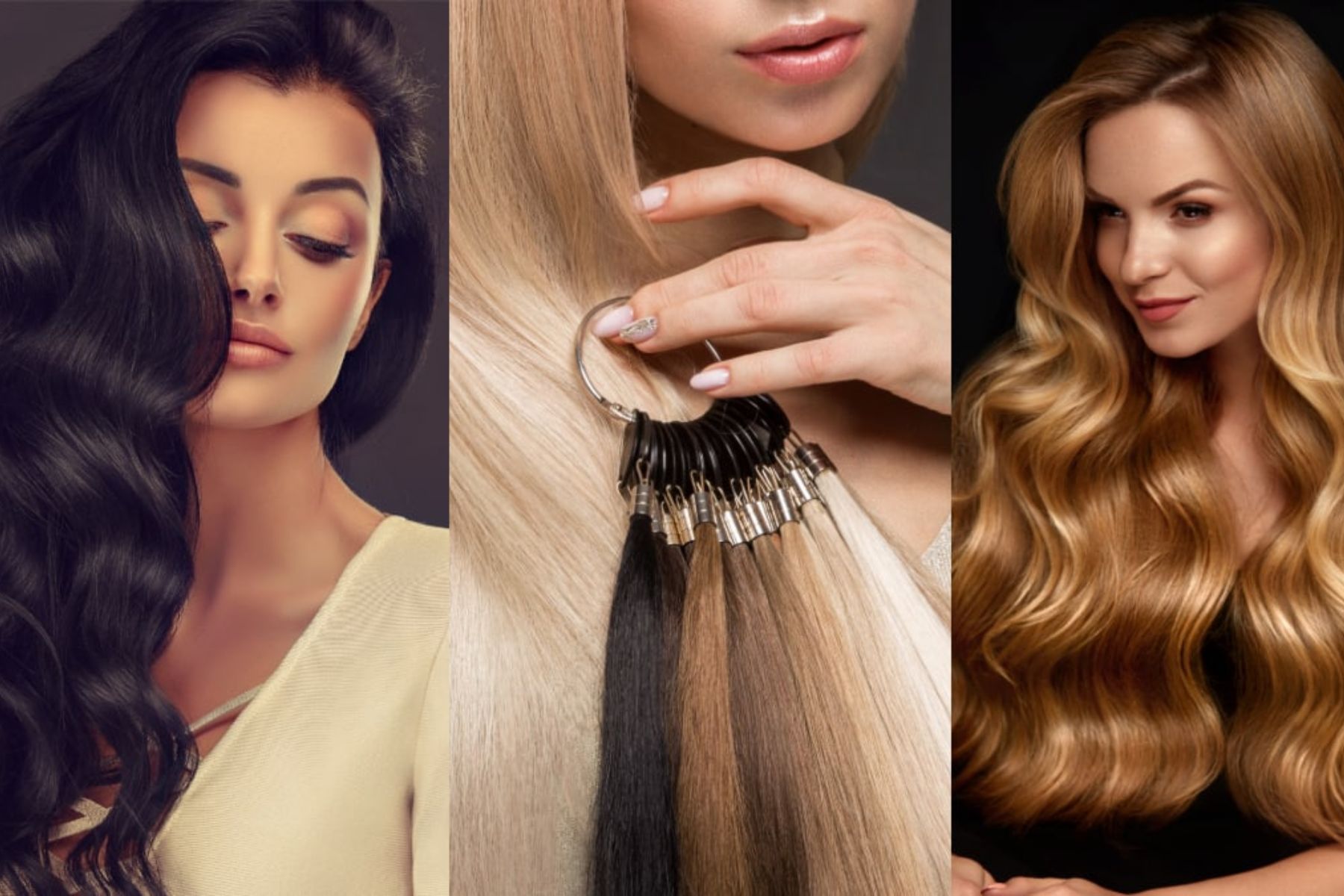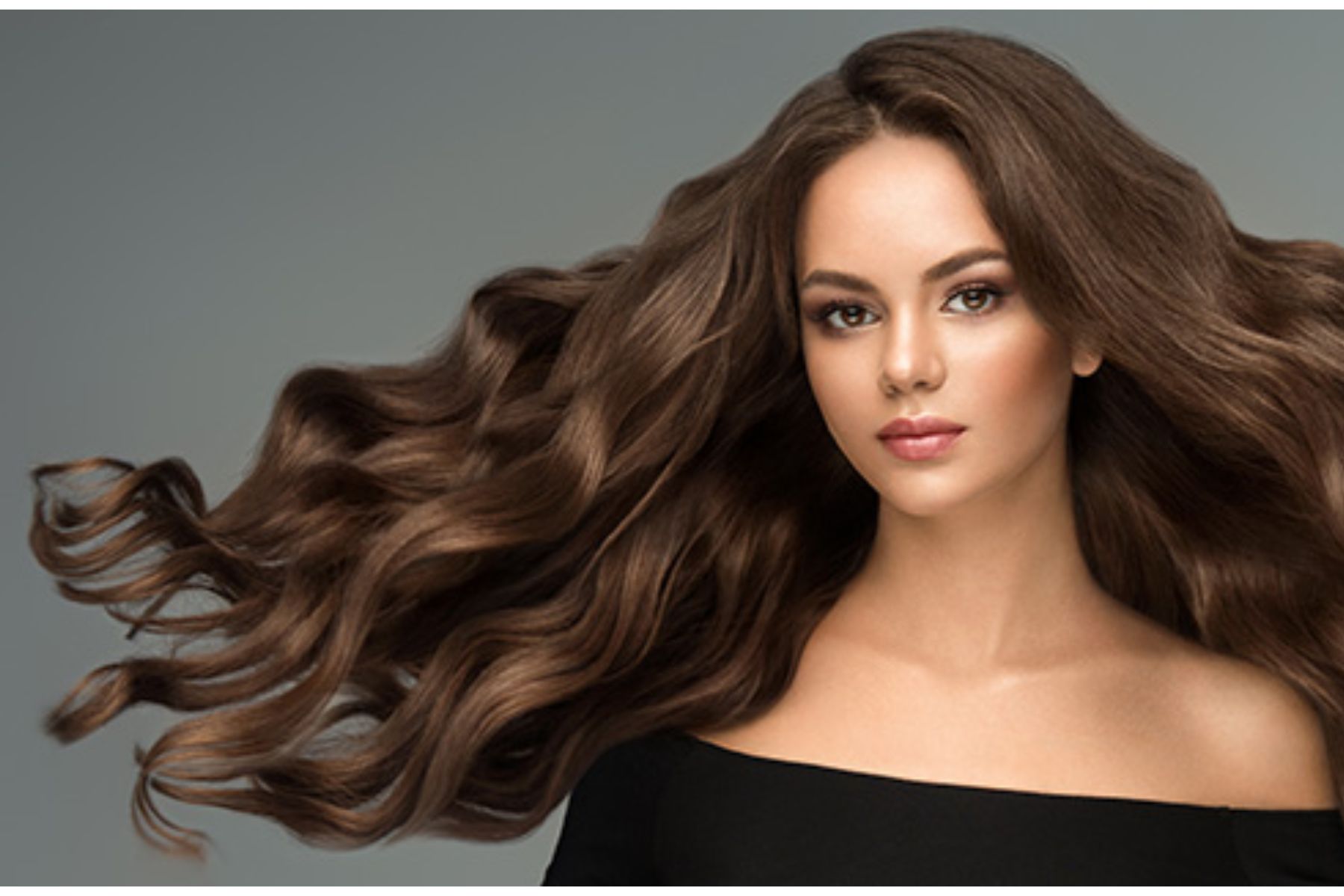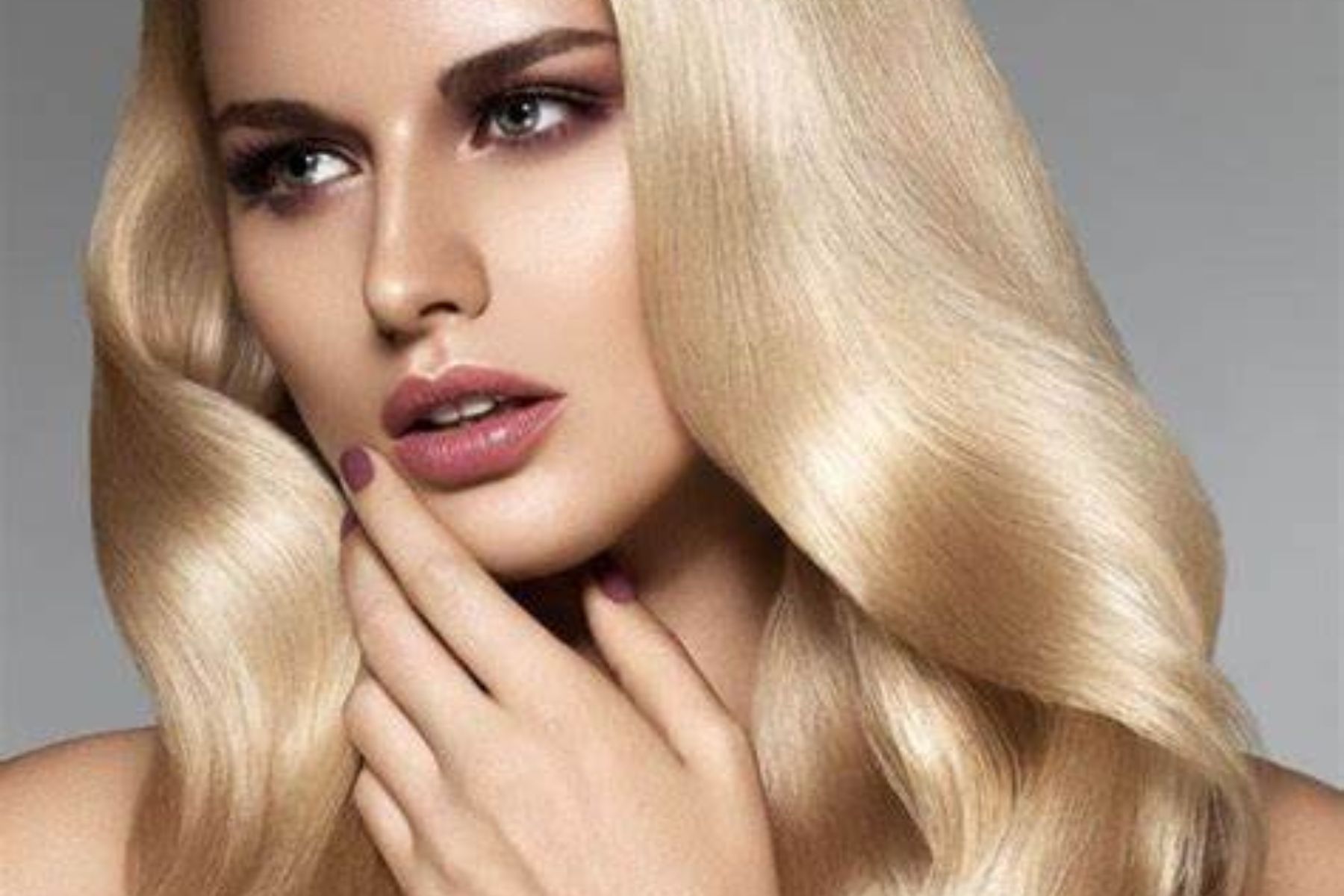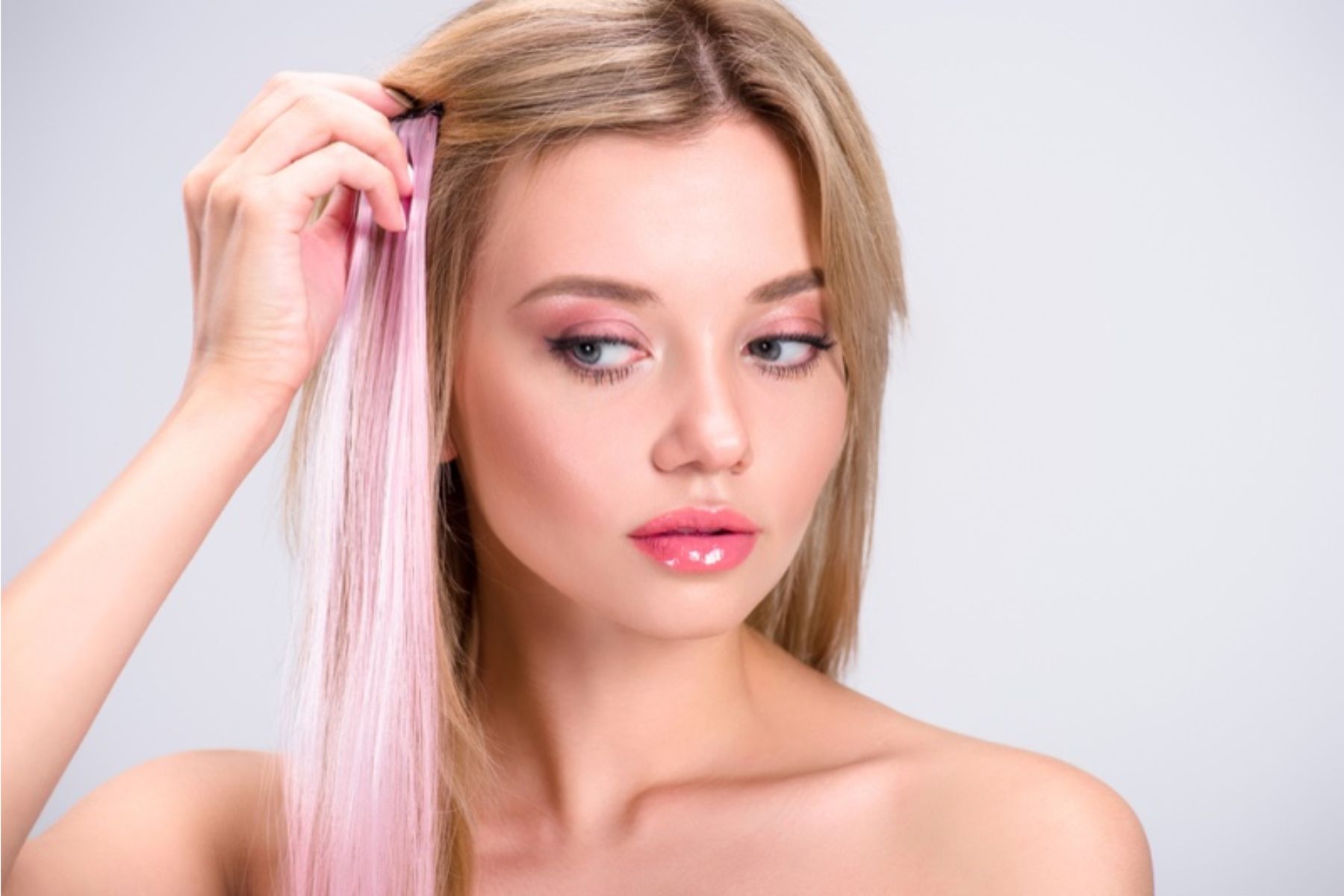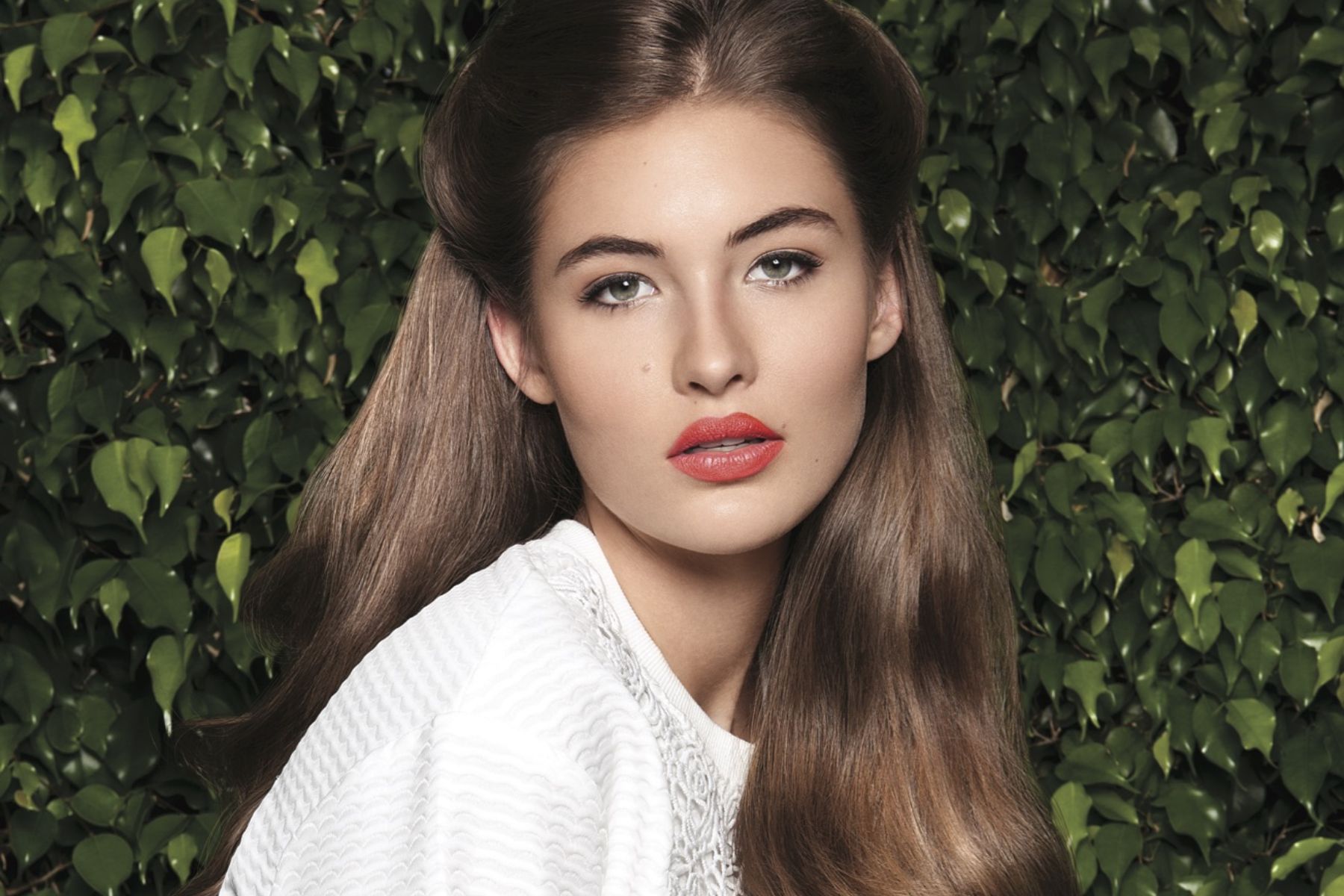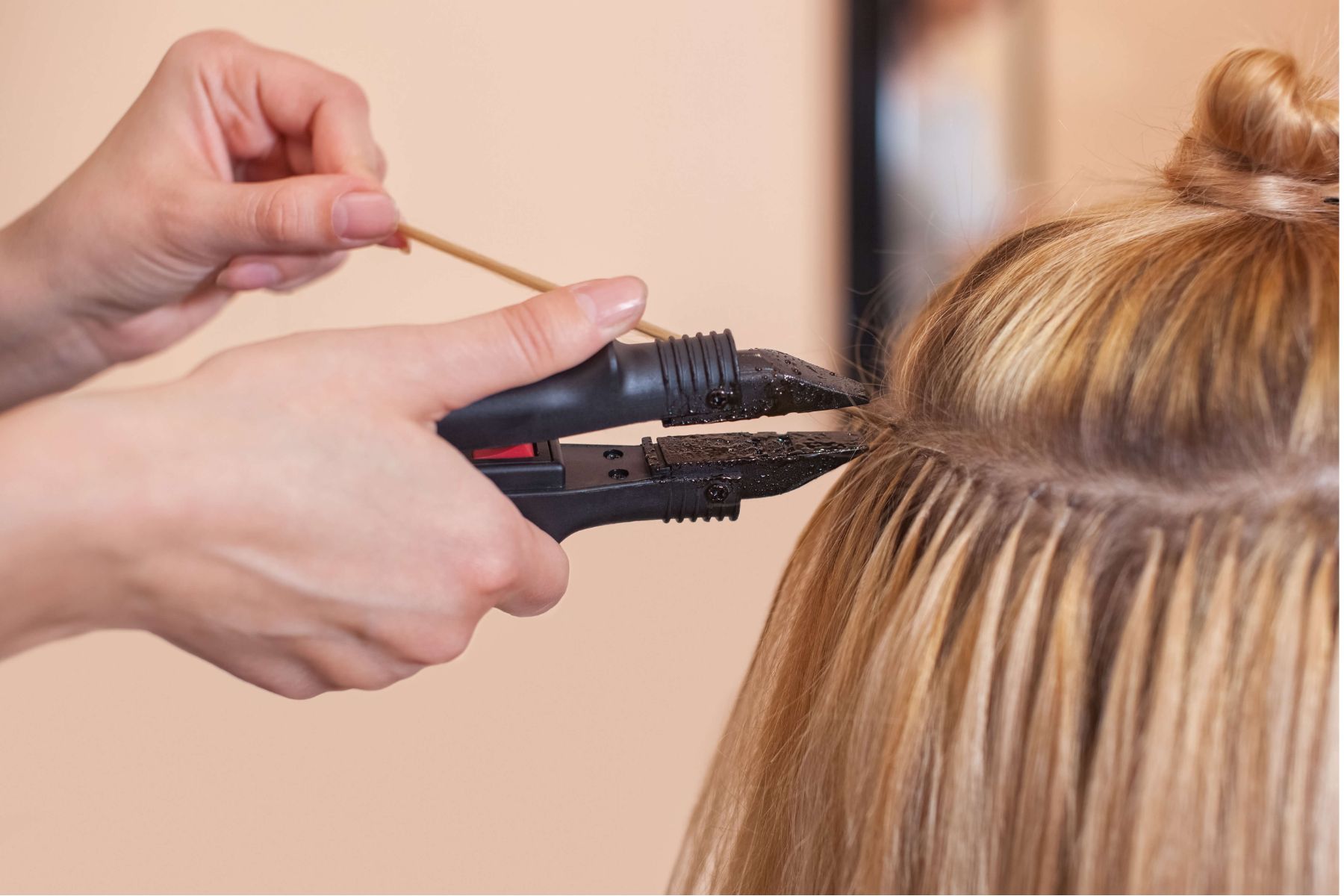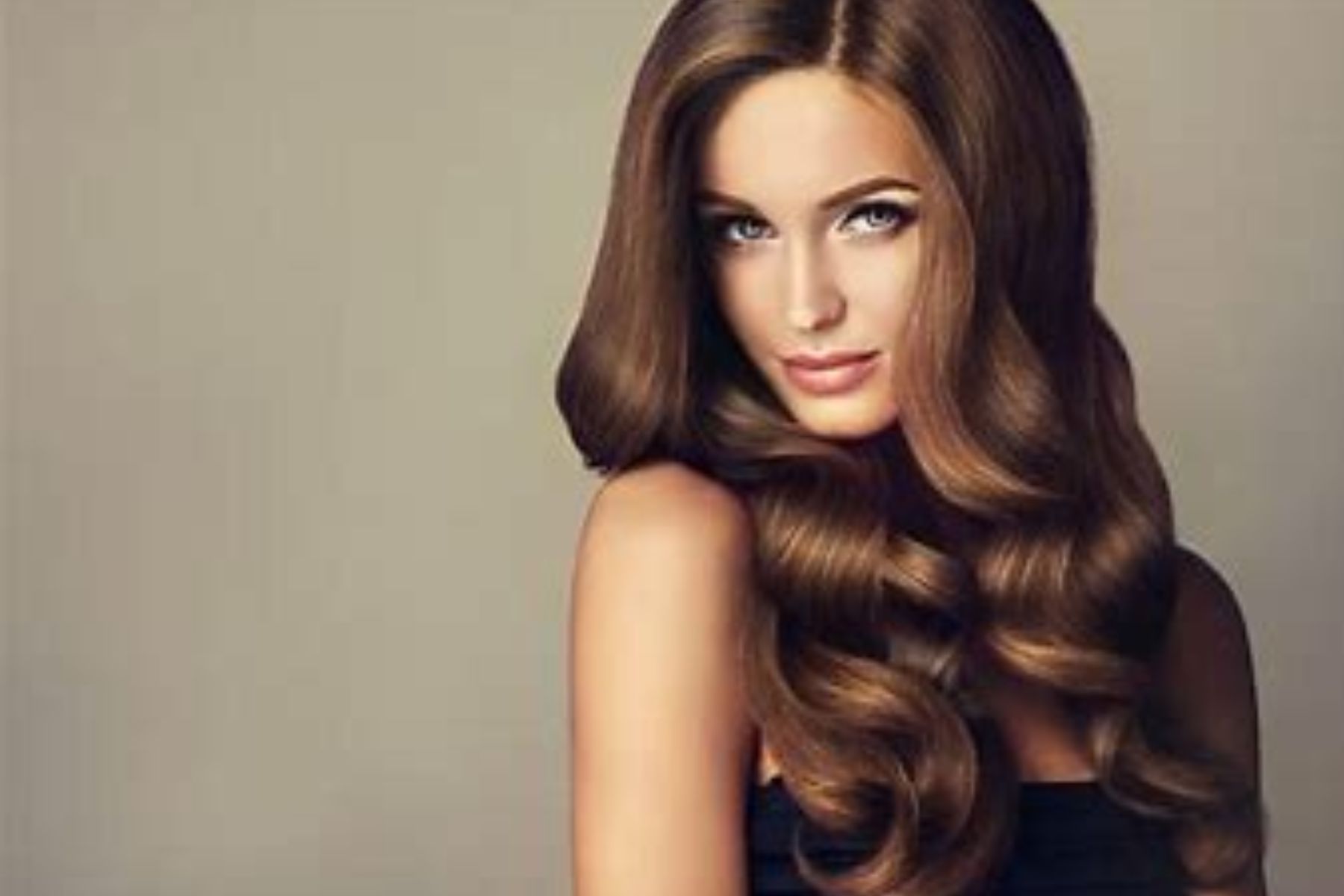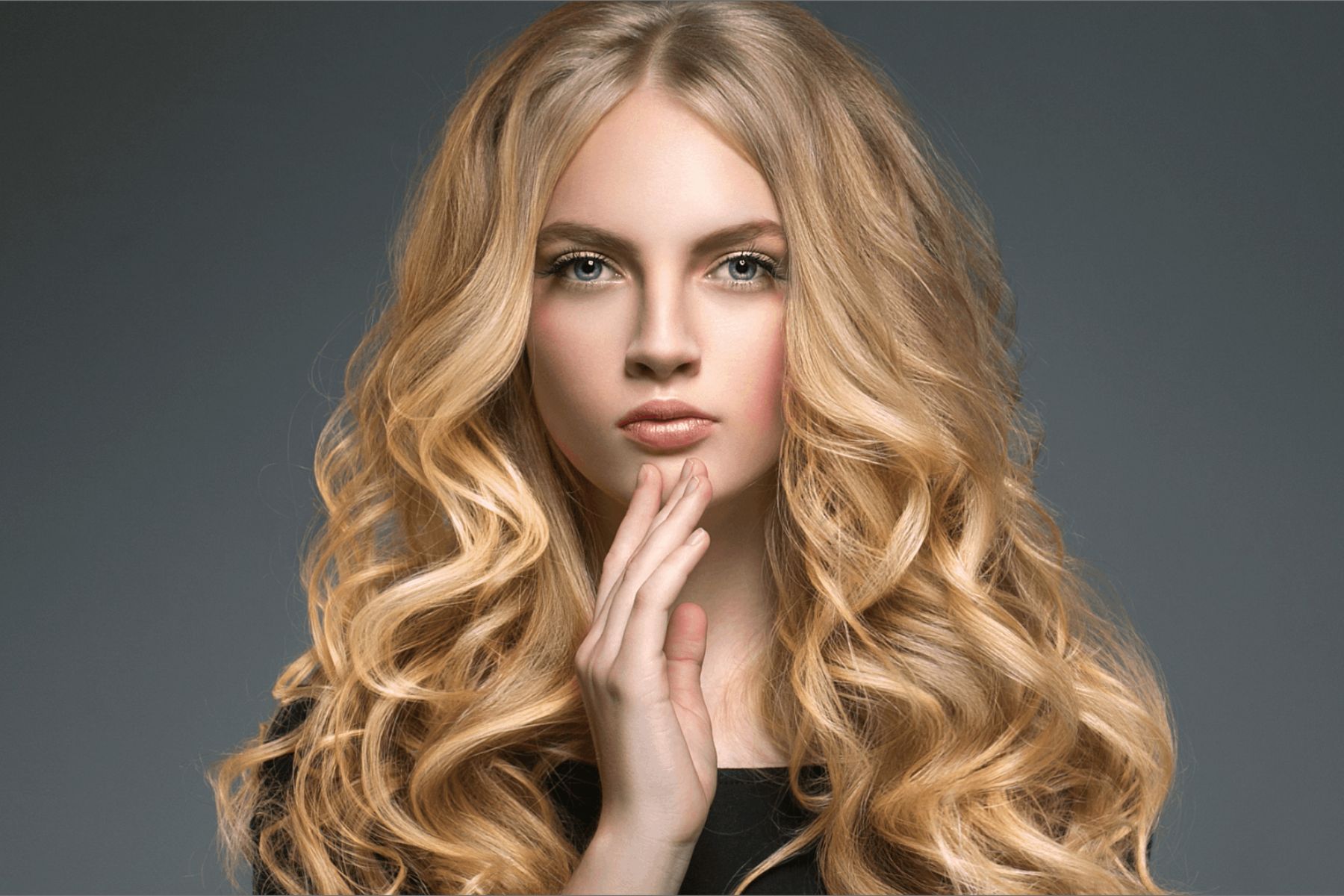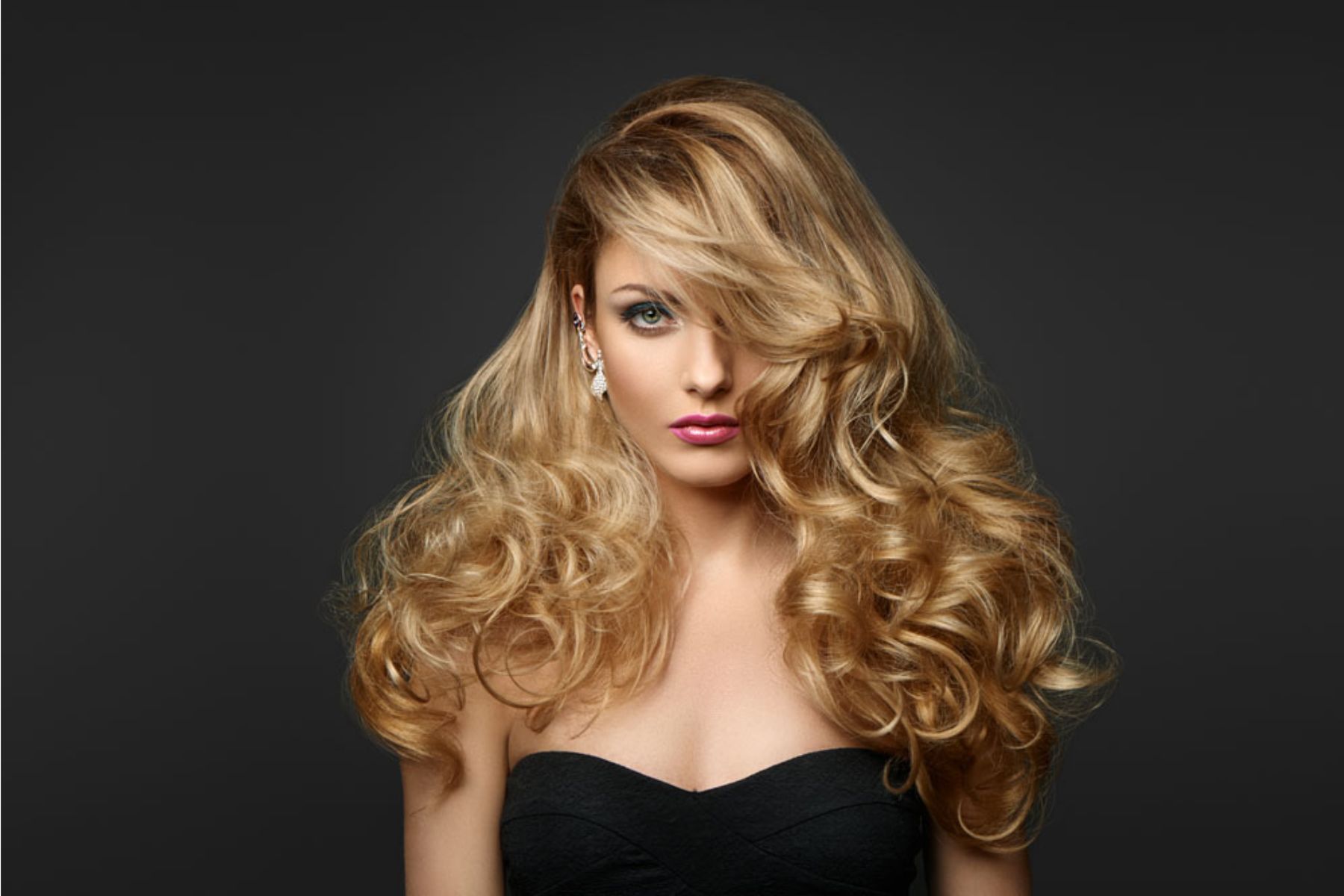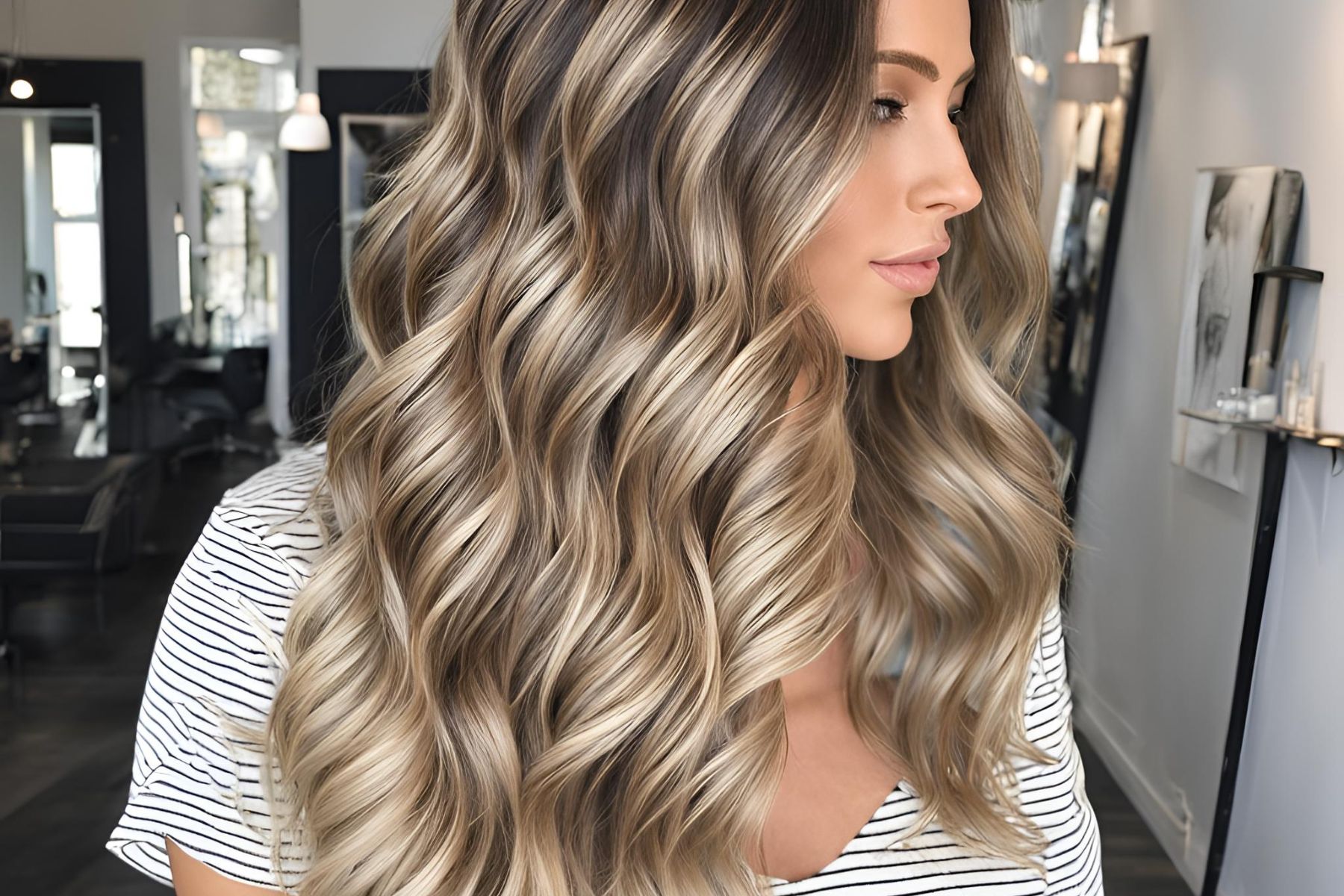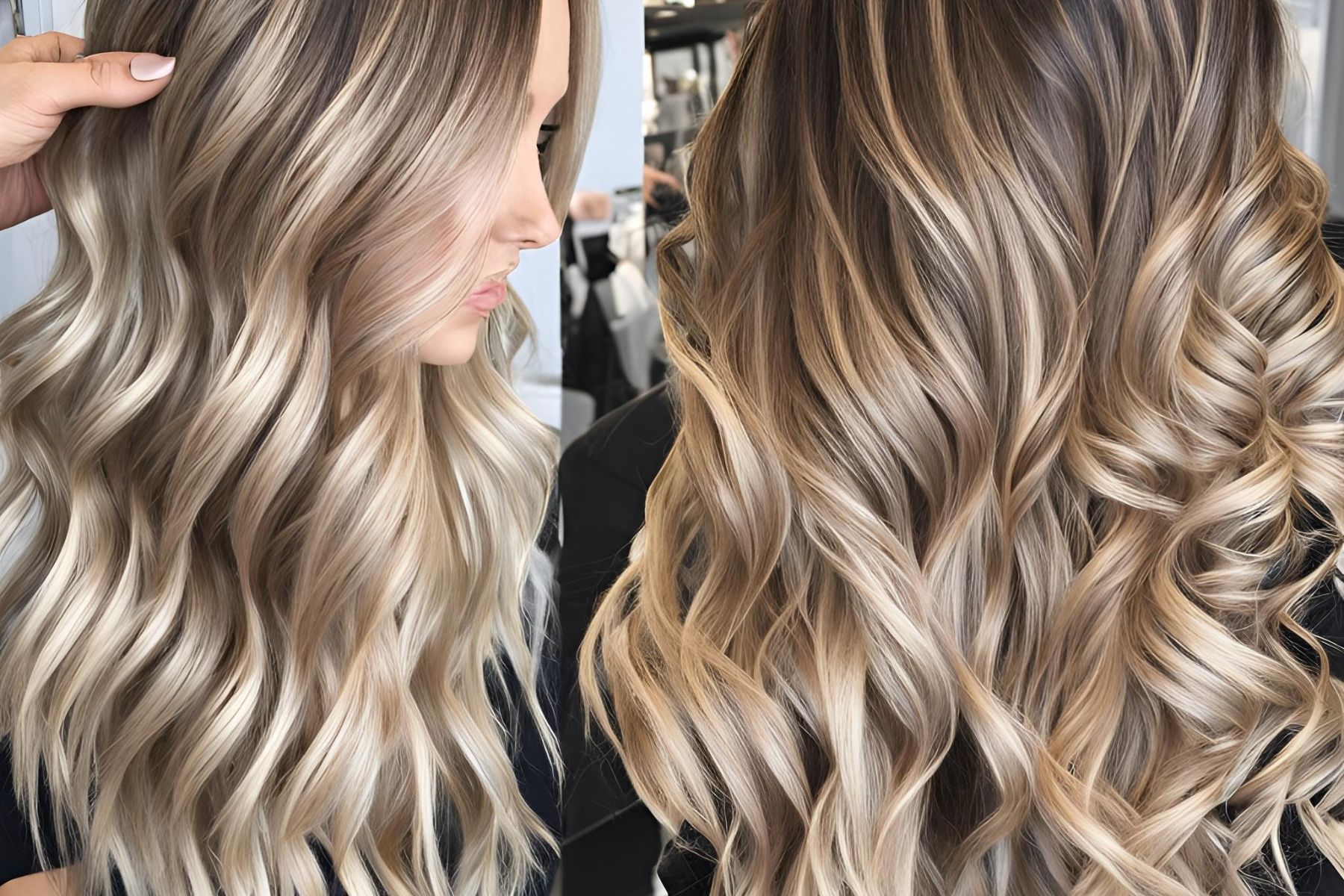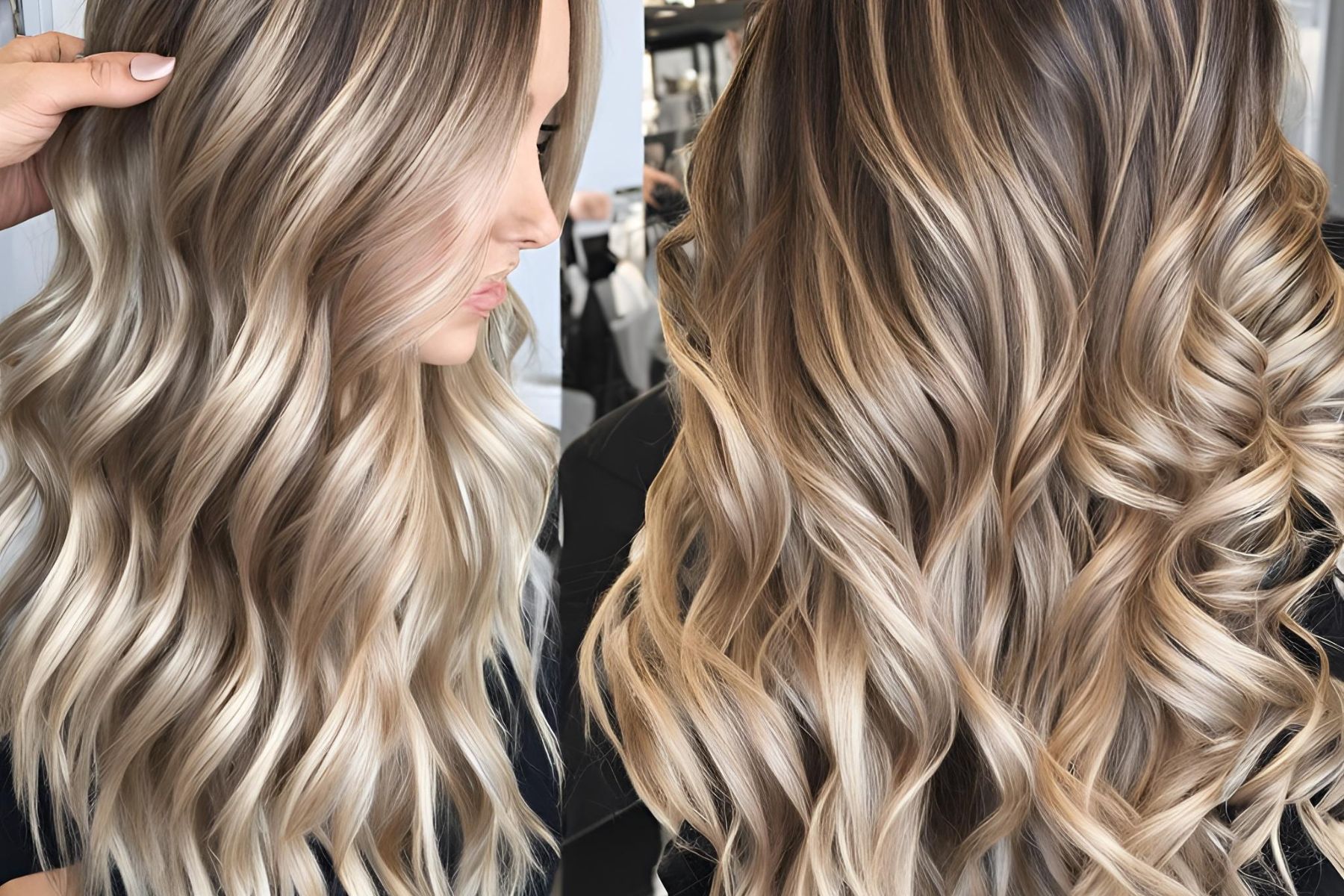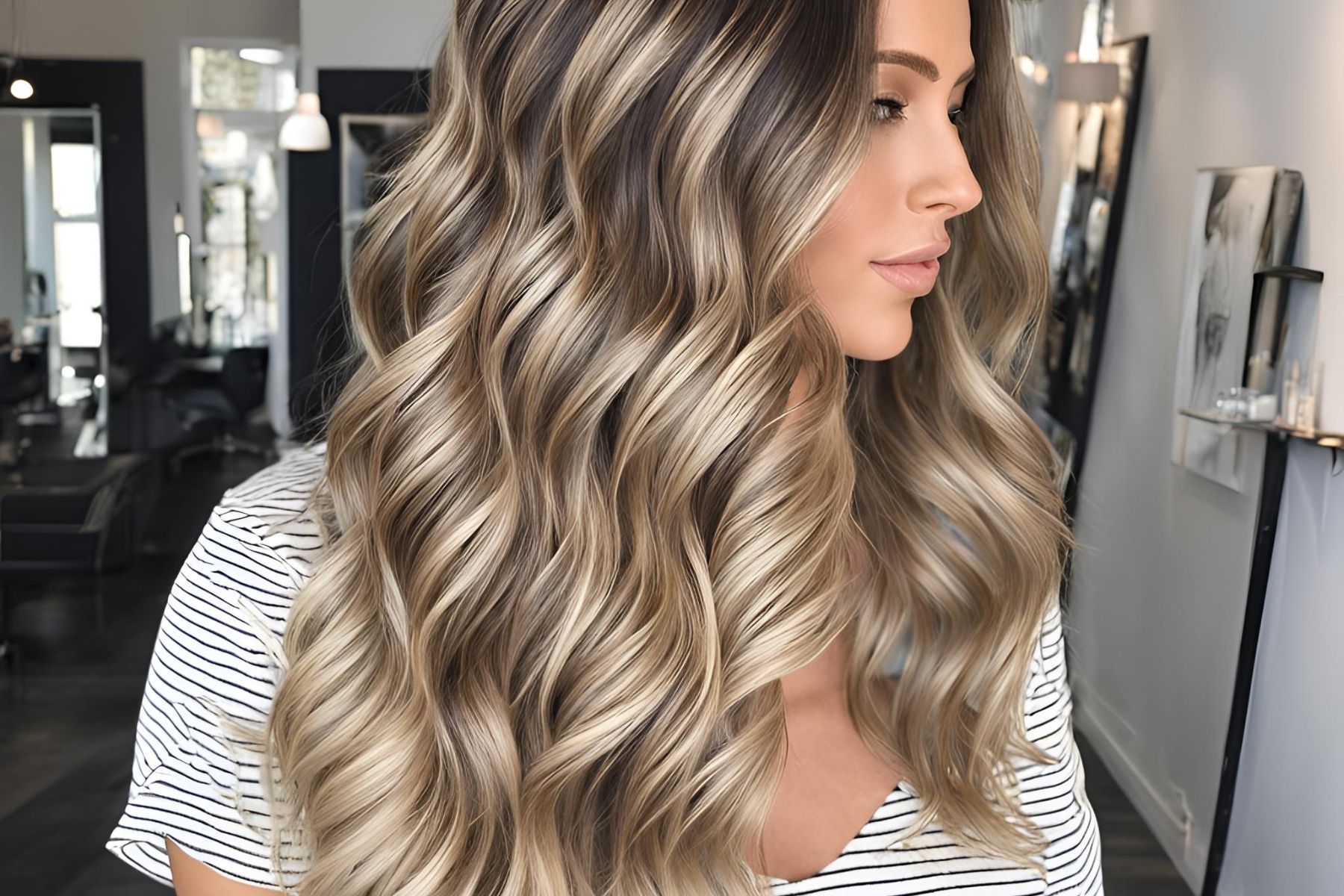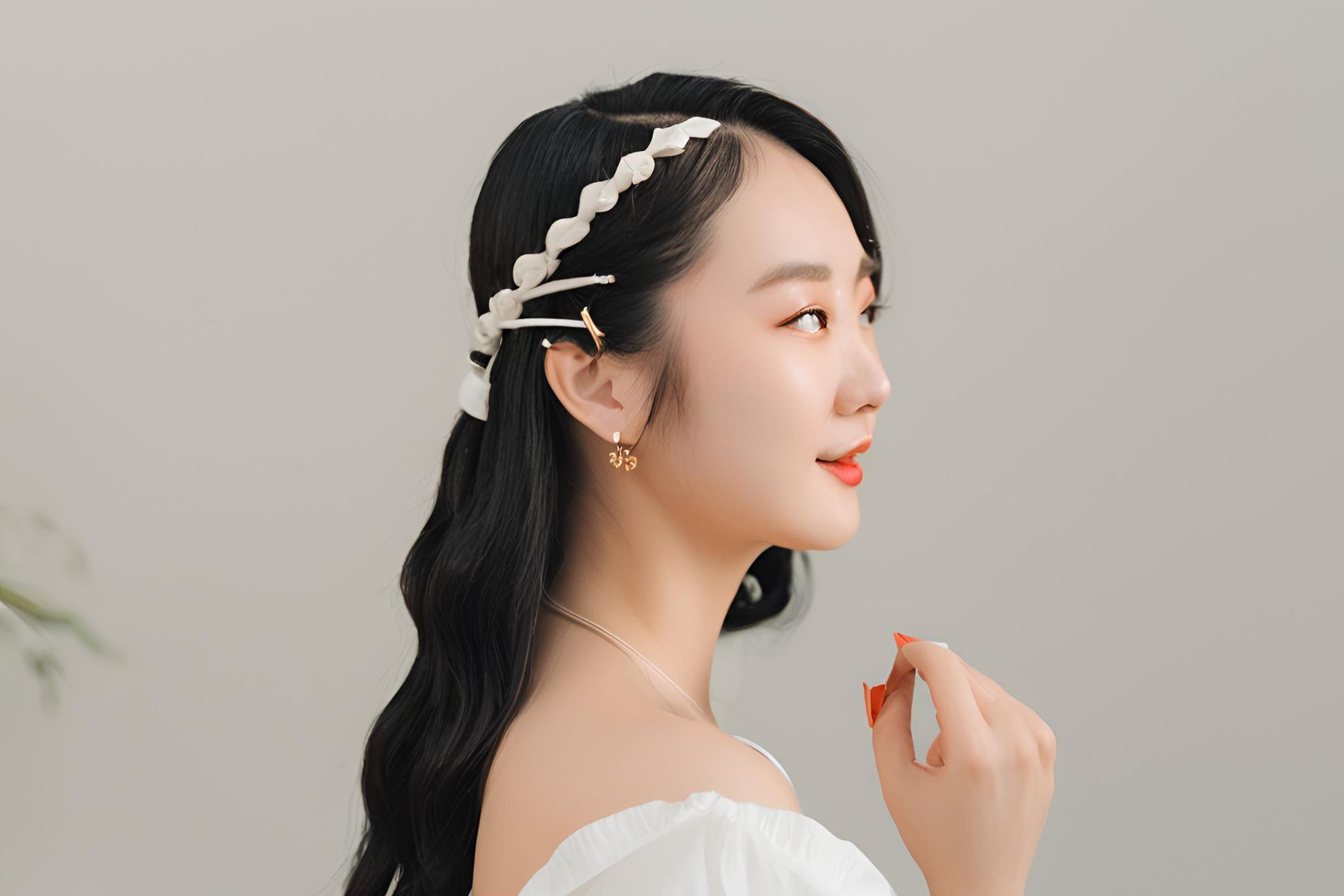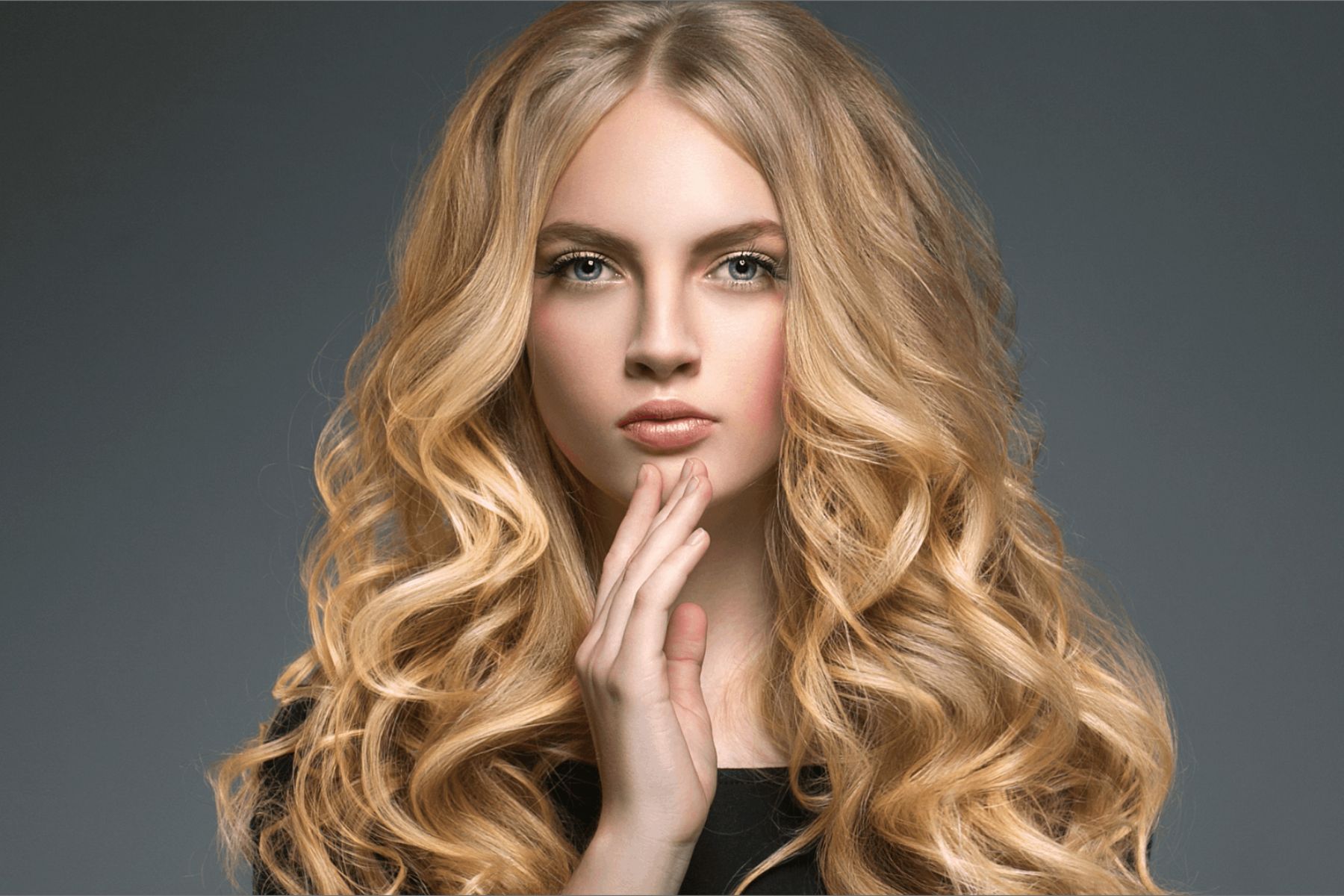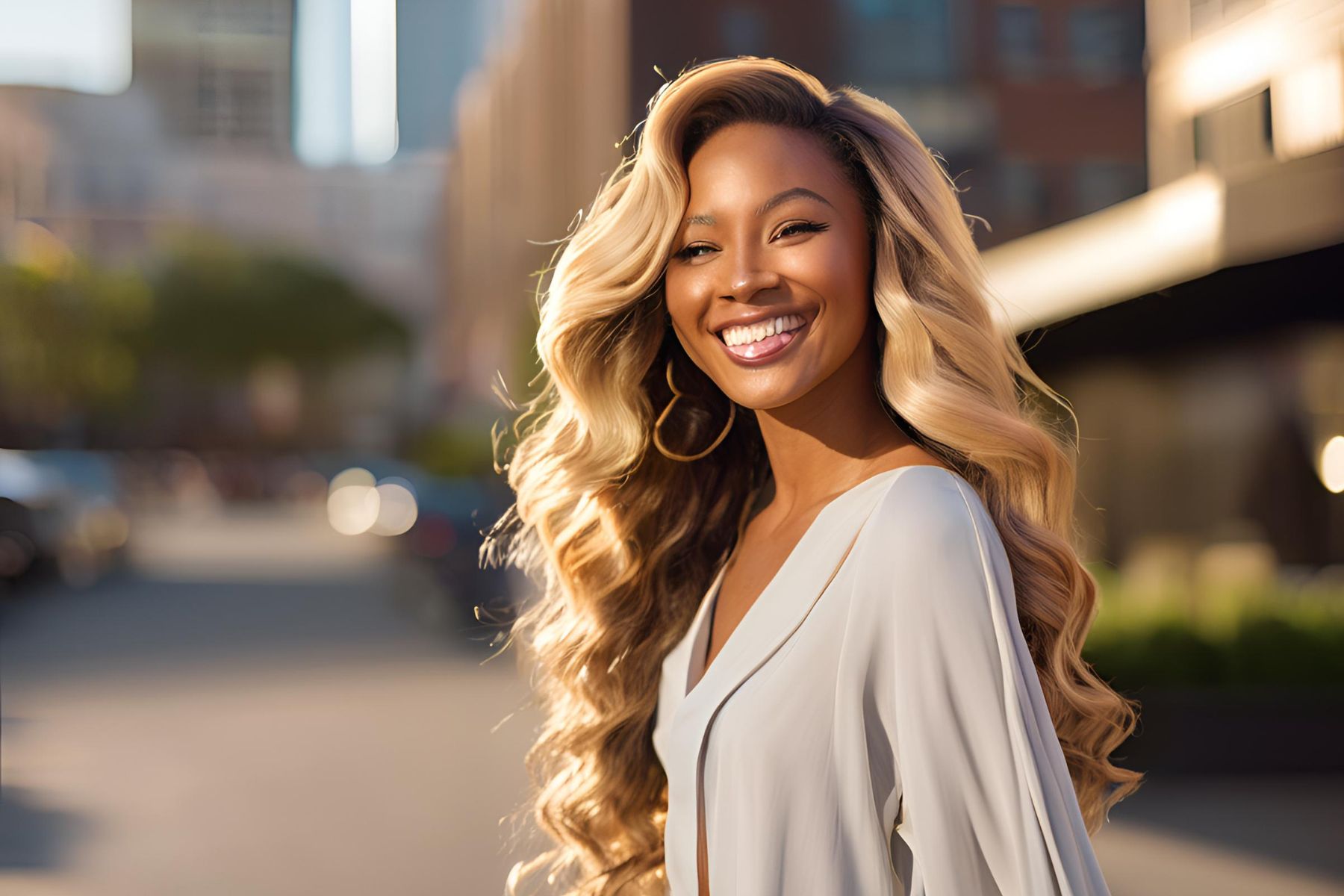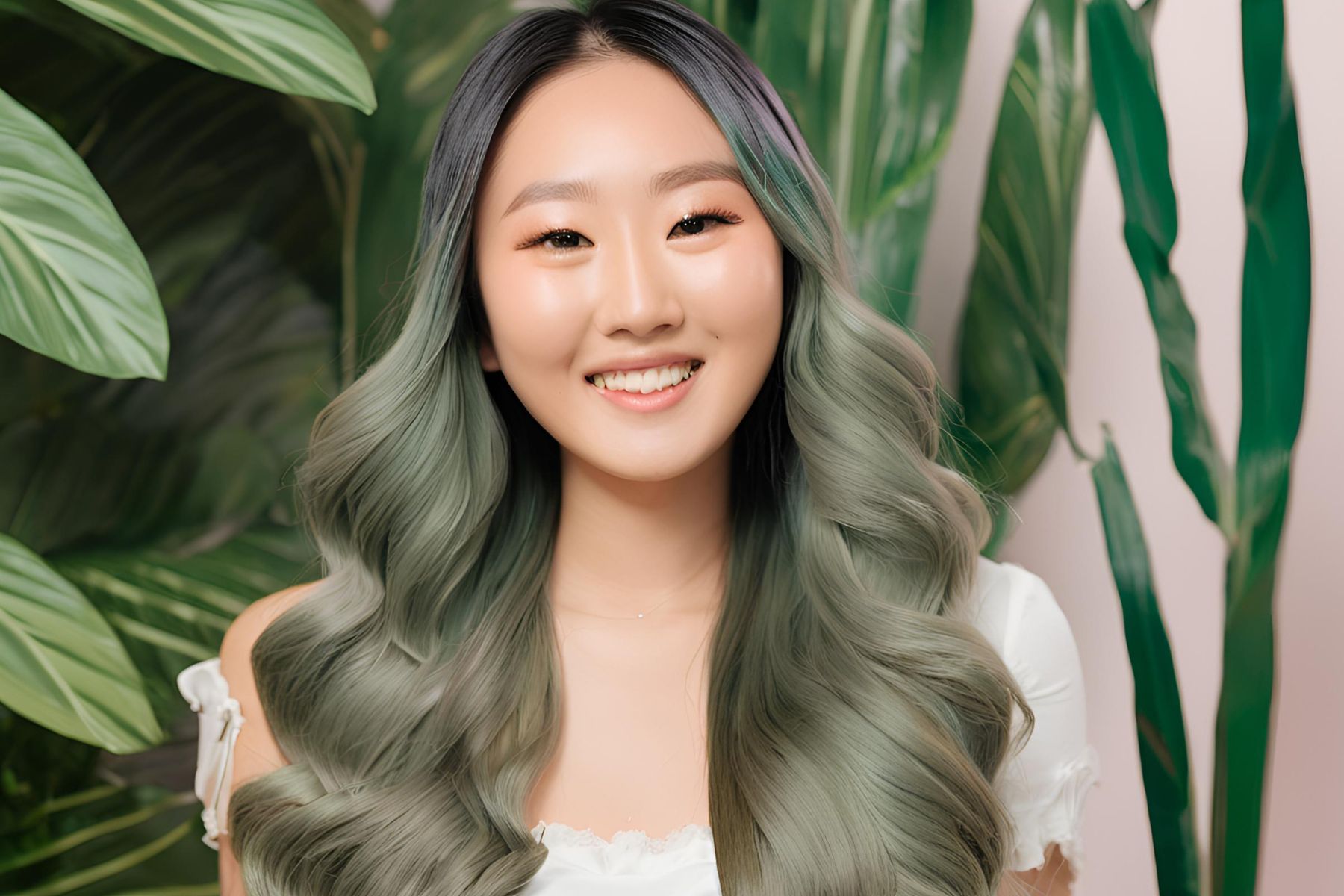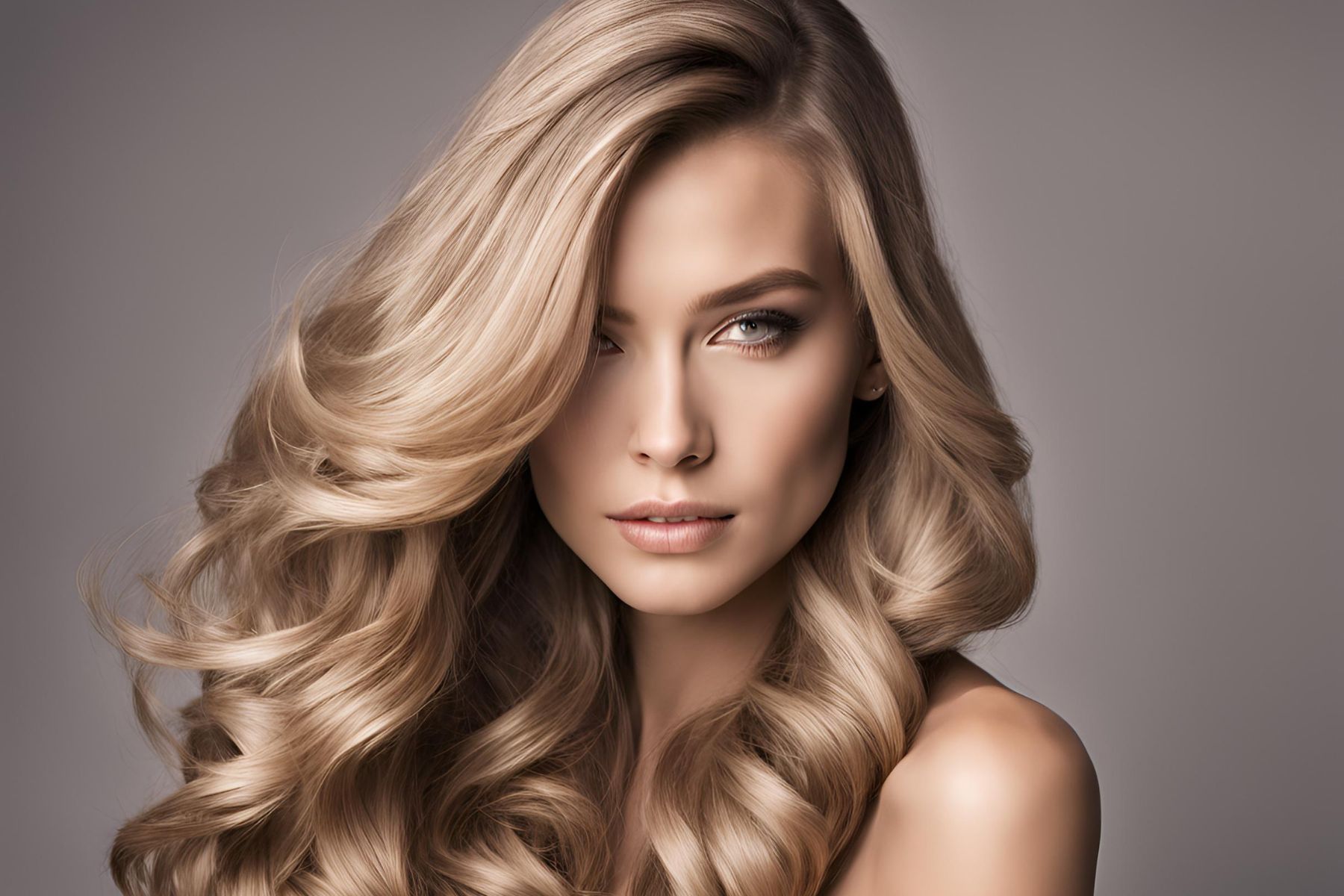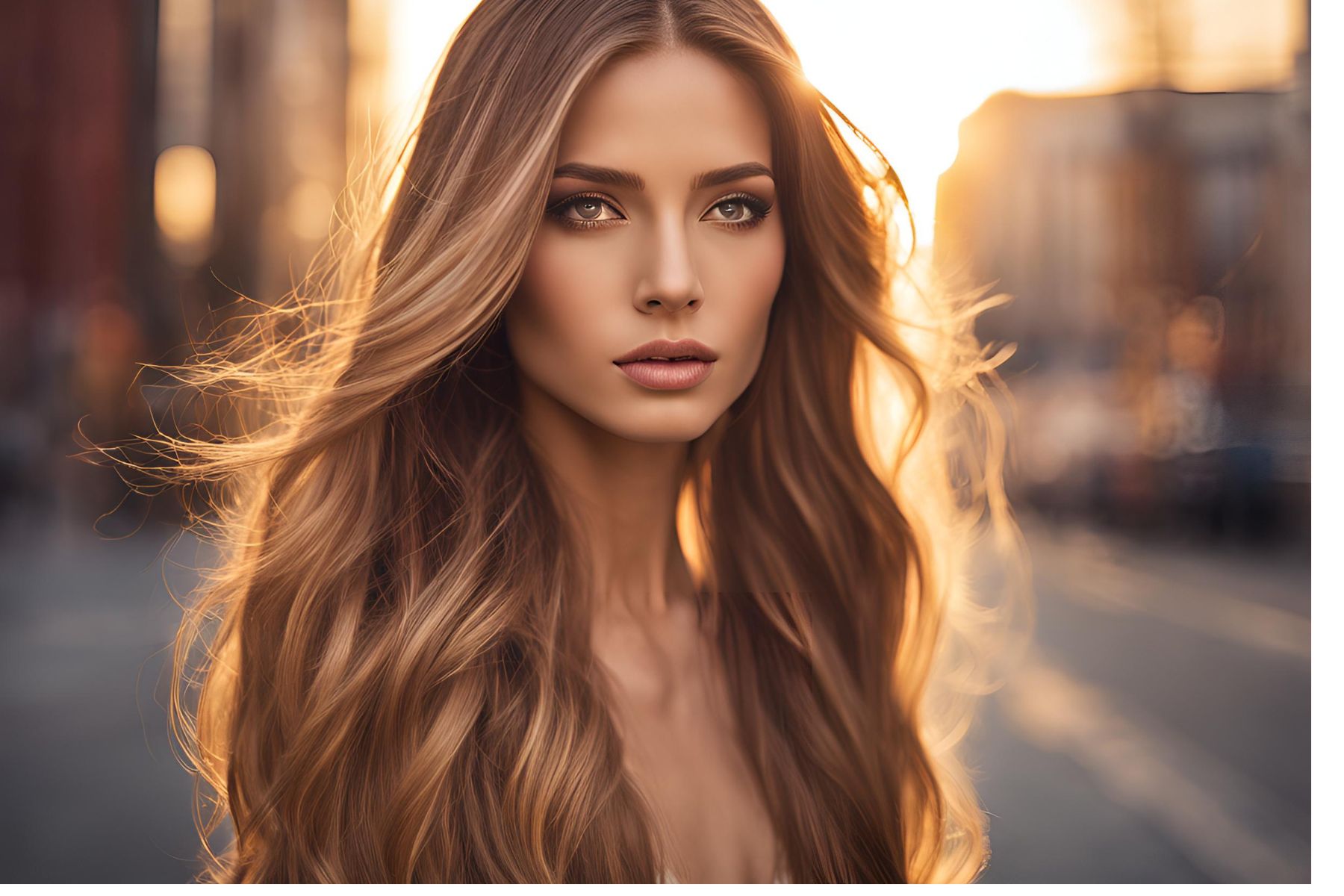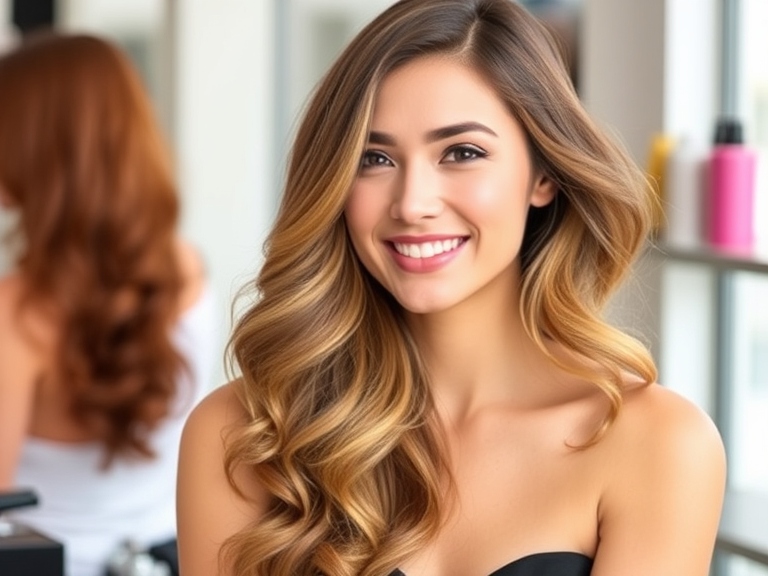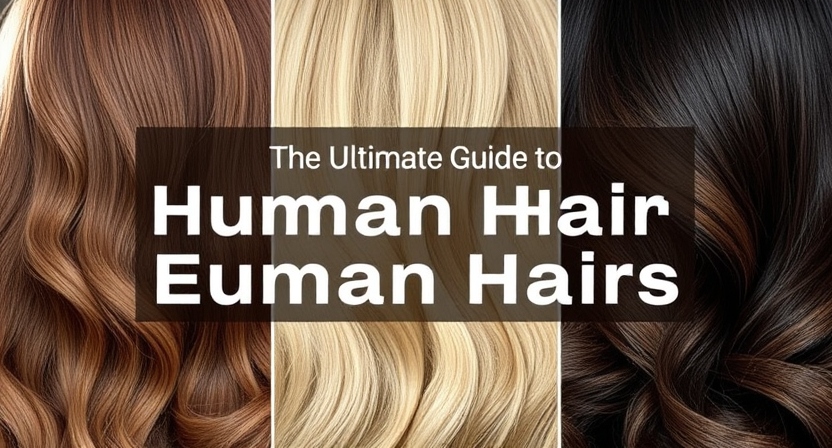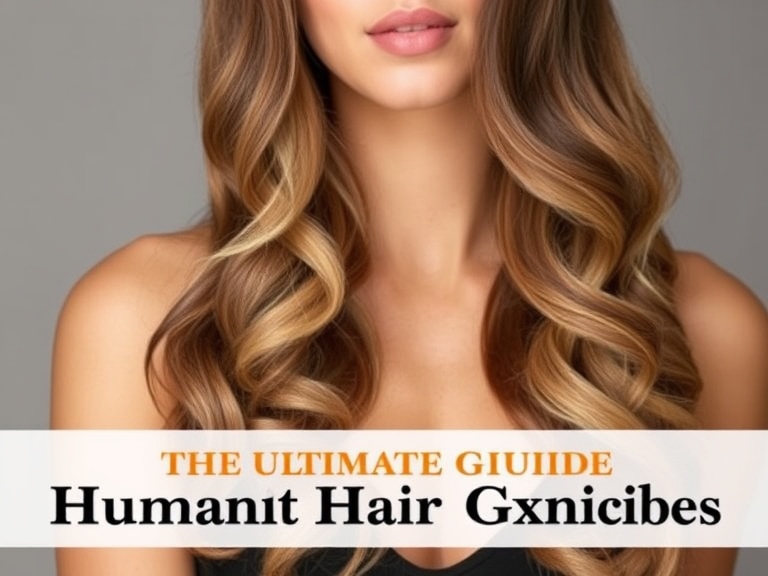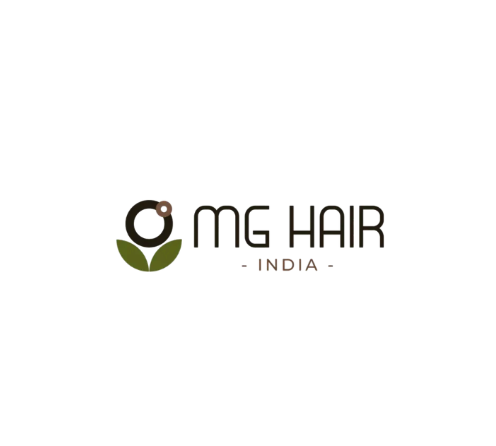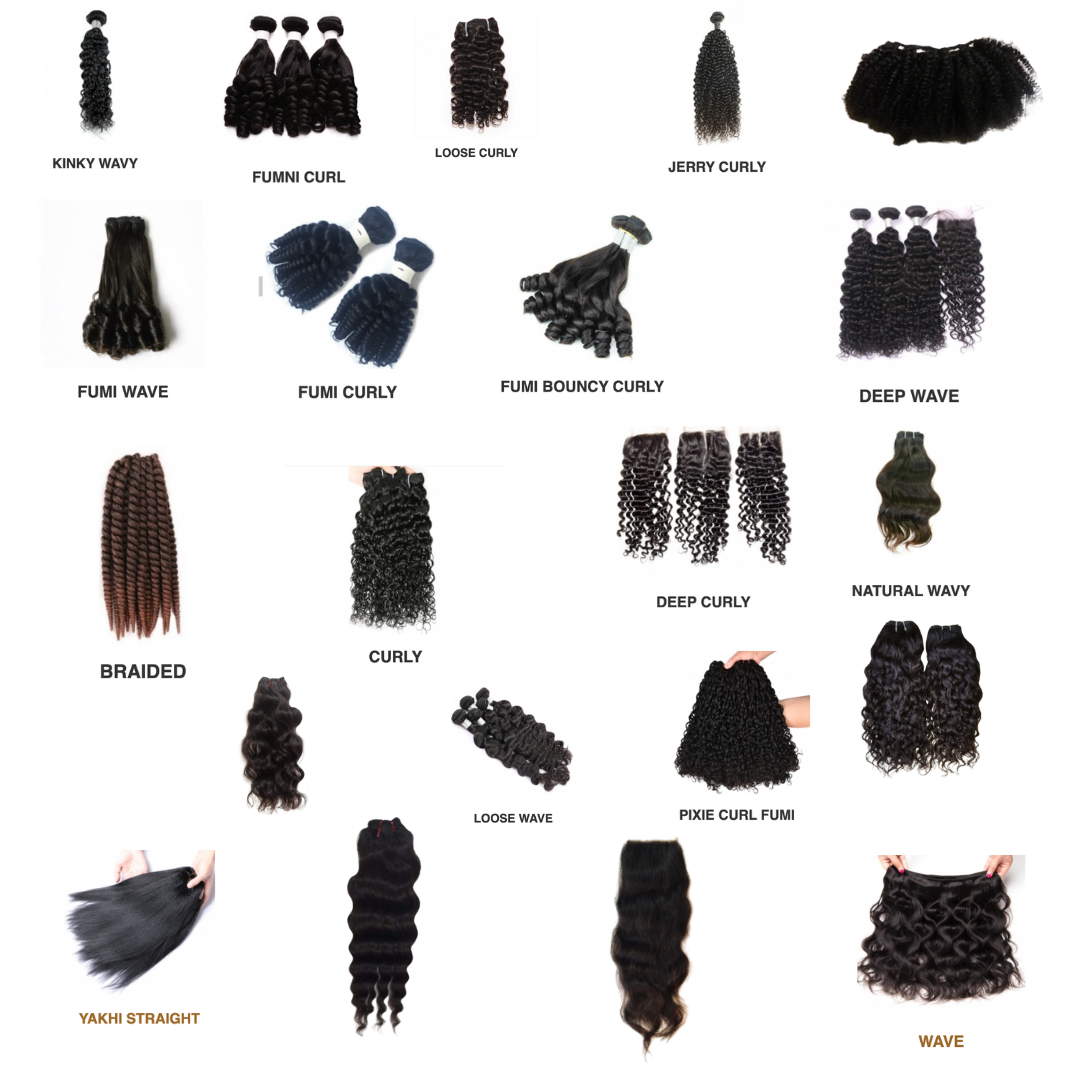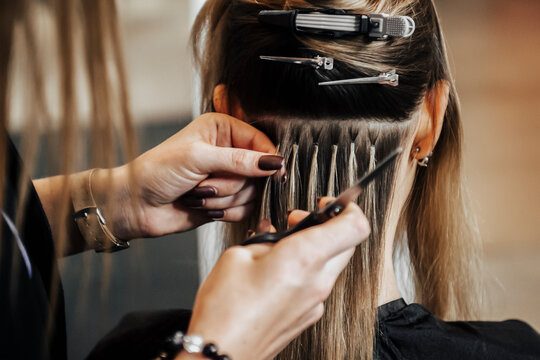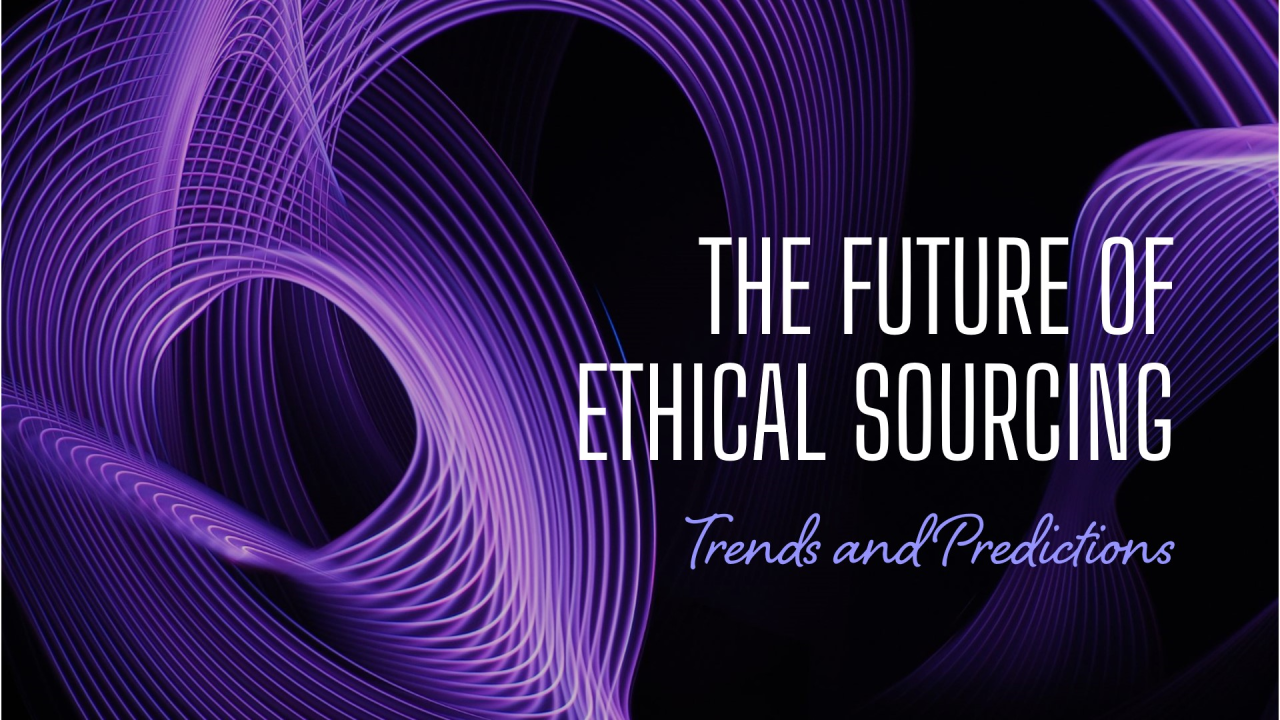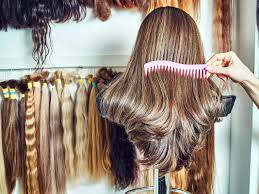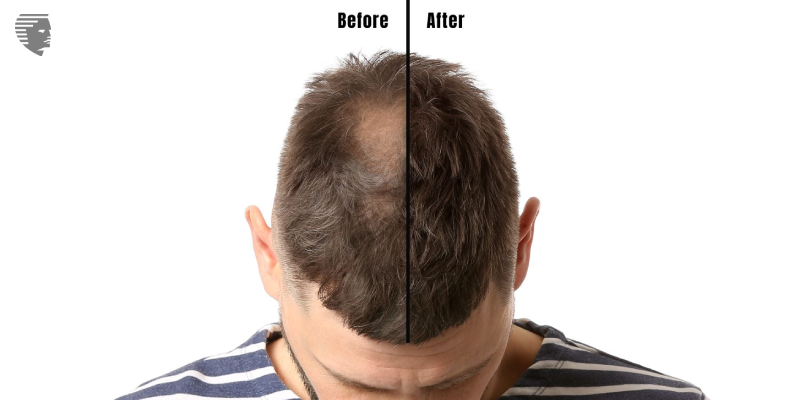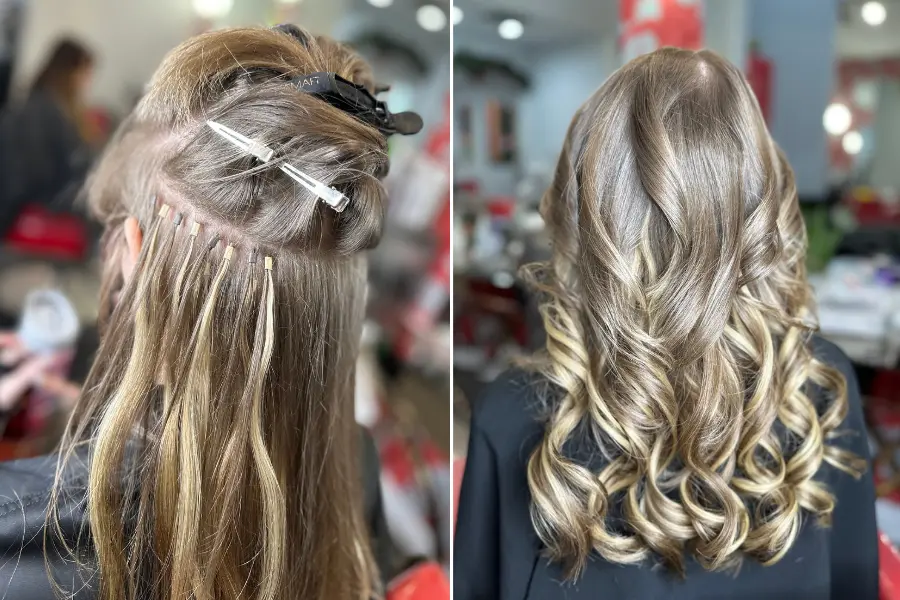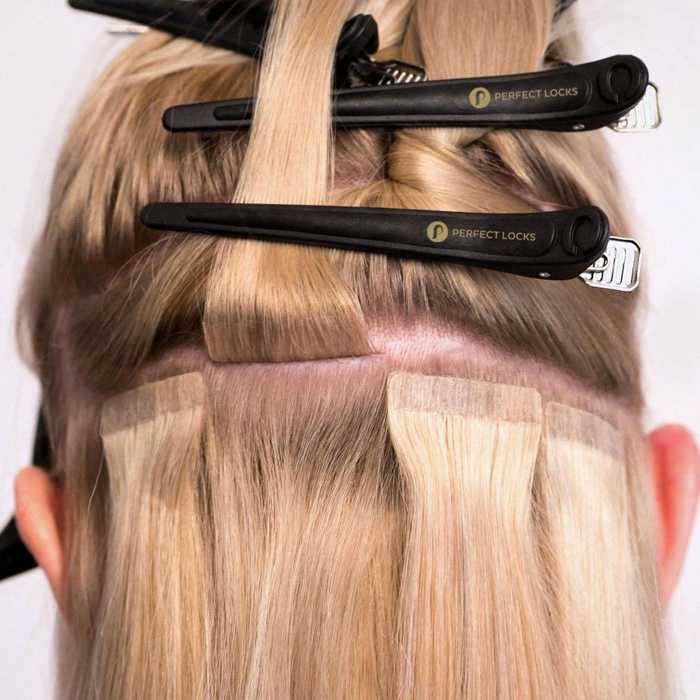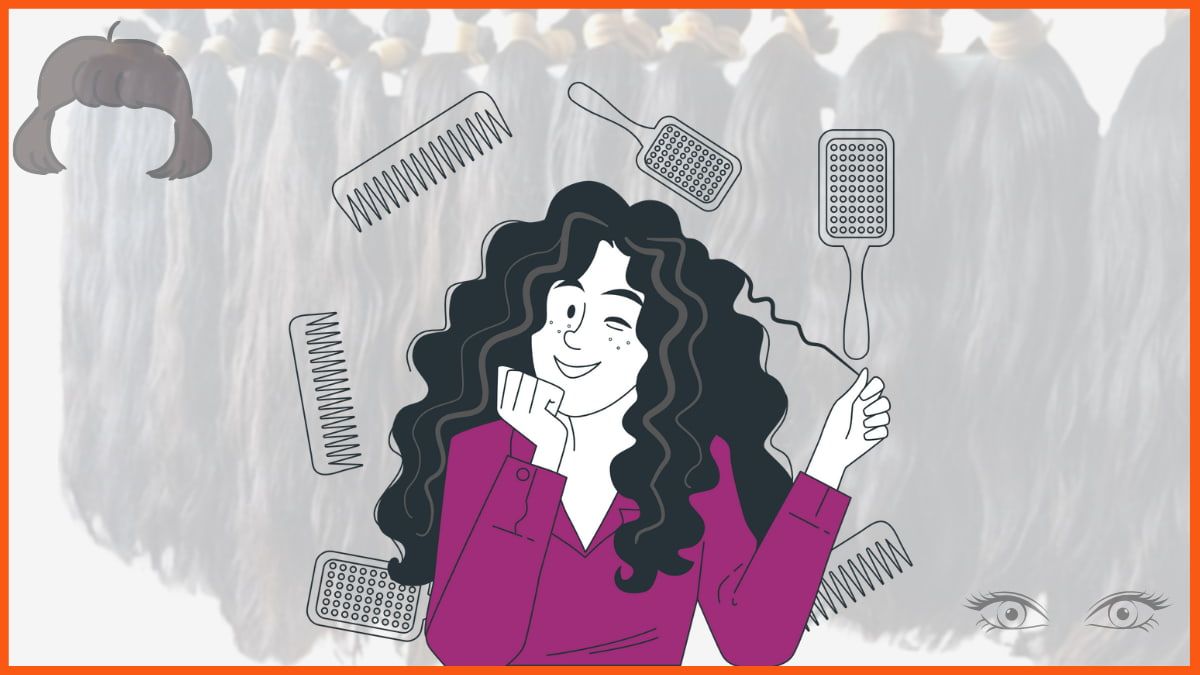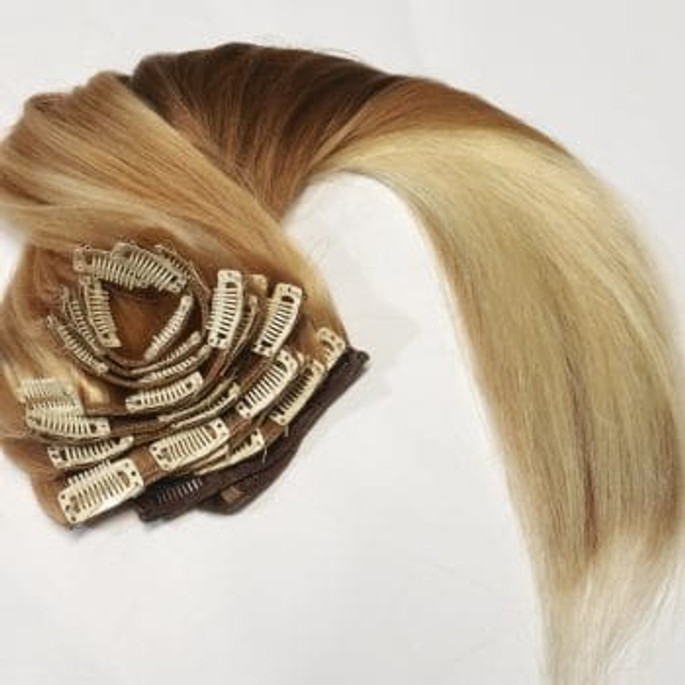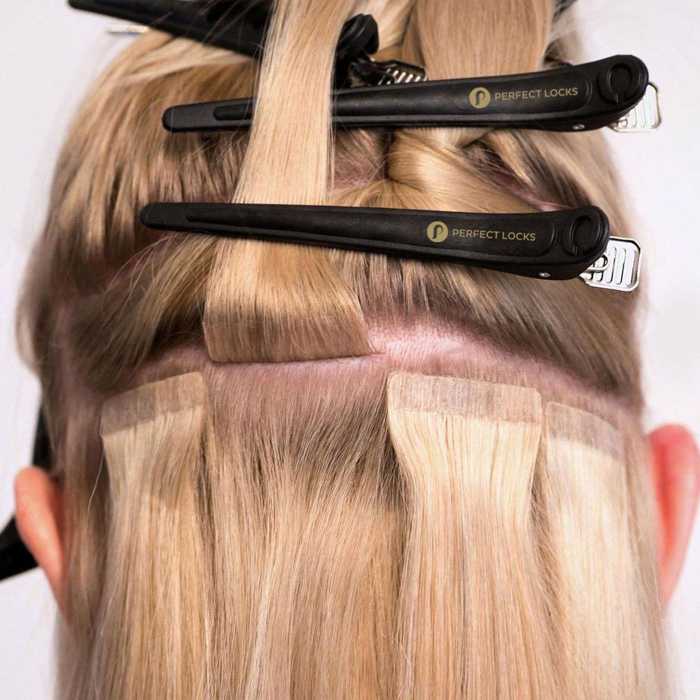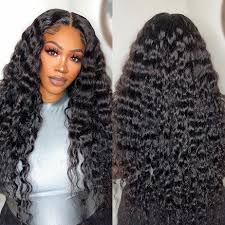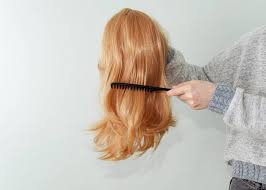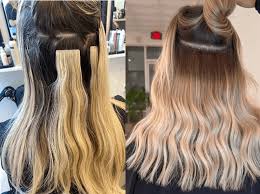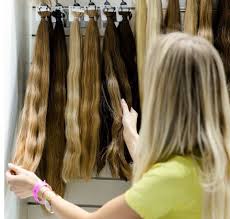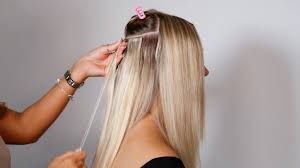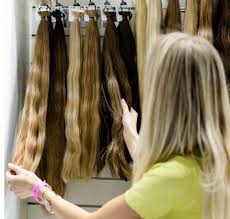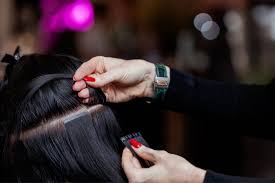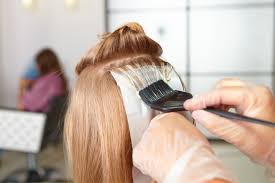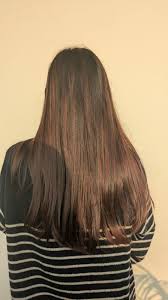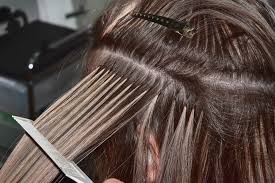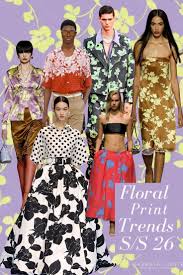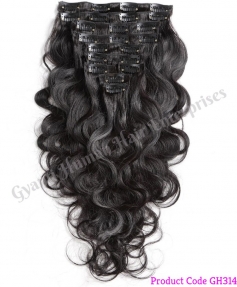✨ How to Identify High-Quality Human Hair: A Buyer’s Guide
Let’s face it — buying human hair can be confusing.
Whether you’re shopping for extensions, a full wig, or bundles for a sew-in, you’ll hear words like “Remy,” “virgin,” “double drawn,” and “grade 12A” tossed around. But what do they really mean? And more importantly, how can you tell if the hair you’re buying is actually worth the investment?
This guide will walk you through everything you need to know about identifying high-quality human hair — with tips, real-life tests, and red flags to avoid. Whether you're a beginner or a seasoned wig lover, this is the knowledge that will save your wallet and your crown.
🔠Why Hair Quality Matters
High-quality hair doesn’t just look better — it lasts longer, styles better, and blends more seamlessly with your natural hair. Poor-quality hair, on the other hand, tangles easily, sheds everywhere, and loses its luster after just a few washes.
If you’re spending your hard-earned money on human hair, you deserve premium quality. Let’s break down how to find it.
🧬 Understanding Hair Types: What’s on the Market?
Before we dive into spotting quality, you need to understand the types of human hair commonly sold:
1. Virgin Hair
Hair that has never been chemically processed. No perms, no dyes, no relaxers. It's usually softer, longer-lasting, and more expensive.
2. Remy Hair
This hair has been collected with cuticles intact and aligned in one direction, minimizing tangling and increasing longevity. Remy hair can still be dyed or styled but tends to behave like real, natural hair.
3. Non-Remy Hair
The cuticles are not aligned, and often, the hair is chemically treated to mask damage. It's usually cheaper but won’t last long.
🧪 How to Test for High-Quality Human Hair
Here’s how you can physically test the quality of the hair — right at home or in the store.
✅ 1. The Cuticle Test
Run your fingers up and down a strand. If the cuticles are aligned, you’ll feel resistance going against the strand’s natural direction. That’s a good sign.
If the hair feels too smooth in both directions, the cuticle may have been stripped with acid. This means the hair won’t last long and is prone to tangling.
✅ 2. The Burn Test
Take a few strands and carefully burn them (do this safely!). Real human hair will:
Synthetic hair, however:
✅ 3. The Tangle Test
Run a wide-tooth comb or fingers through the bundle. High-quality hair should glide easily with minimal tangling.
If it snags a lot or sheds excessively? It’s likely low-grade or mixed with synthetic fibers.
✅ 4. The Water Test
Soak the hair in water. Real, high-quality hair will absorb water, darken slightly, and retain its curl or wave pattern. Processed or synthetic hair might float or turn frizzy and stiff.
✅ 5. The Bleach or Dye Test
Only try this if you're okay experimenting with a small sample.
-
Virgin hair should lift color gradually and evenly.
-
Processed hair may turn brassy or patchy, revealing its synthetic coatings.
🧼 Hair Quality Red Flags
Here are some warning signs the hair may be poor quality:
-
Too shiny (often coated with silicone to fake a healthy appearance)
-
Strong chemical smell (leftover from processing)
-
Split ends or inconsistent lengths
-
Matted, tangled base at the weft
-
Unnatural color tones that don’t match real human hair
📦 Check the Packaging and Source
Quality hair often comes from reputable sellers that provide:
-
Transparent sourcing info (donor region, whether it’s virgin or Remy)
-
Clear return policies
-
Proper packaging (sealed bundles, protective netting)
Cheap hair often arrives stuffed in plastic with no labeling, care instructions, or brand identity.
🧑🔬 What Does "Grade 10A, 12A, 15A" Even Mean?
Hair vendors use a grading system — usually from 6A to 15A — but here’s the catch: there’s no global standard. These grades are marketing terms, and what one company calls "12A" might be "8A" elsewhere.
Focus more on:
-
Whether the hair is single or double drawn
-
Density and thickness from top to ends
-
Whether it passes the cuticle alignment and tangling tests
✨ What Makes Hair Truly “Premium”?
To sum it up, premium human hair will have:
| Feature |
Description |
| ✅ Cuticle-aligned |
For smoothness and tangle resistance |
| ✅ Virgin state |
No chemicals or dyes |
| ✅ Thick ends |
Not wispy or thinning |
| ✅ Consistent texture |
Straight, wavy, or curly — without irregularities |
| ✅ Minimal shedding |
Well-constructed wefts |
ðŸ’‡â™€ï¸ Texture Types: What's Best for You?
-
Brazilian: Soft, durable, holds curls well
-
Peruvian: Lightweight, natural luster, blends well with fine hair
-
Malaysian: Silky, high shine, frizz-resistant
-
Indian: Natural wave, dense, great for volume lovers
Choose the one that matches your natural texture or your styling preferences.
💡 Tips for Buying Human Hair Online
-
Look for customer photos and reviews
-
Ask for raw footage or live videos of the bundles
-
Request a sample before investing in full bundles or a wig
-
Check the return policy — good brands offer returns or exchanges
💬 Real Buyer Experience: What Makes the Difference?
Kendra, 34, New York
“I used to grab hair off beauty store shelves, but it never lasted. Once I learned about Remy and cuticle alignment, I started buying from verified vendors only — now my bundles last a full year and still look fresh.”
Jaylen, 28, Atlanta
“I’m a stylist, and I test every batch with a burn and bleach test. You’d be shocked how much '100% human hair' is mixed with plastic. Always test first — your clients will thank you.”
💰 High-Quality Hair: Is It Worth the Price?
Premium hair might cost more upfront, but it’s an investment:
If you're spending hundreds on hair over the year, switching to high-quality bundles may actually save you money.
🌟 Final Thoughts: Trust Your Eyes, Hands, and Gut
High-quality human hair looks natural, feels soft, and behaves like real hair because… it is. But because so many vendors market "human hair" that’s heavily processed or mixed with synthetics, it’s important to test before you trust.
So whether you're a wig lover, extension wearer, or stylist building your brand — remember:
When you know what to look for, you never have to settle.
Related Blog


